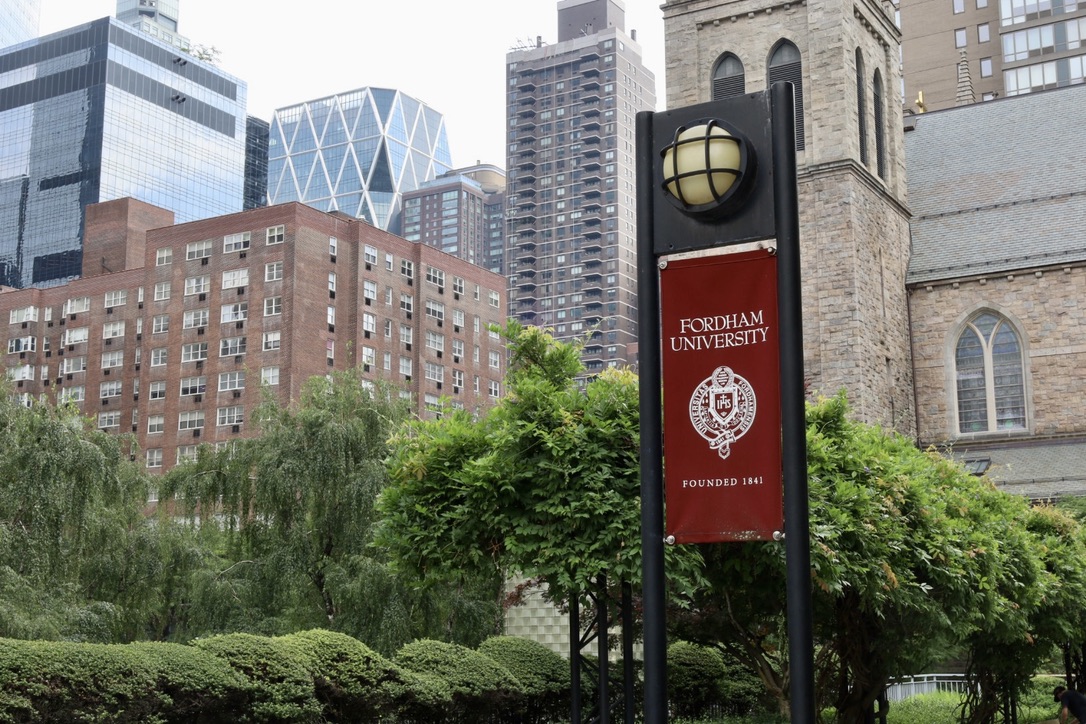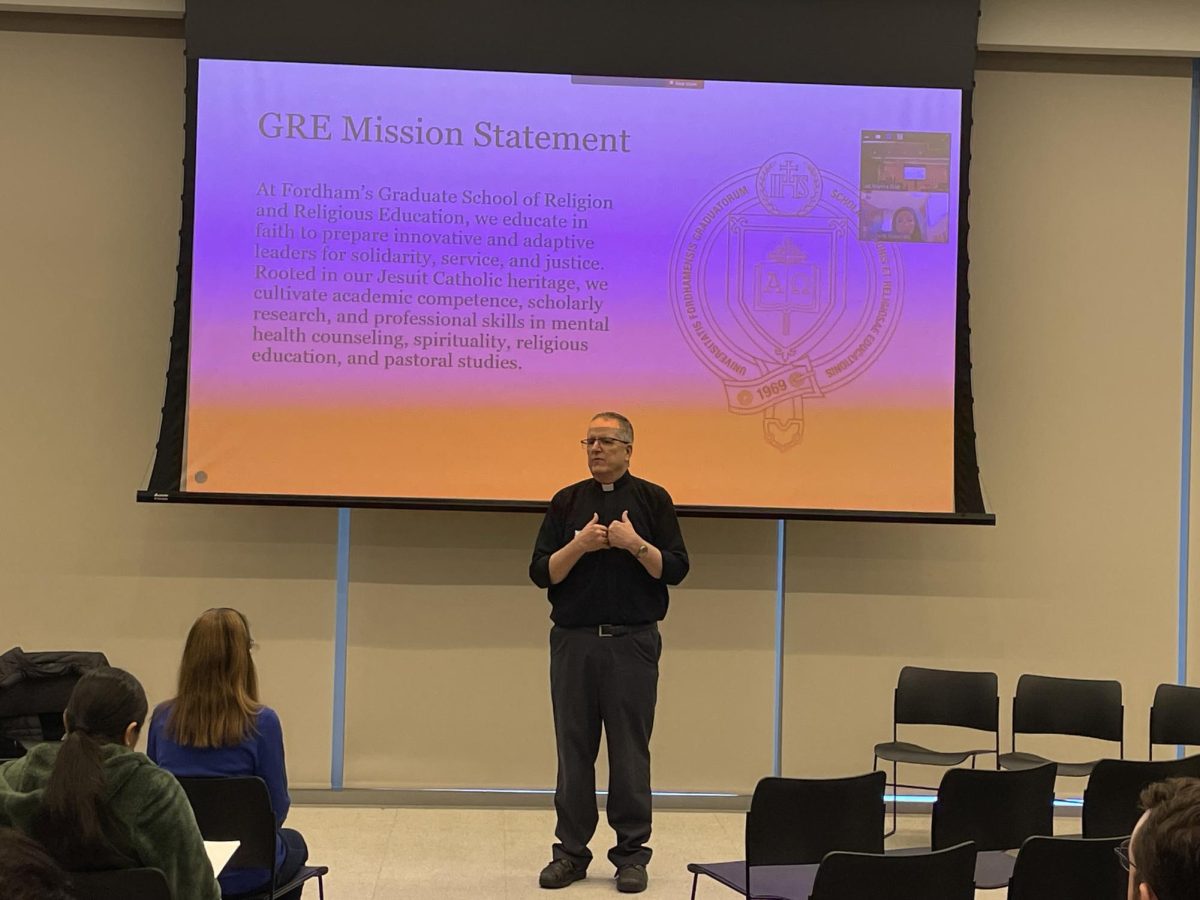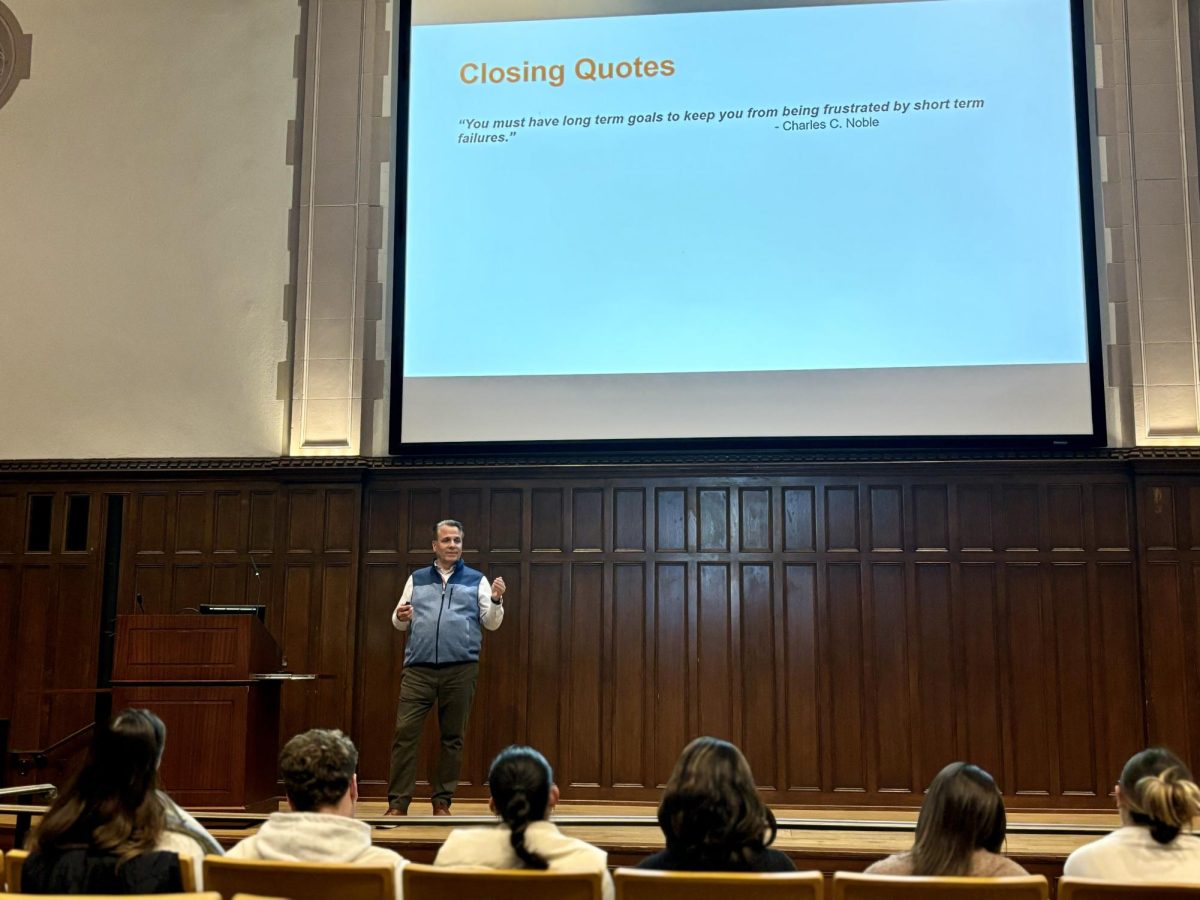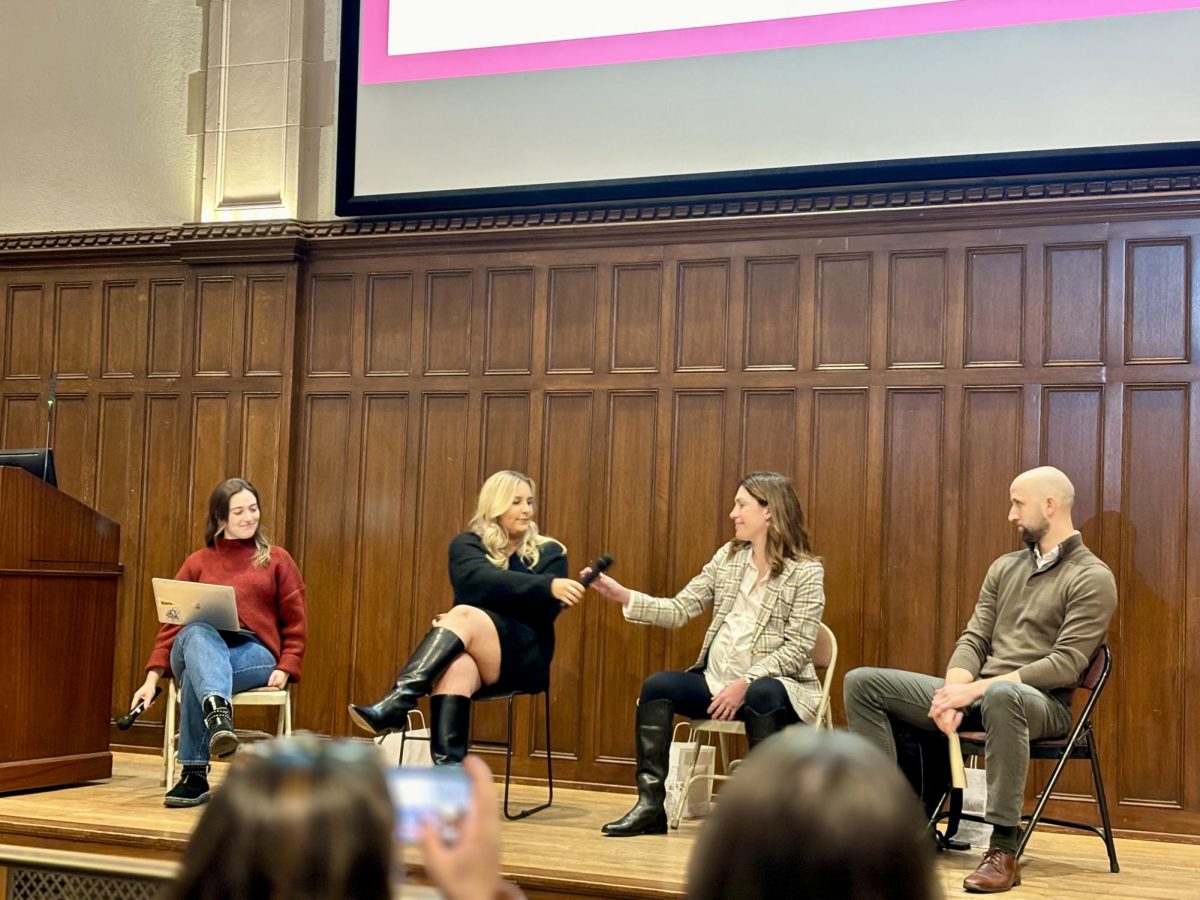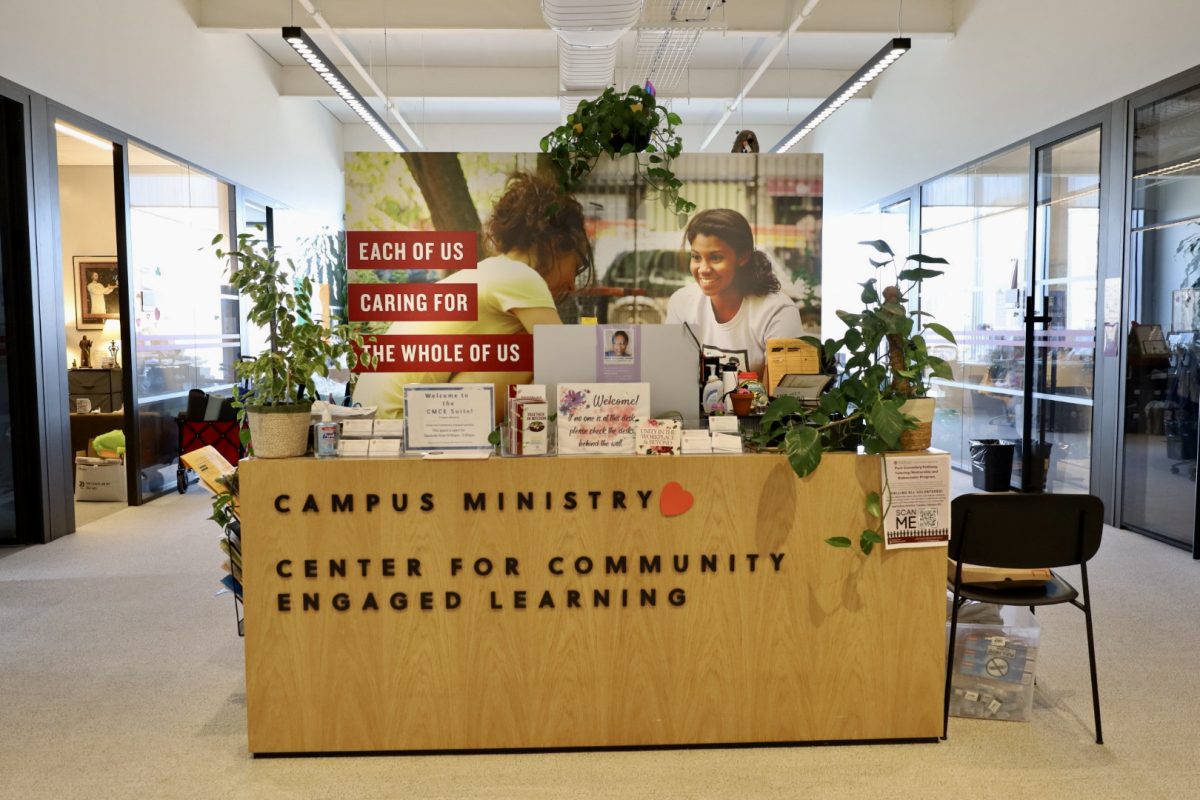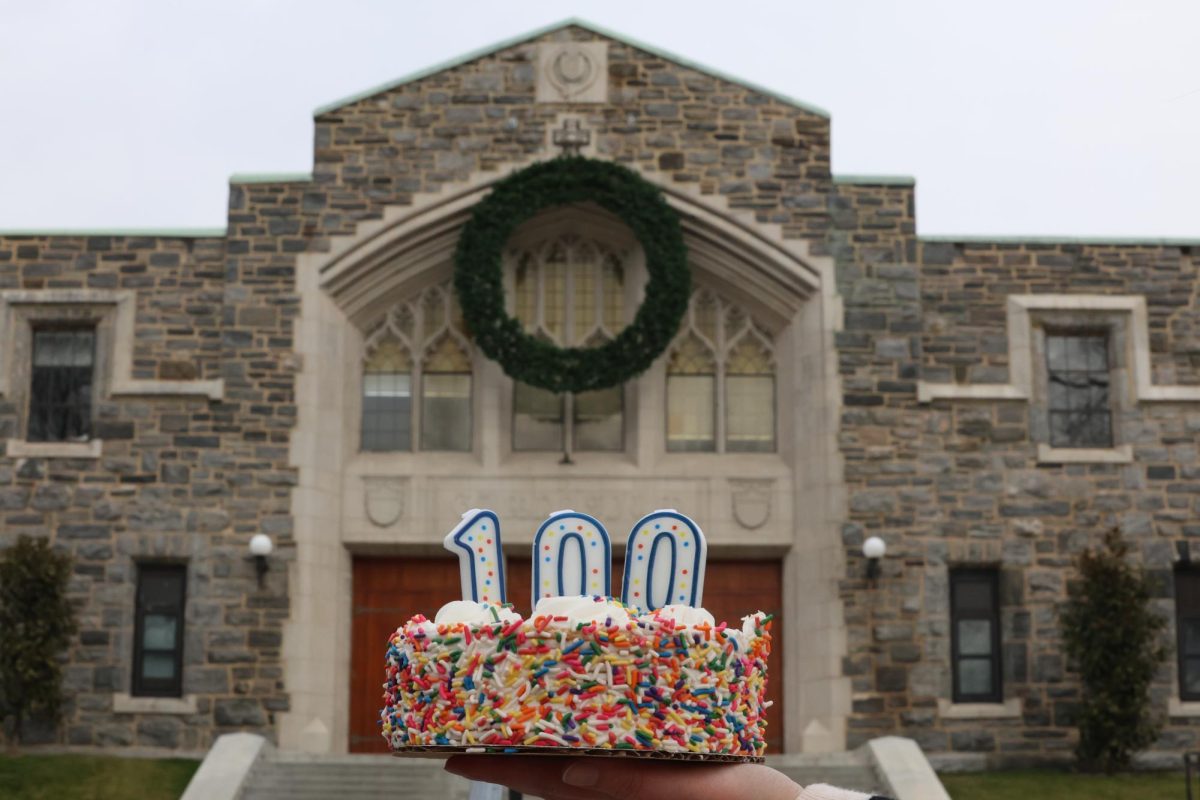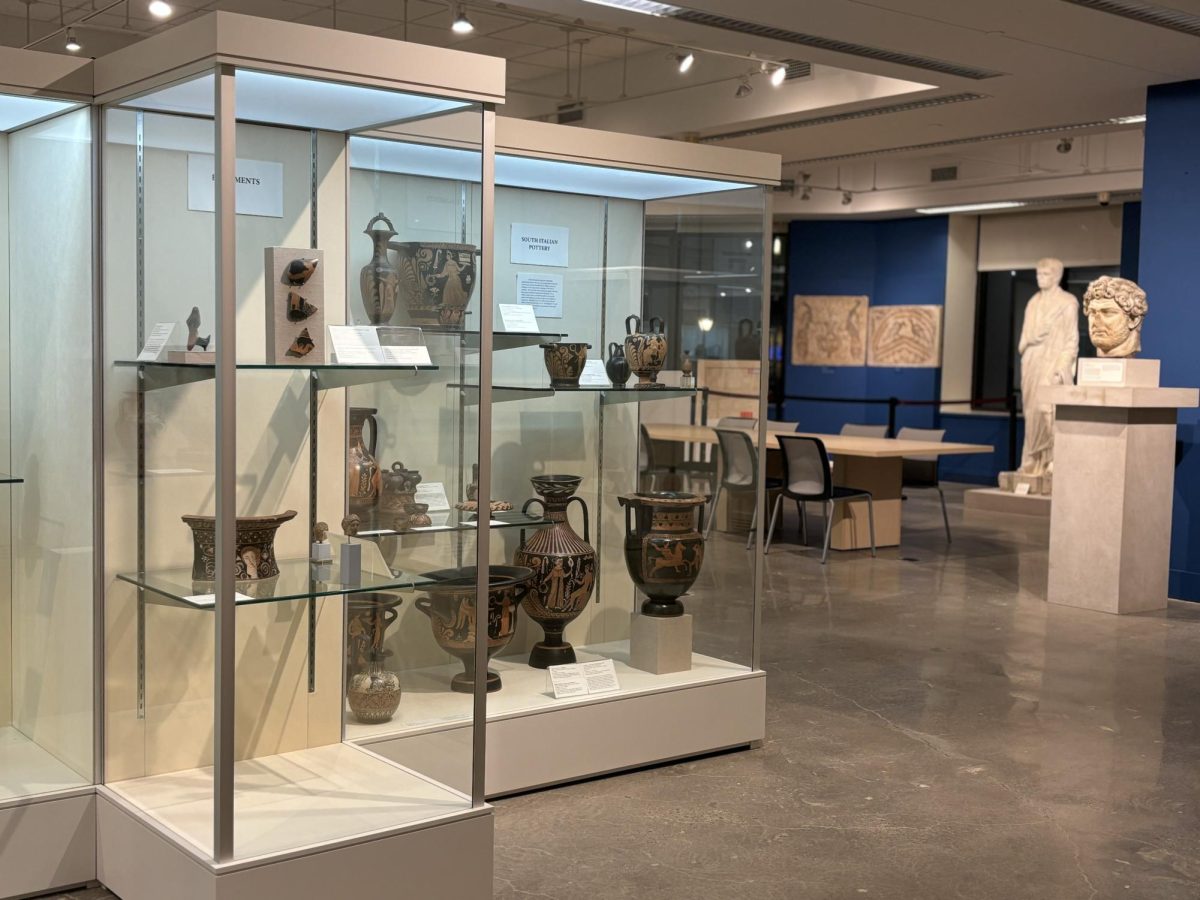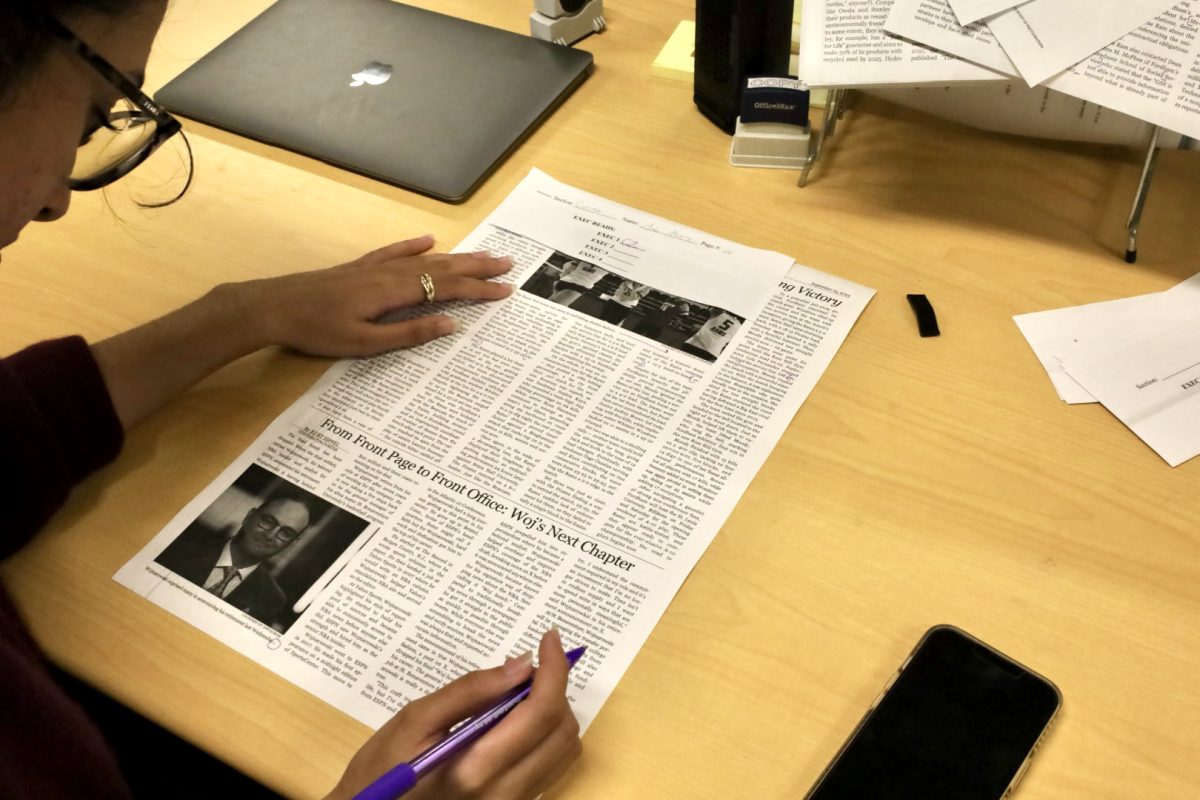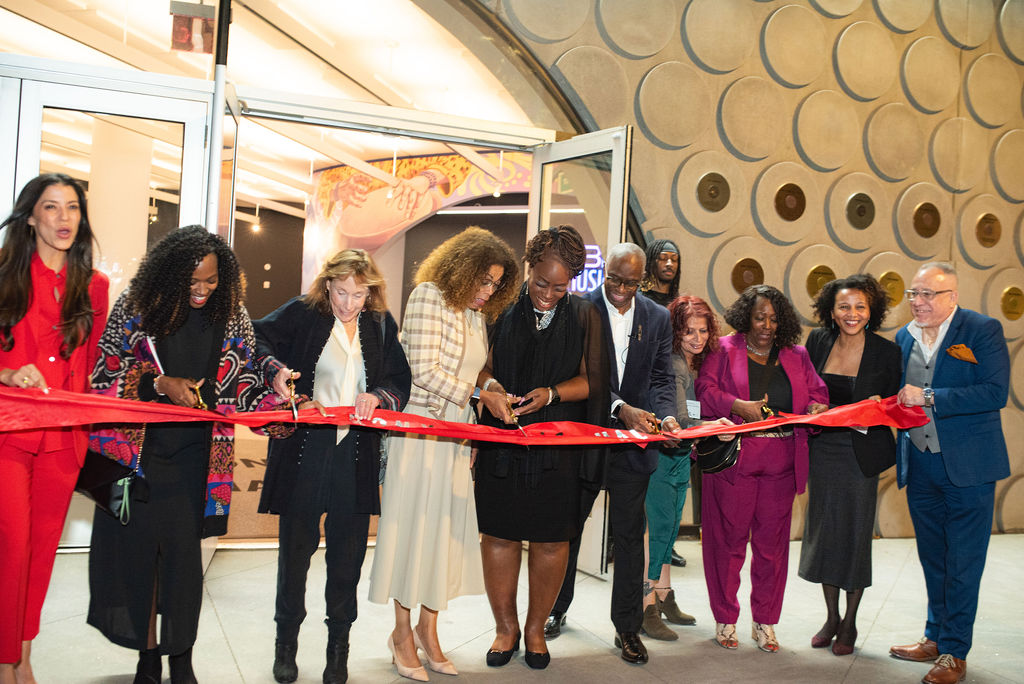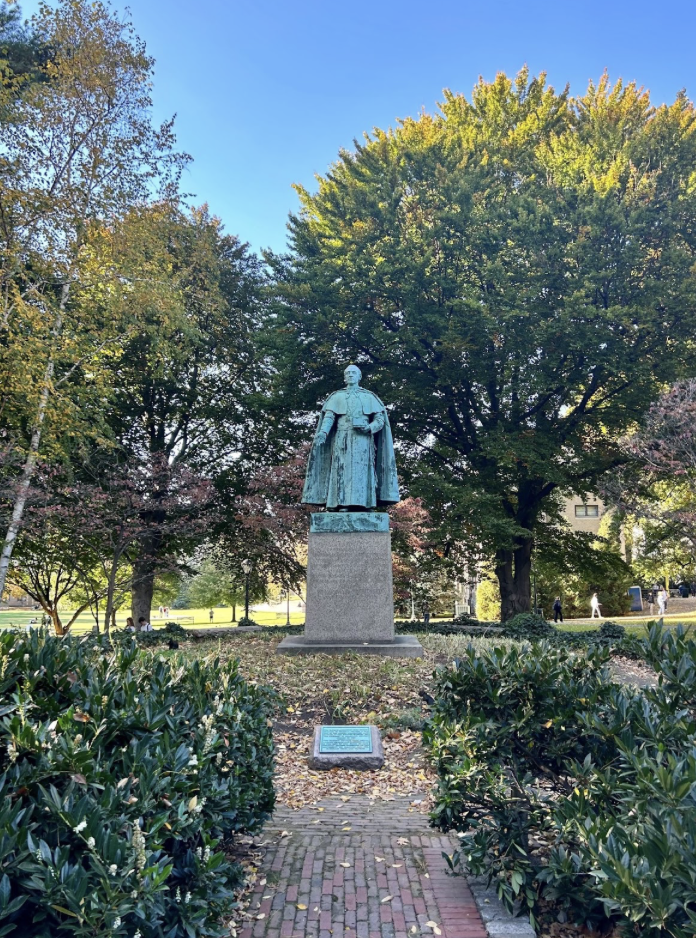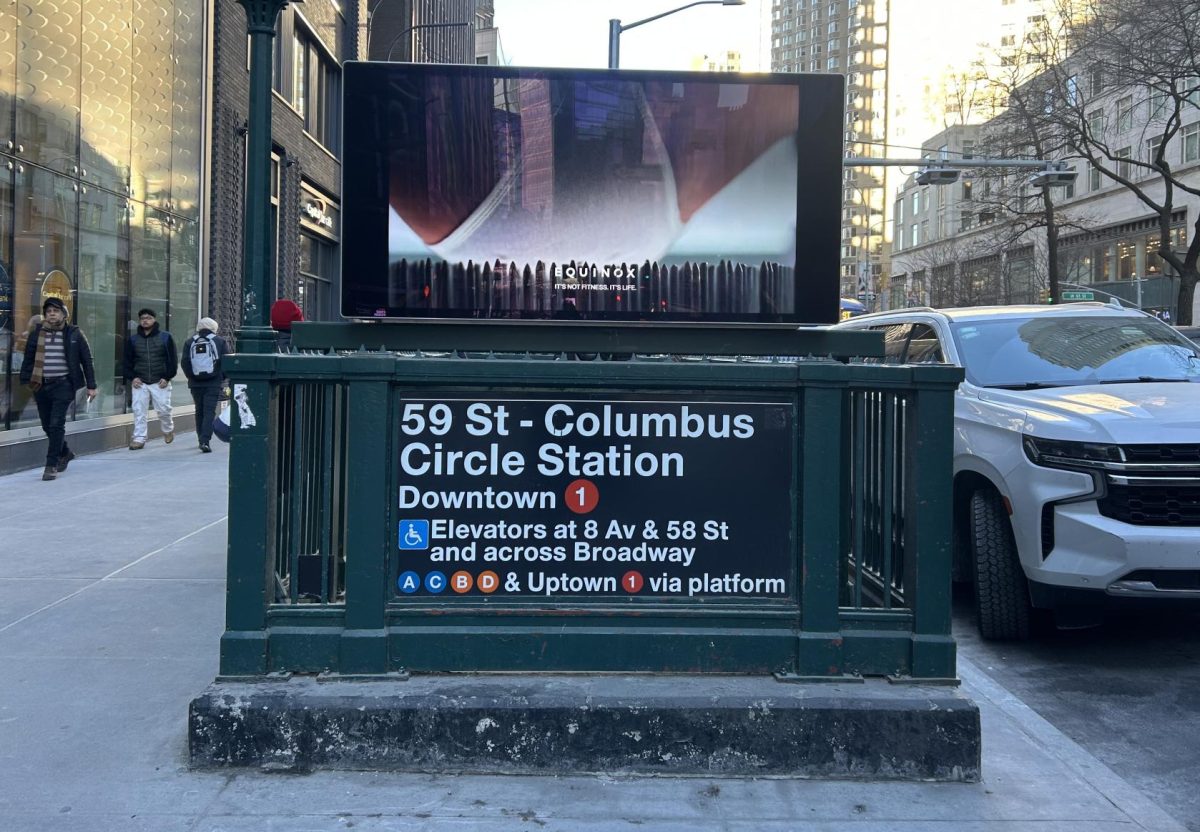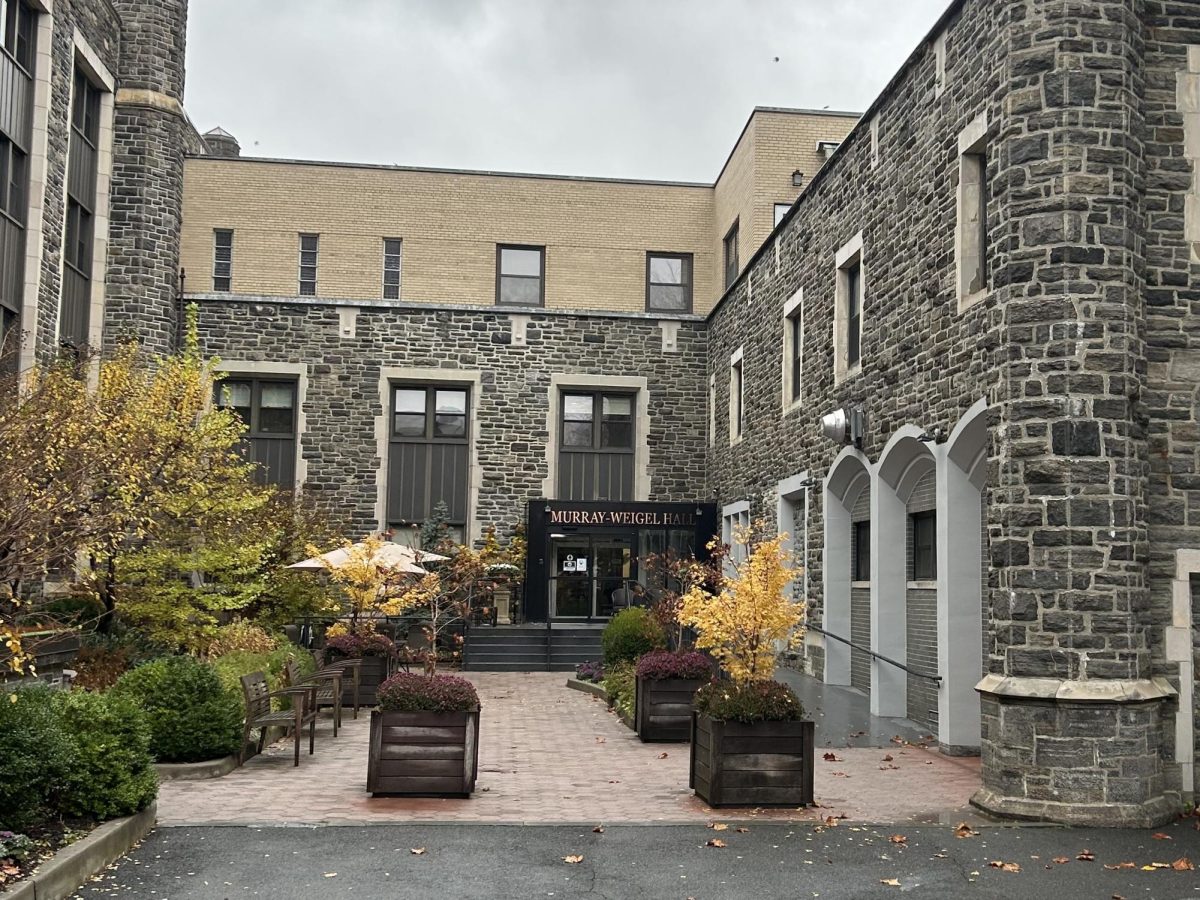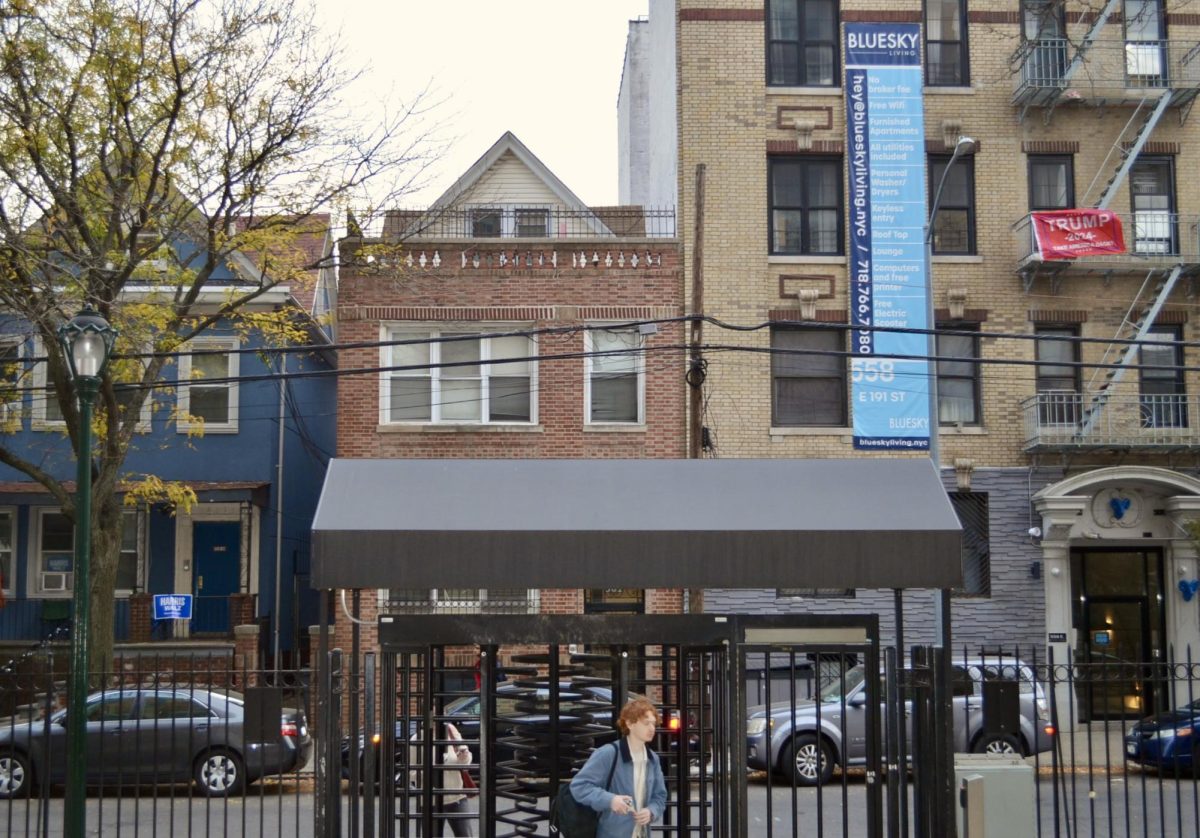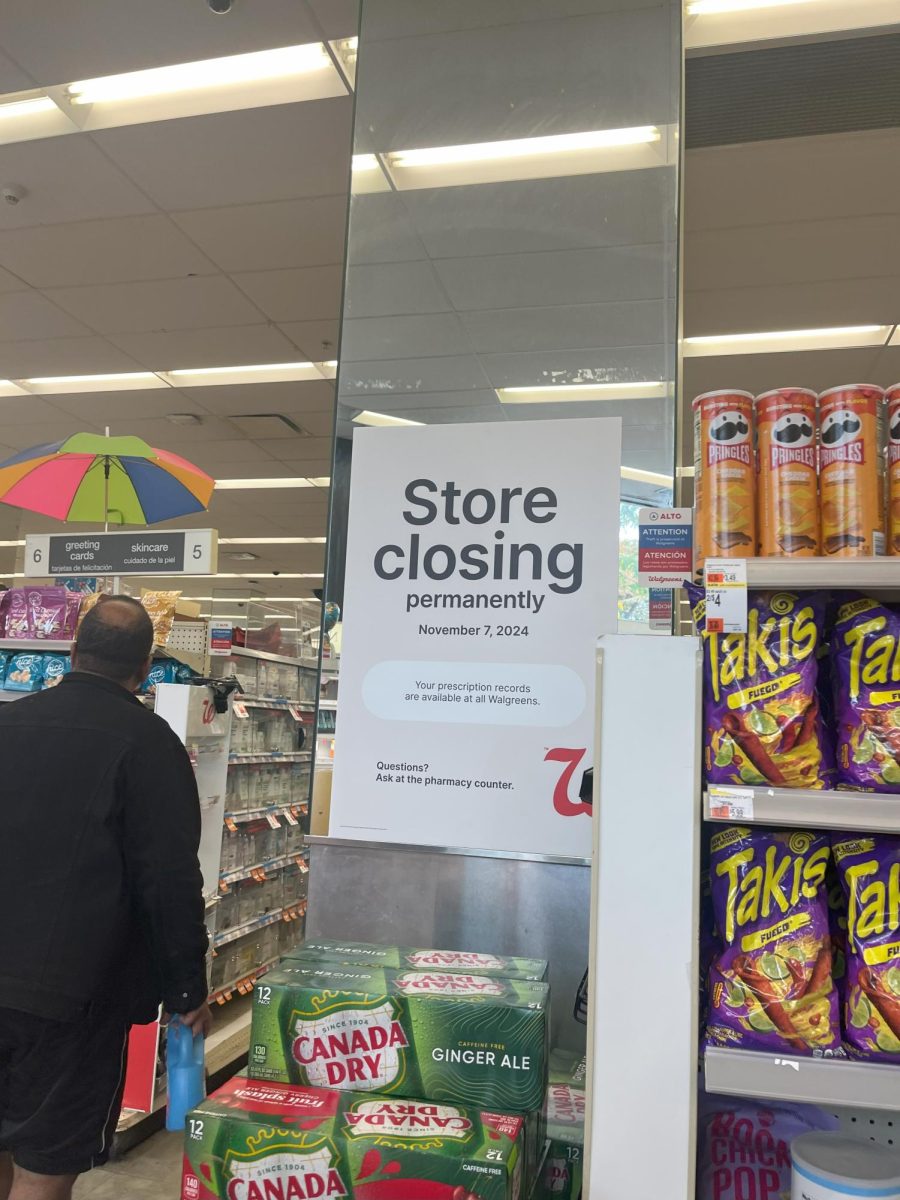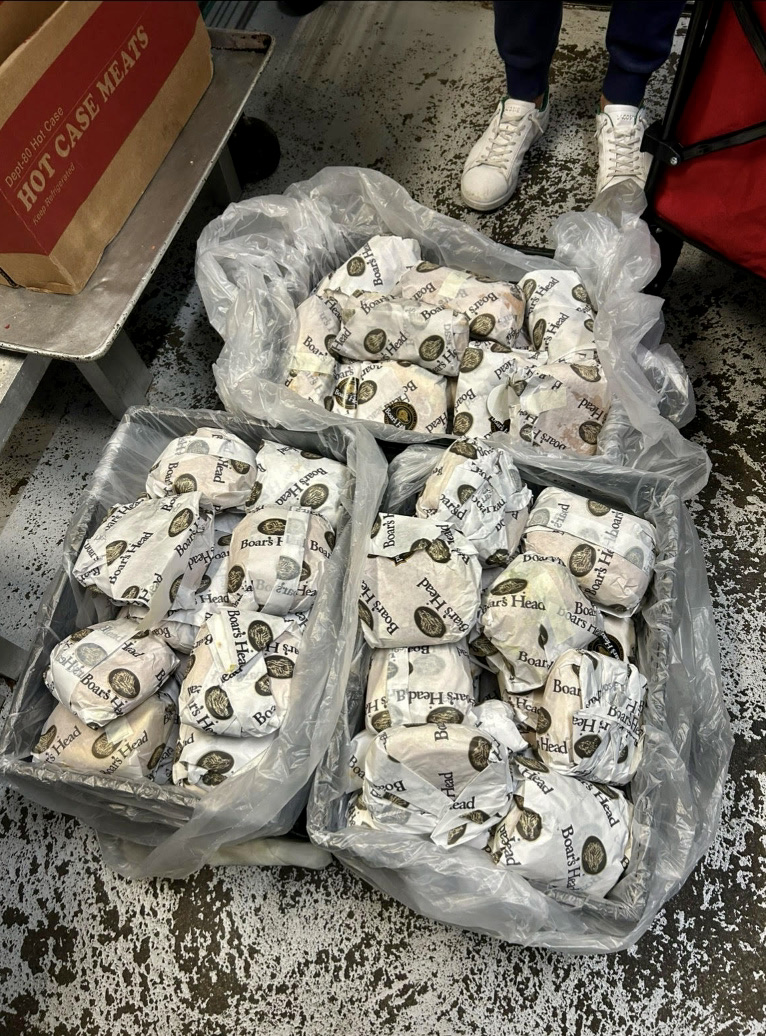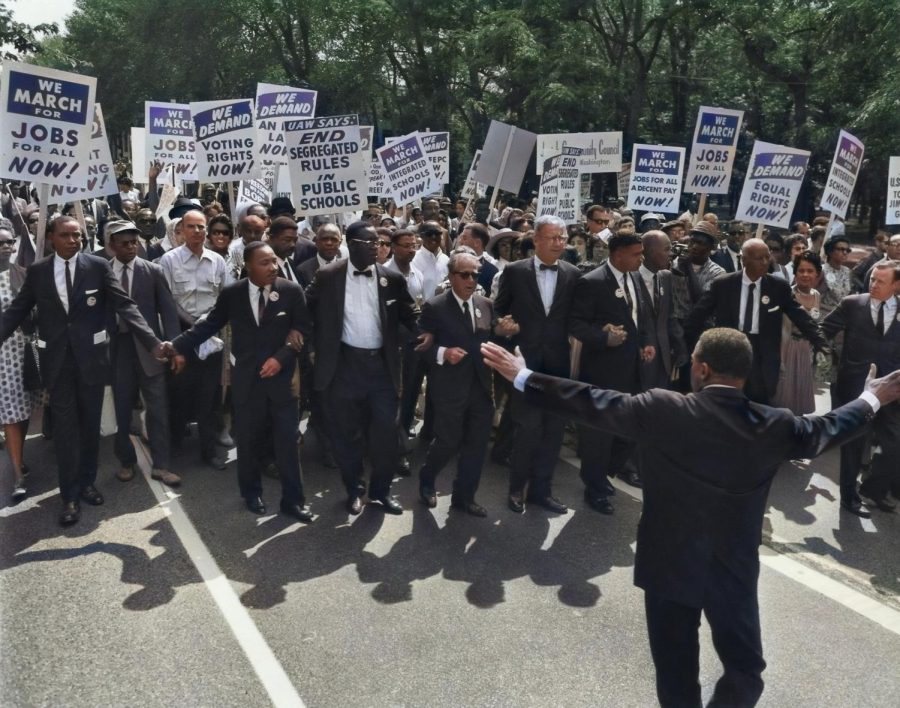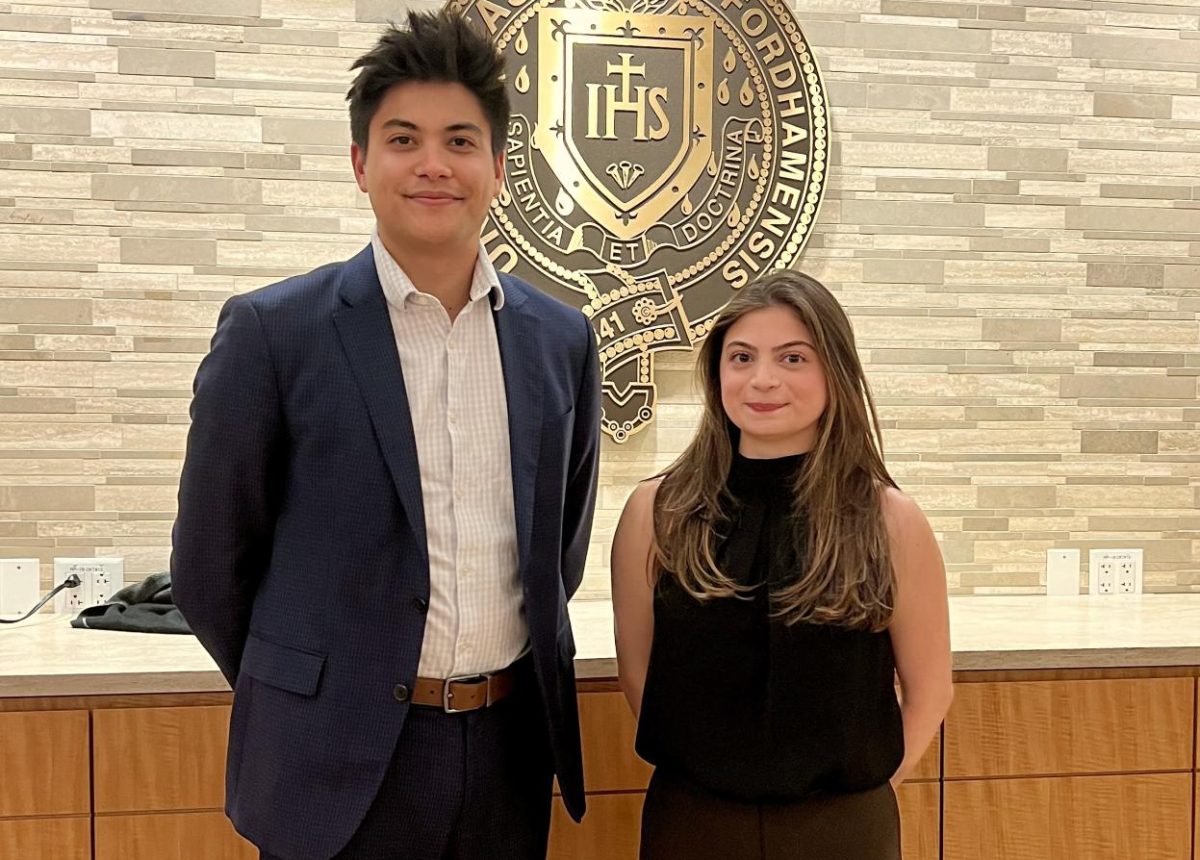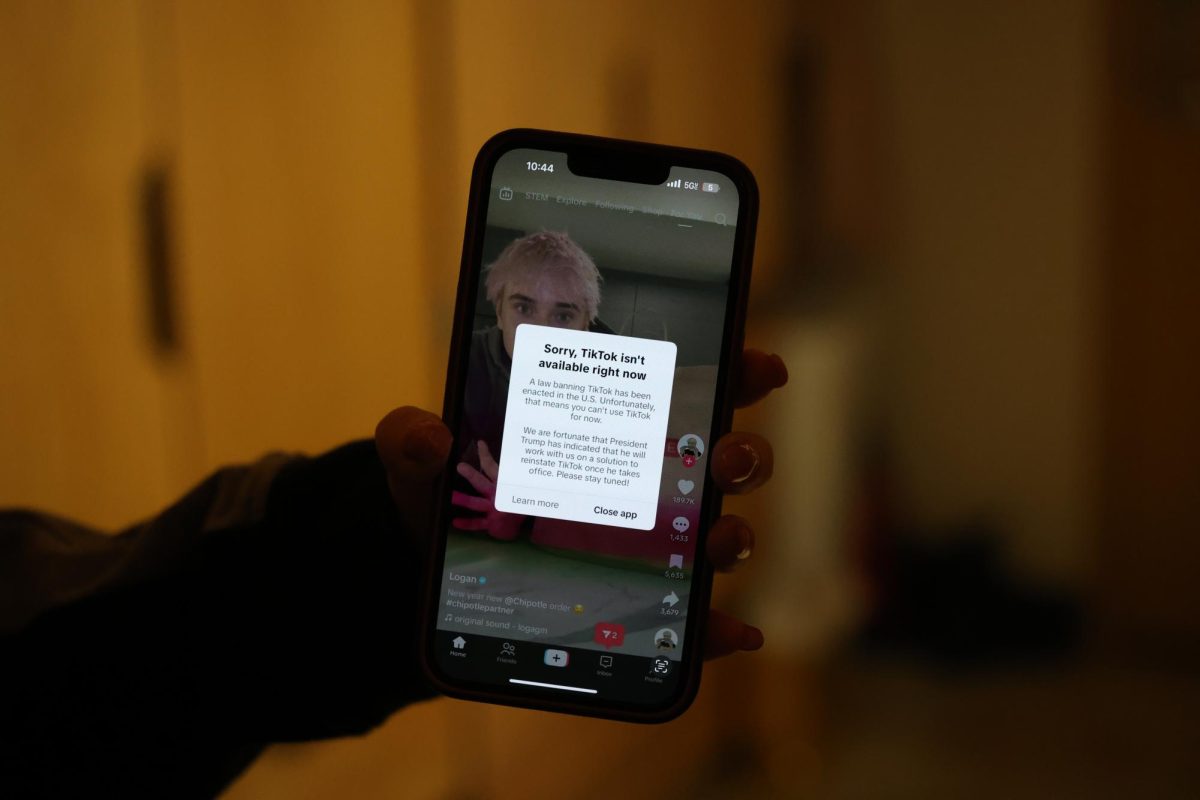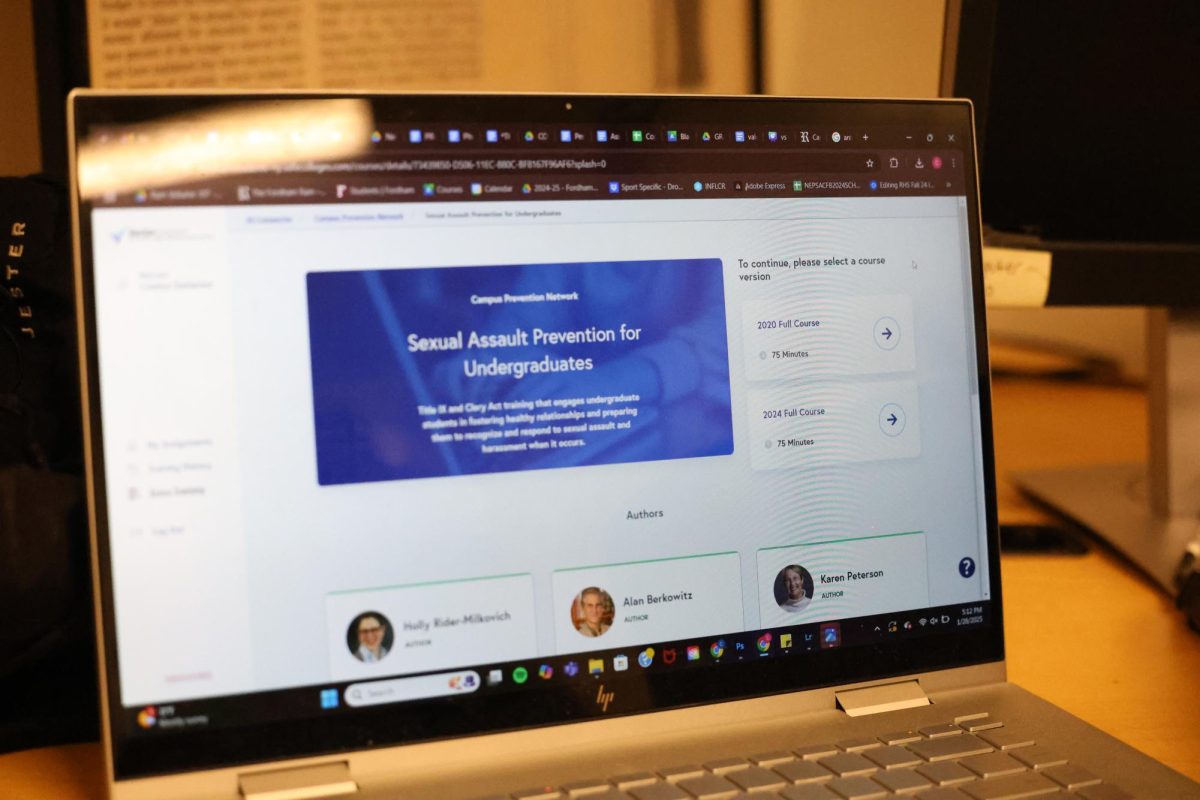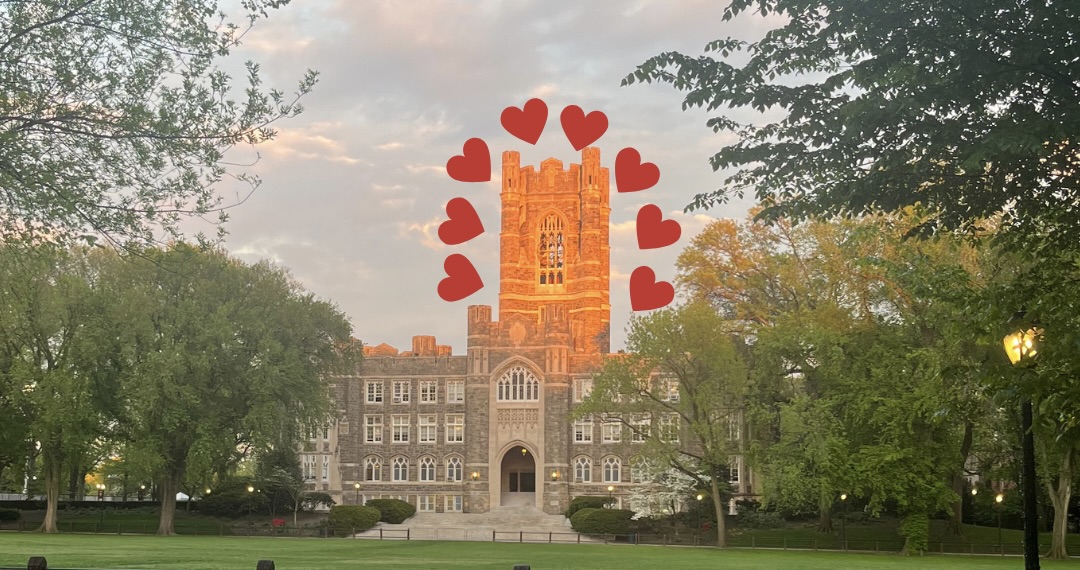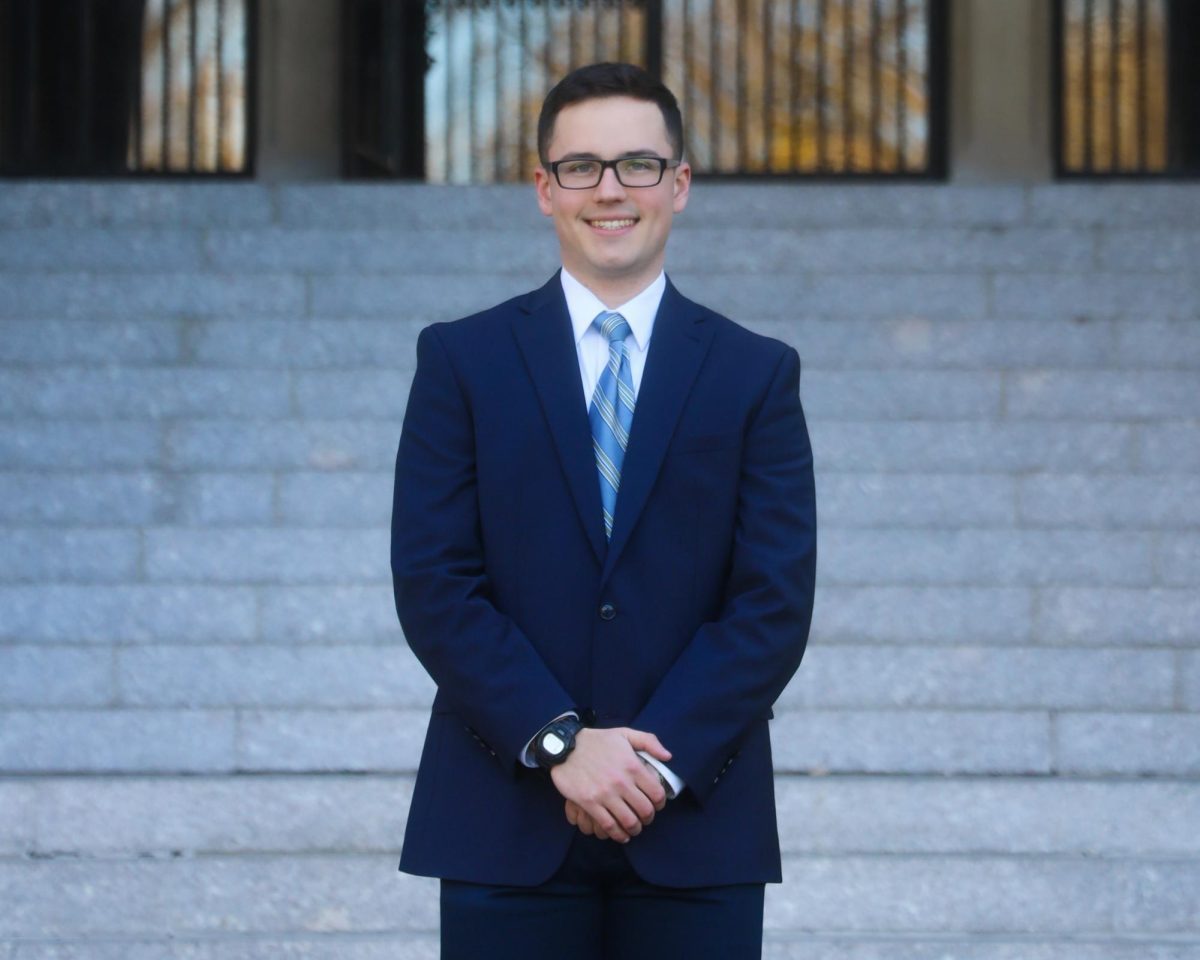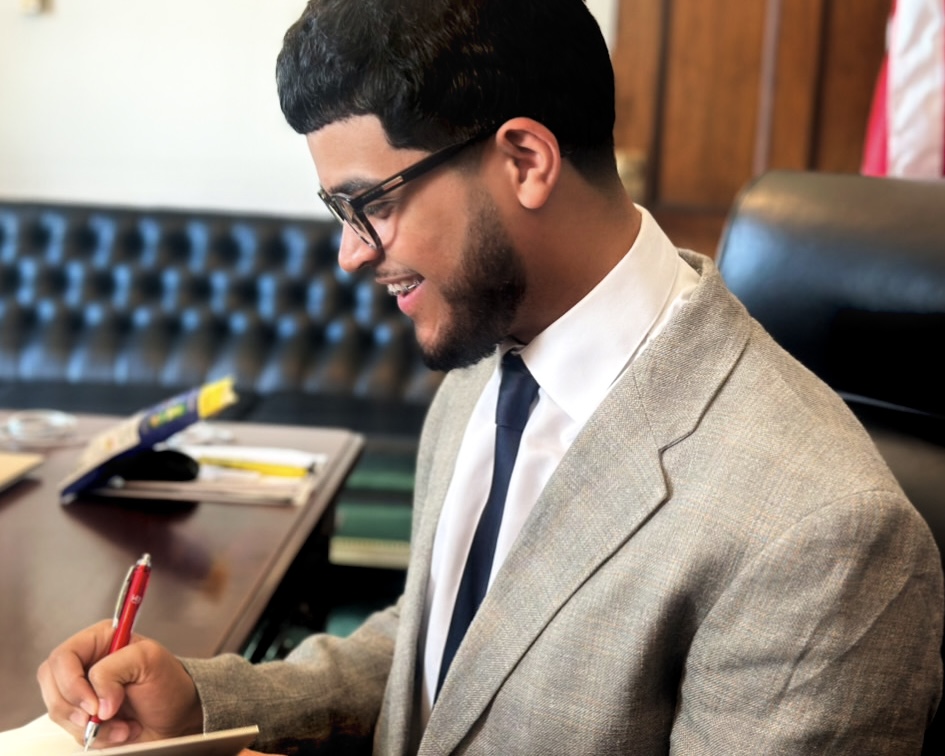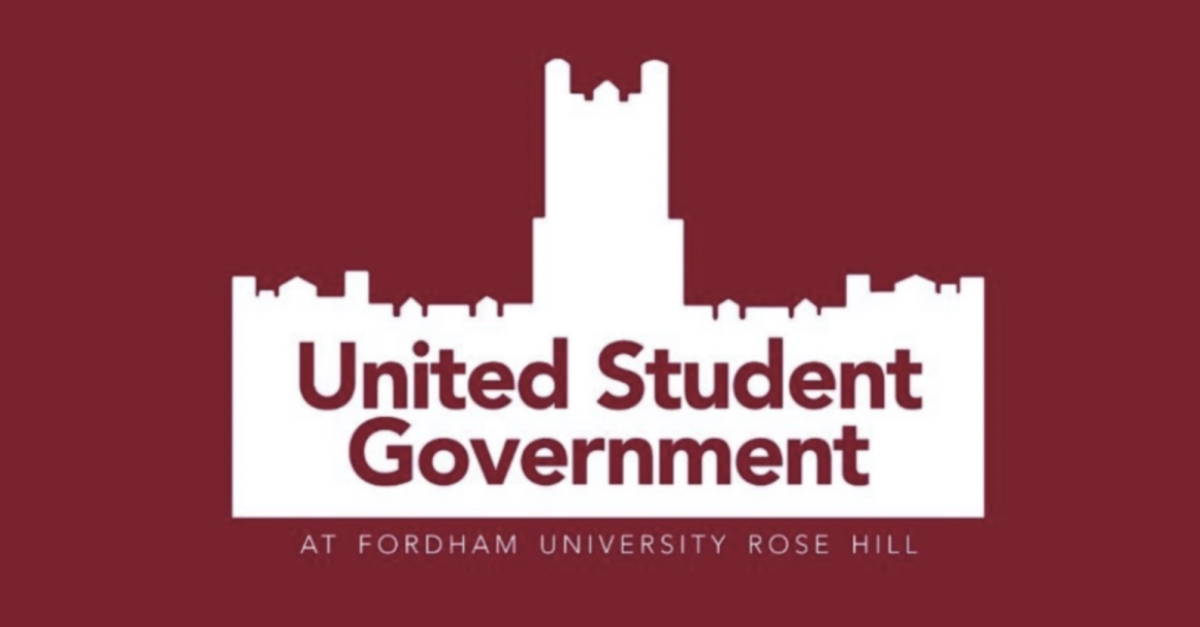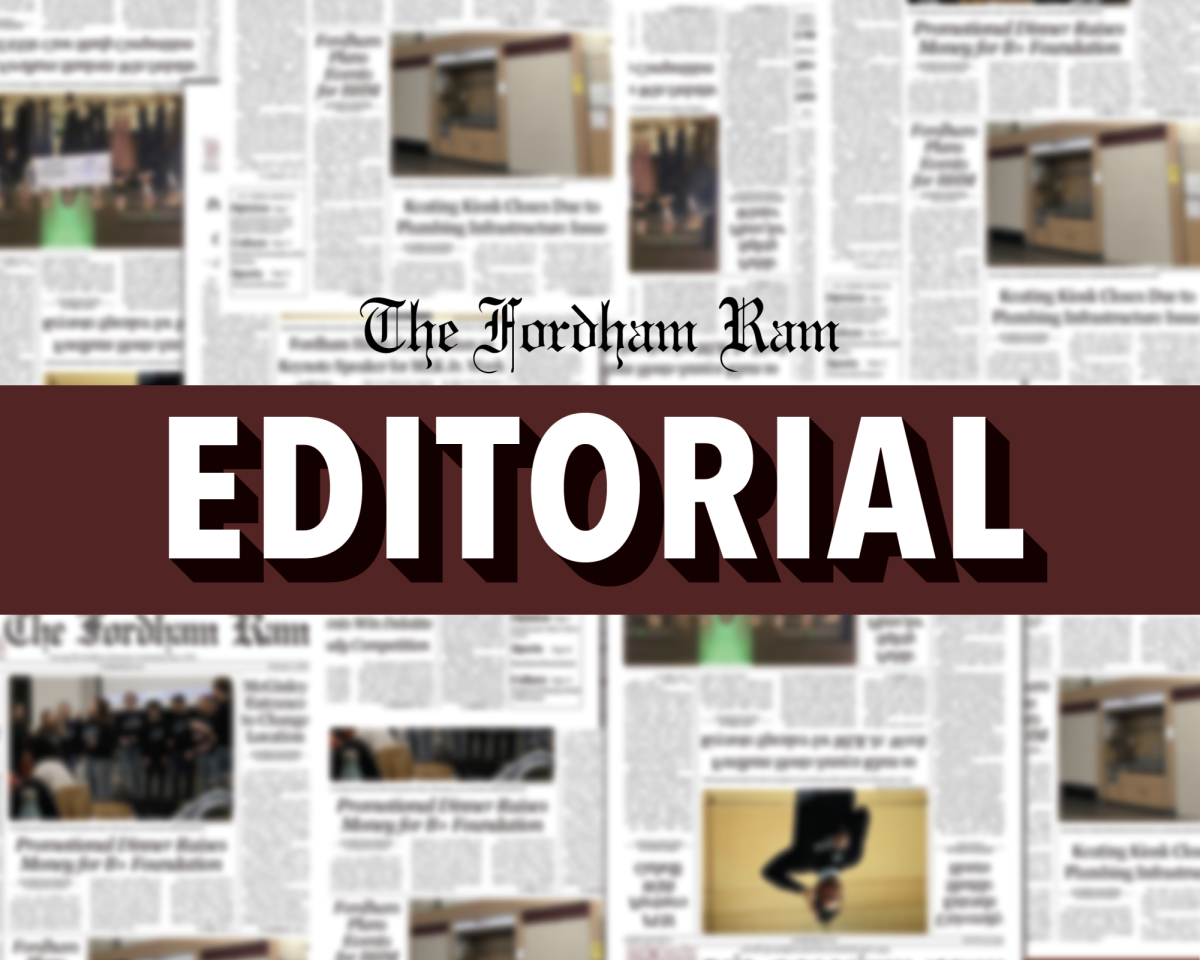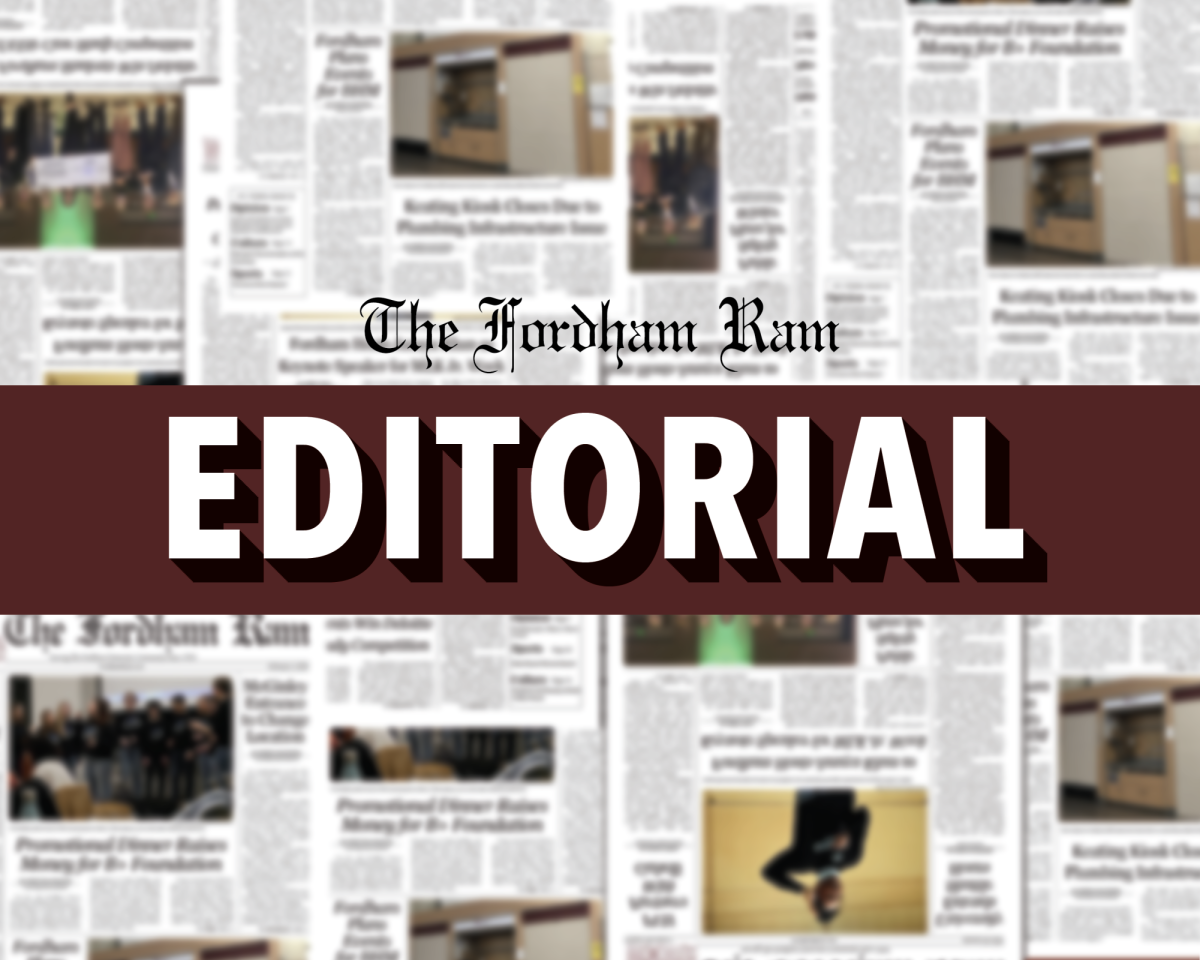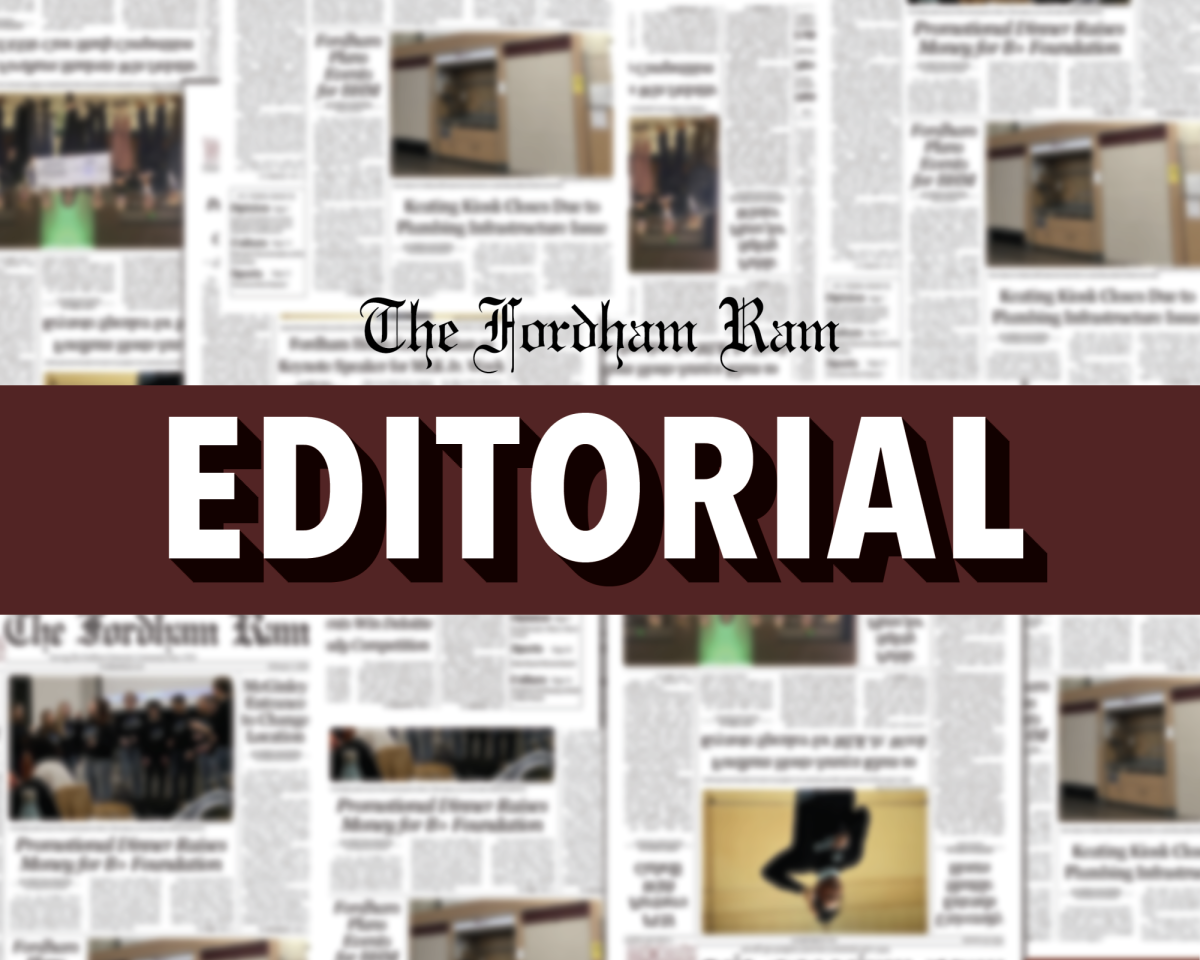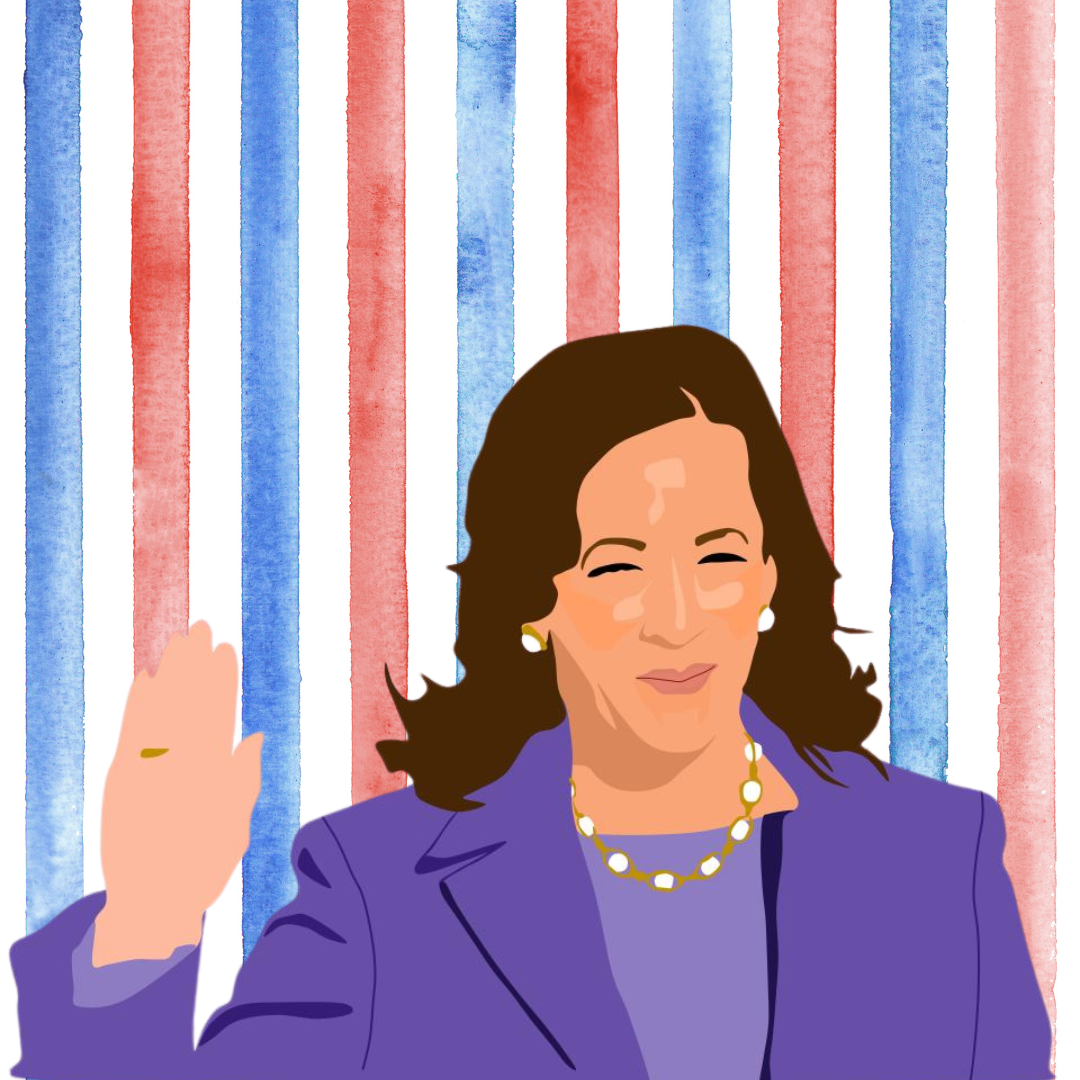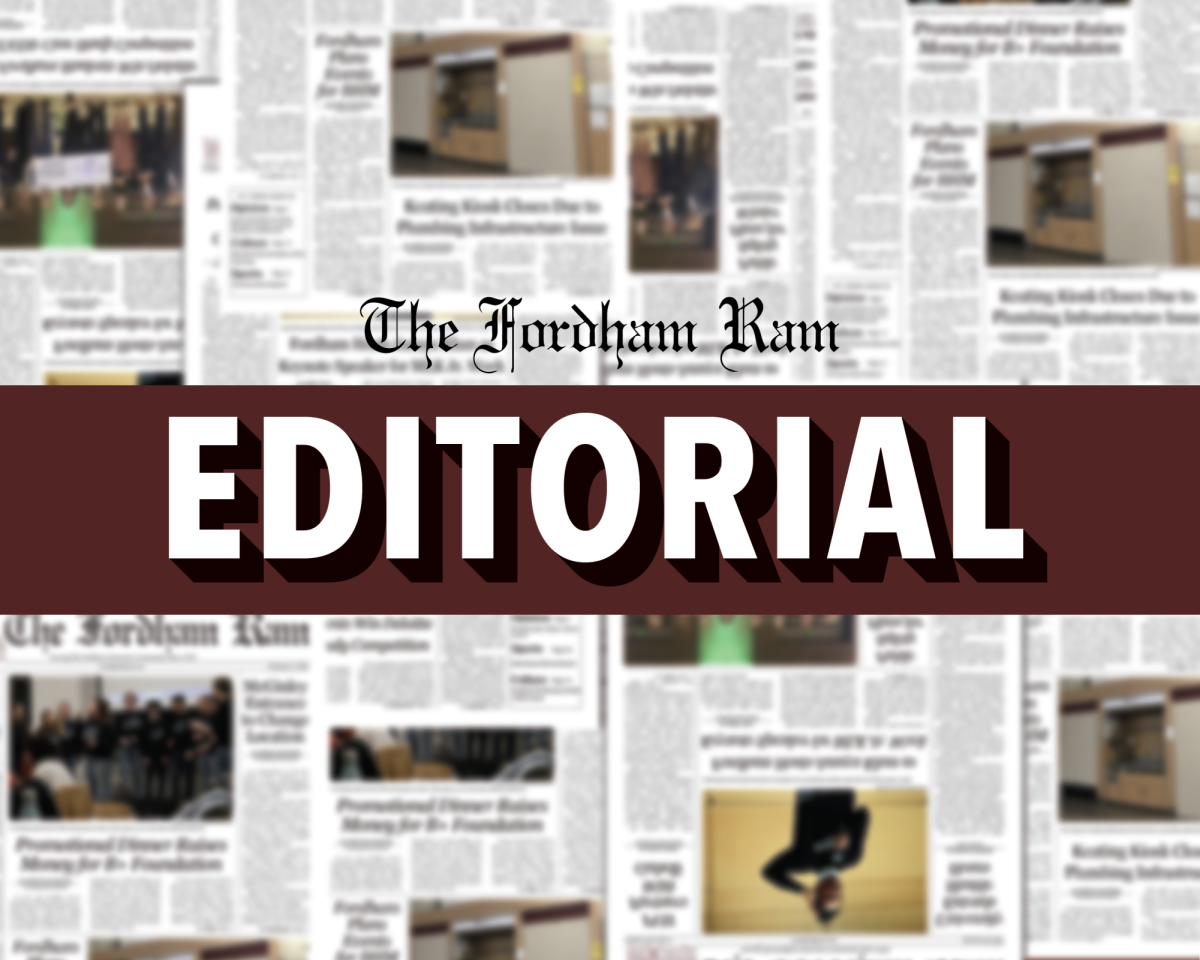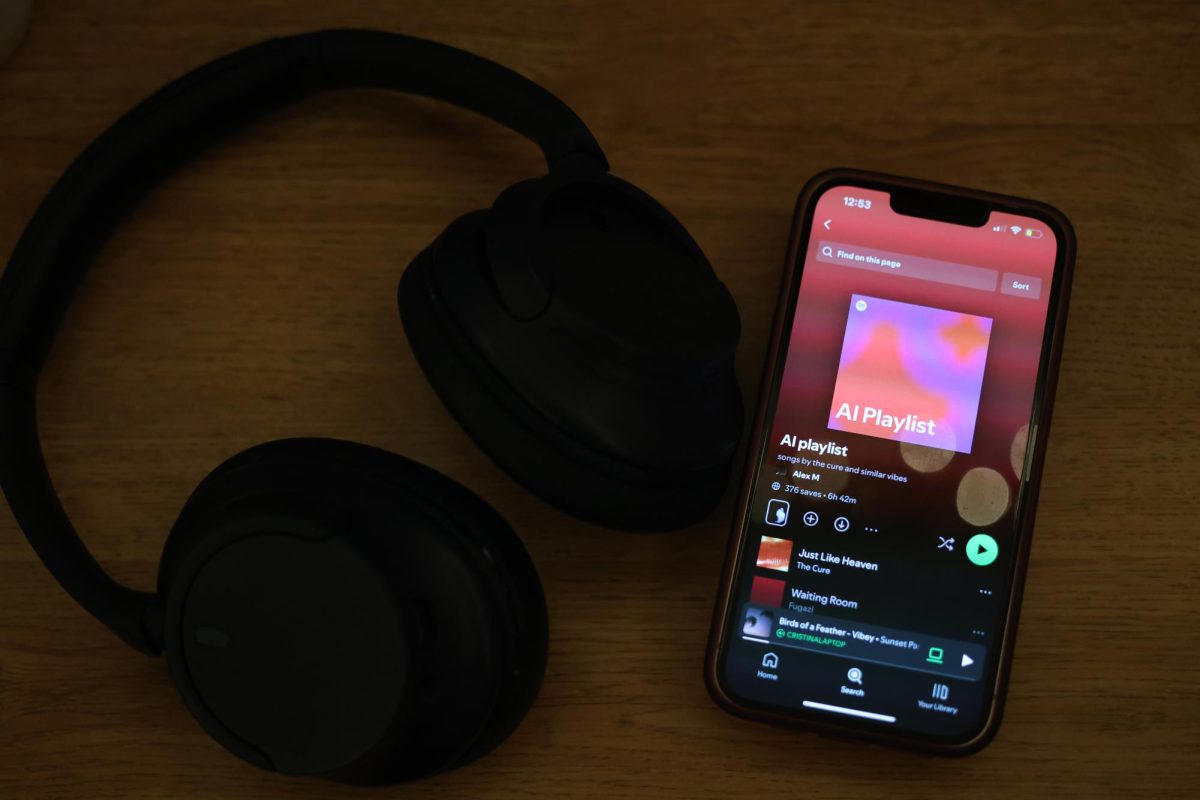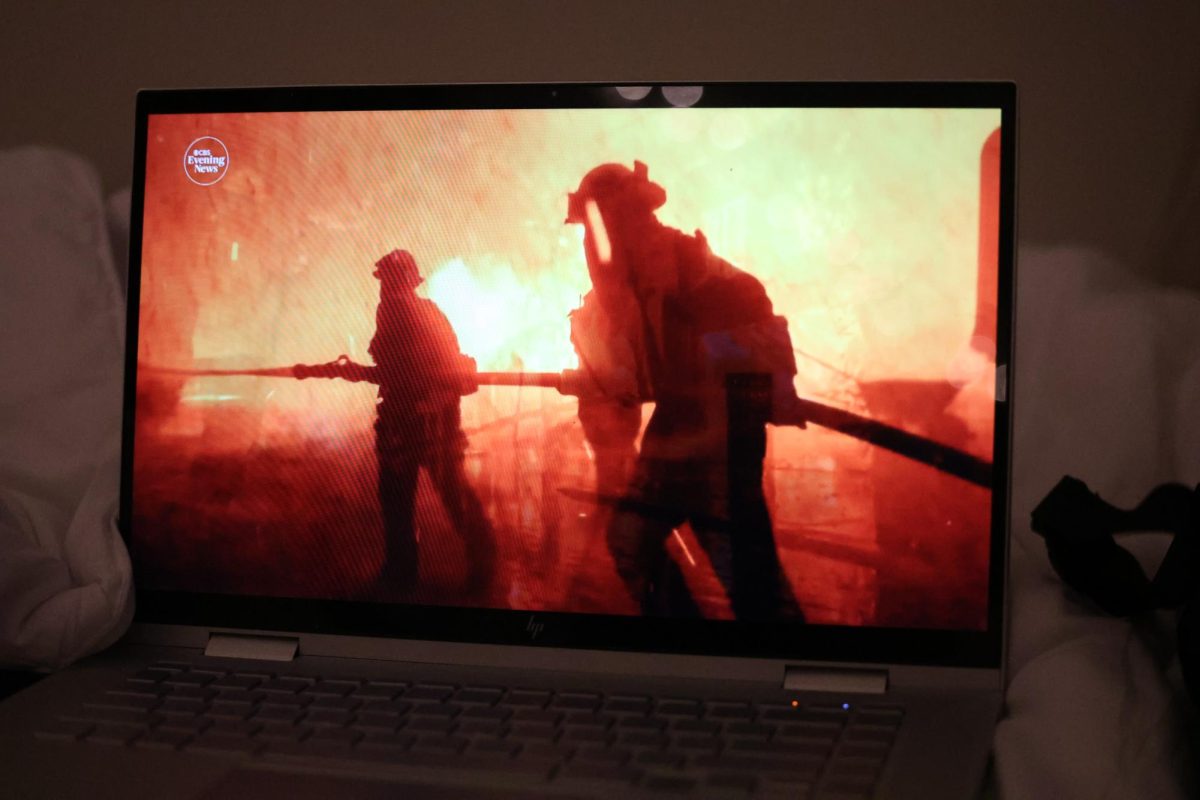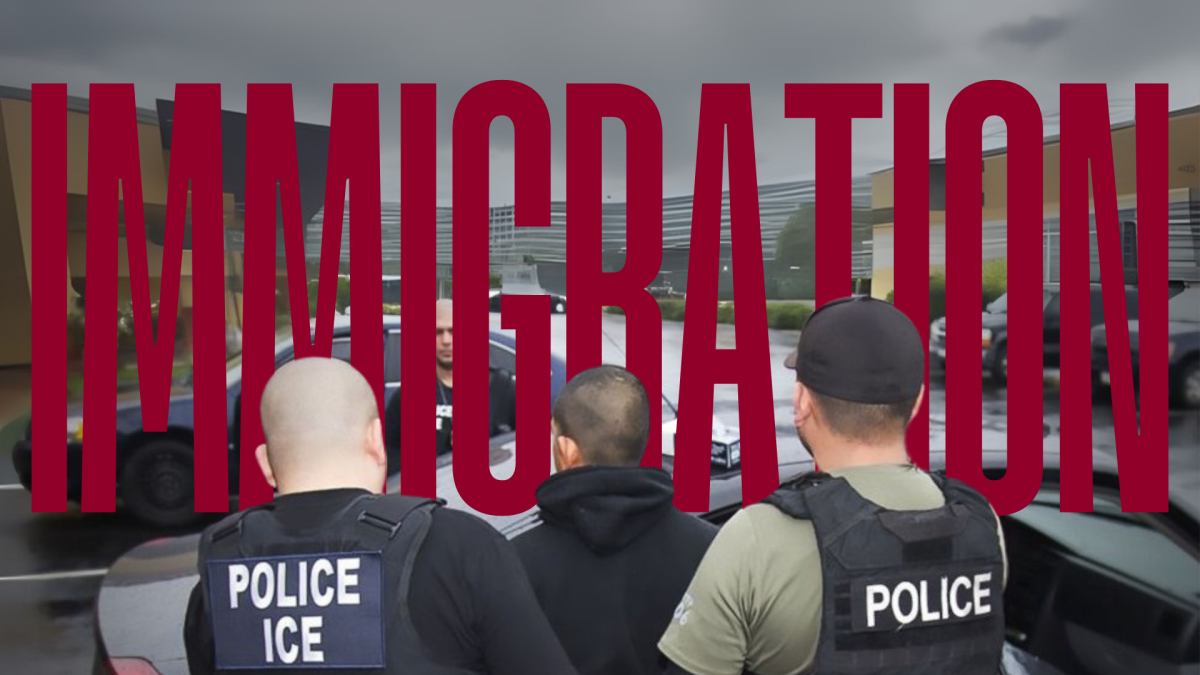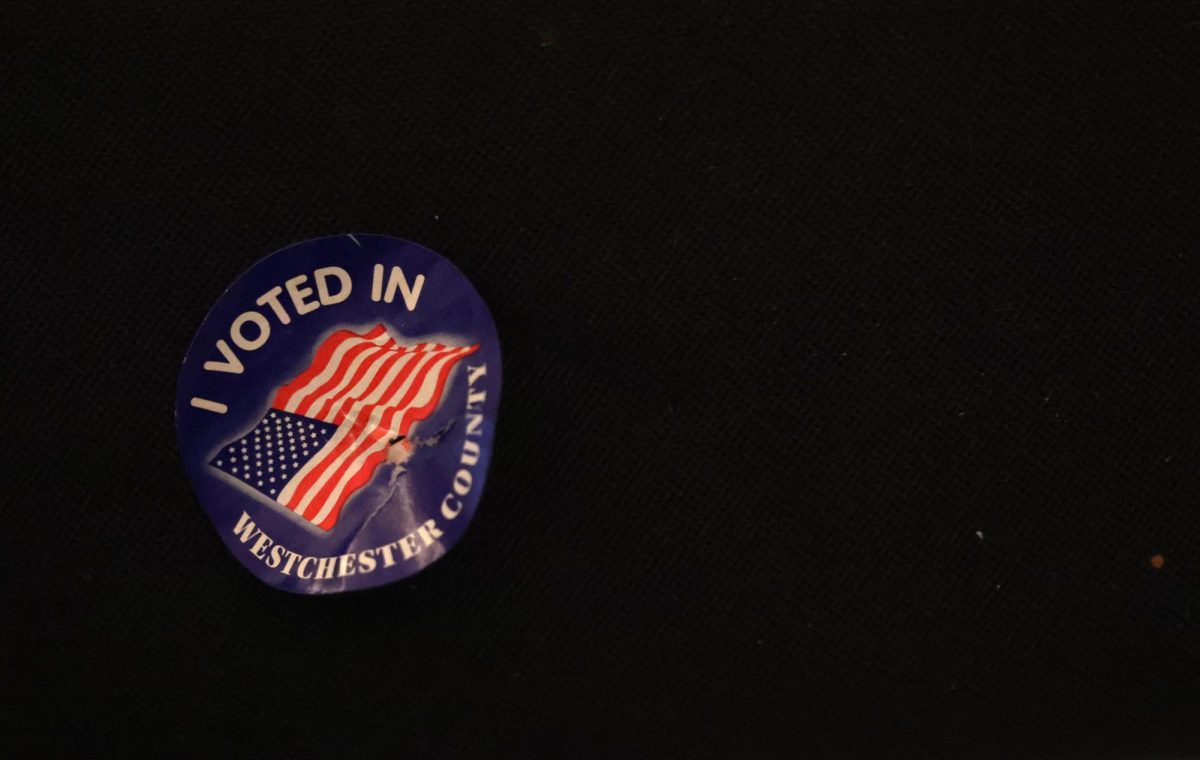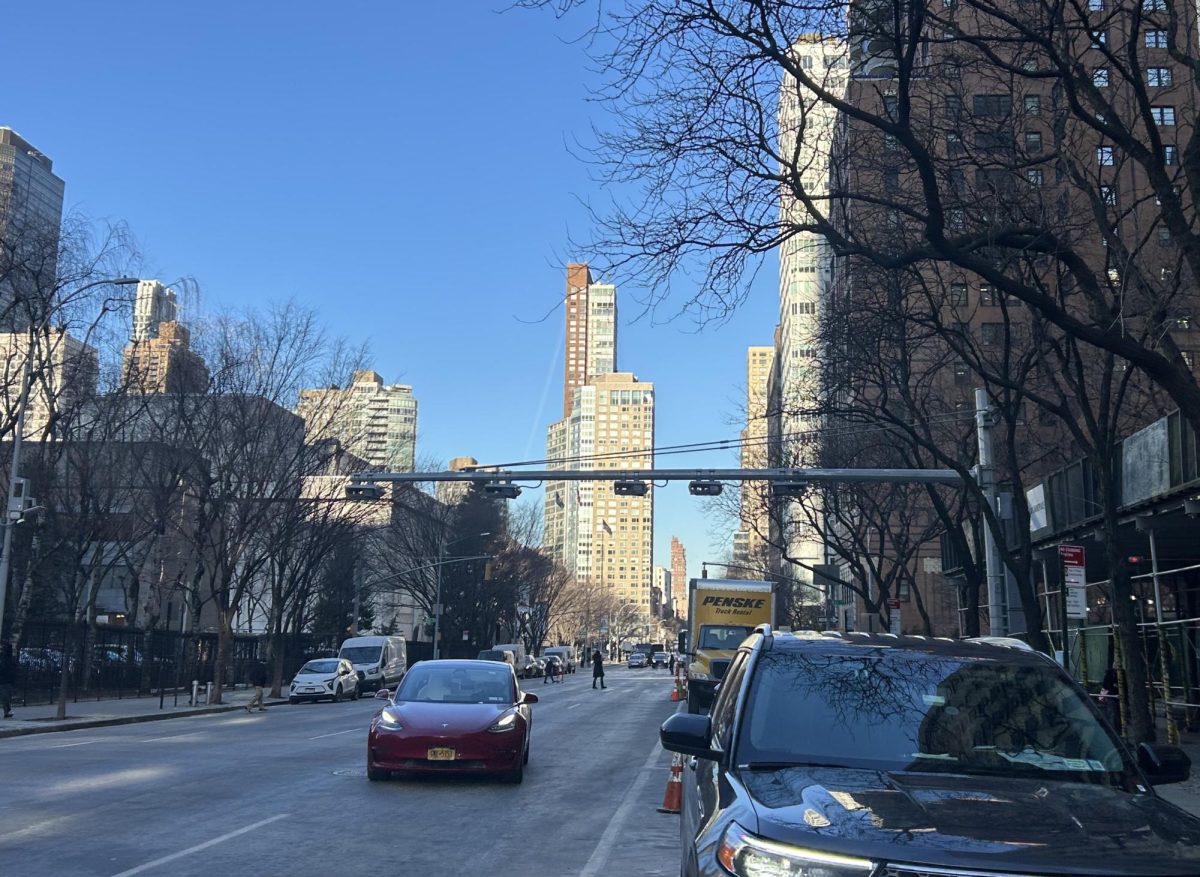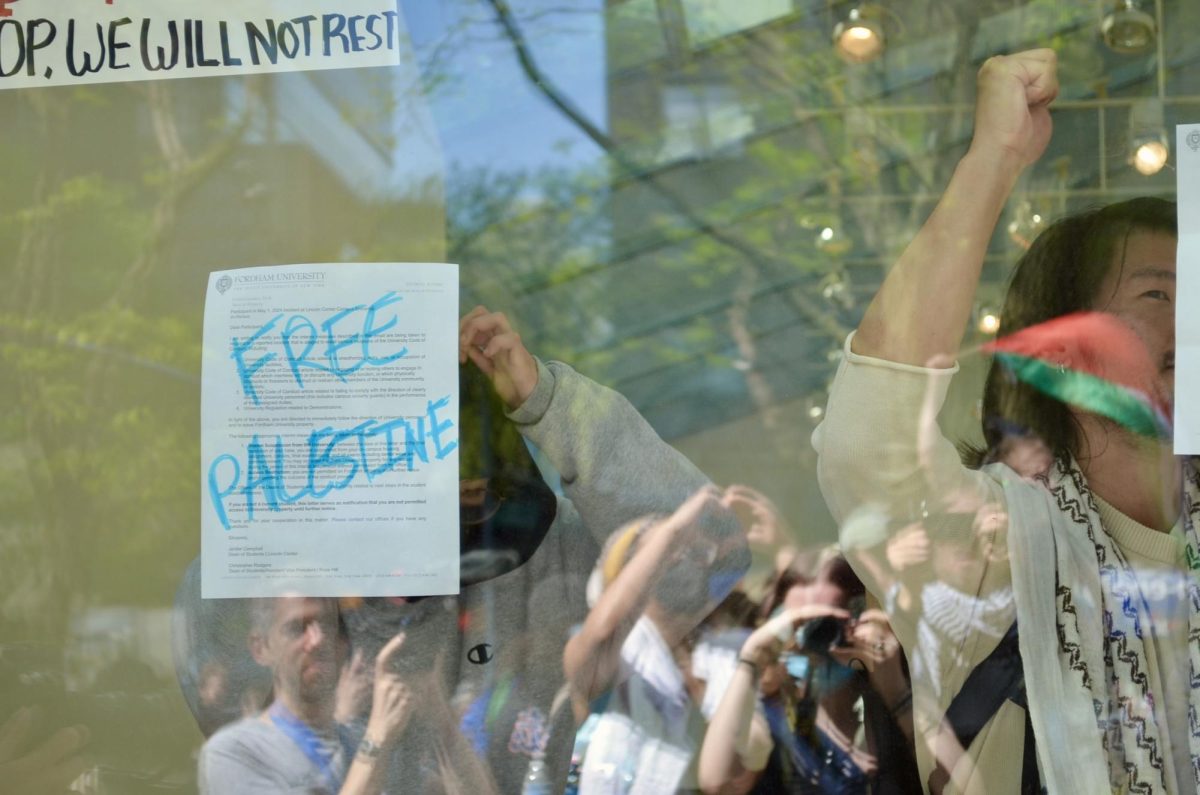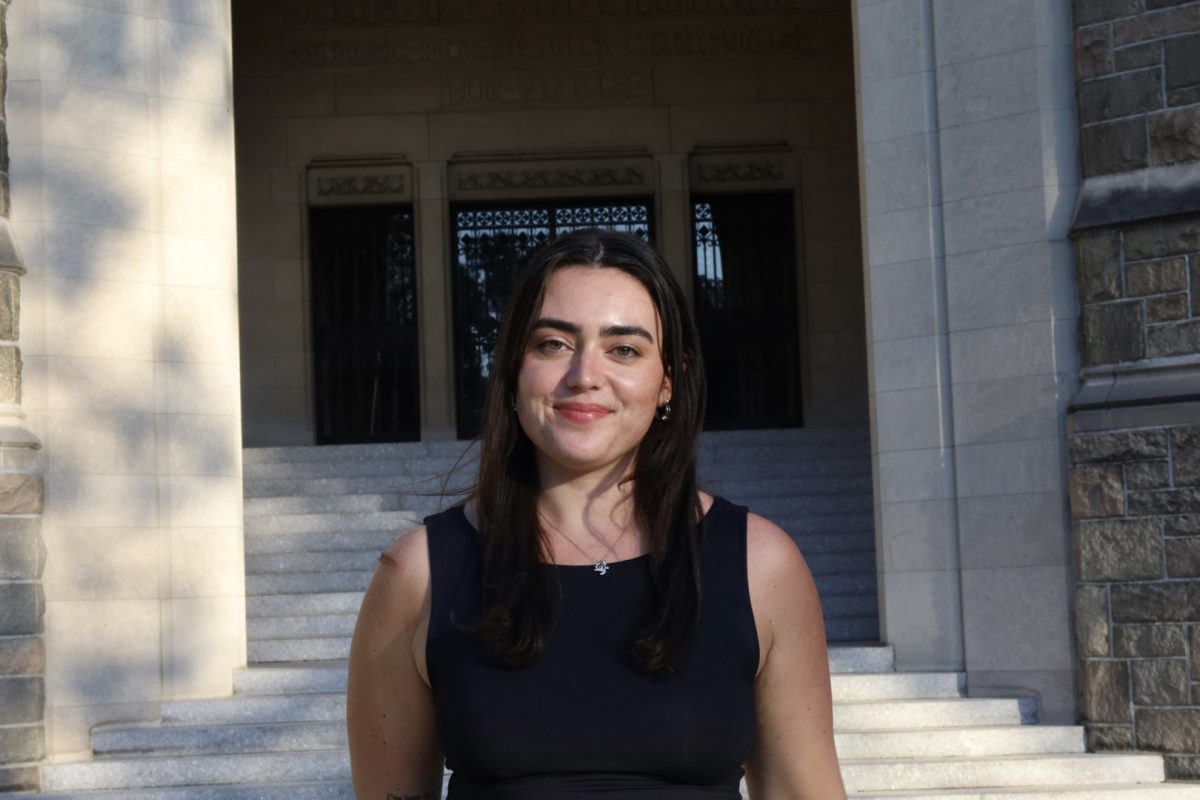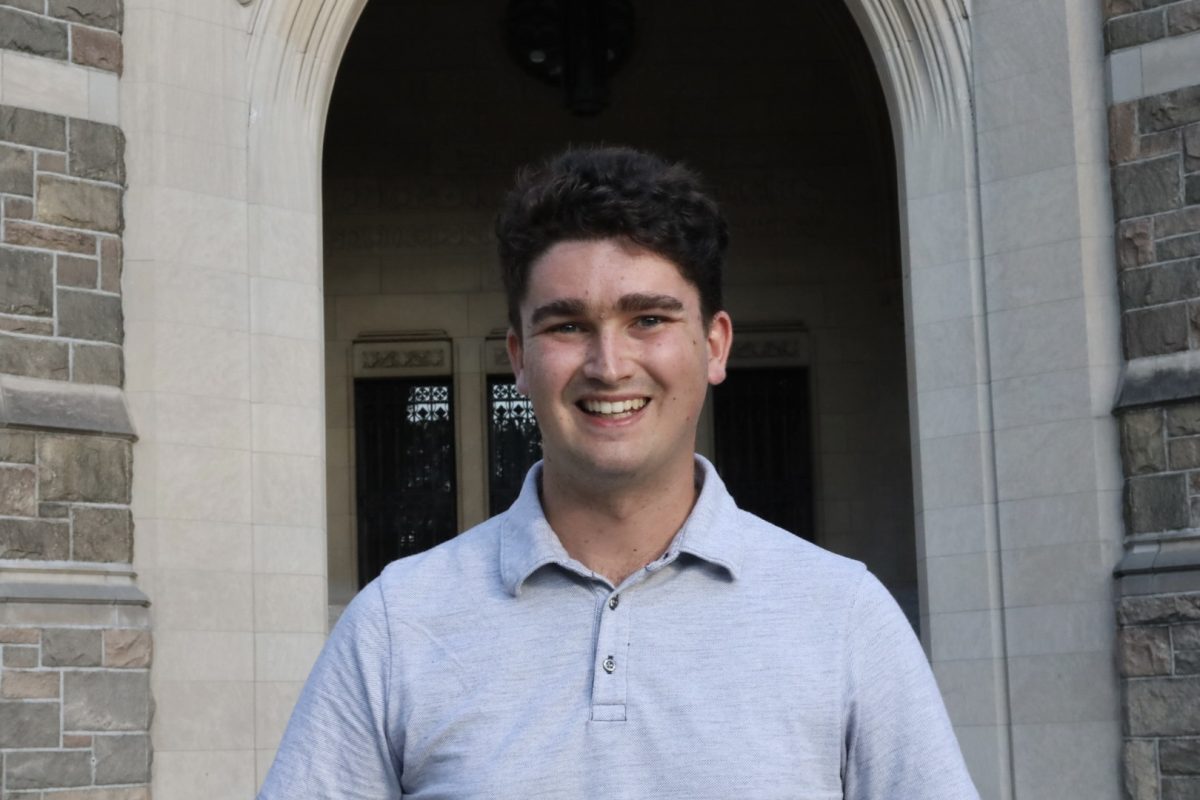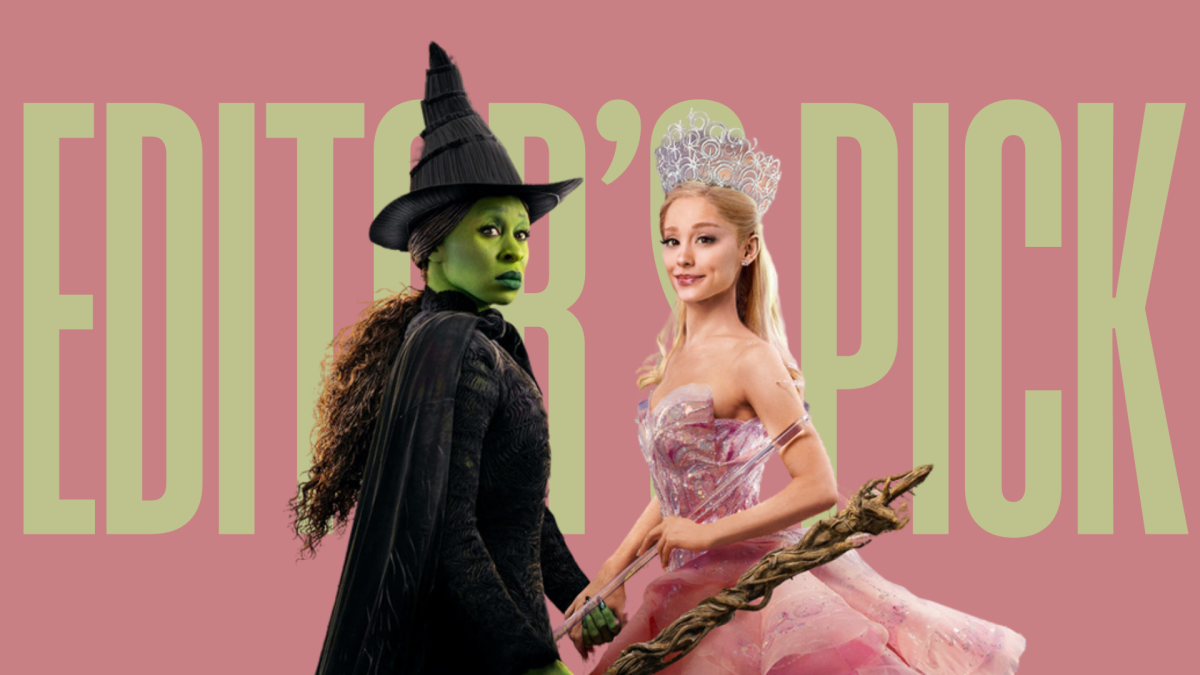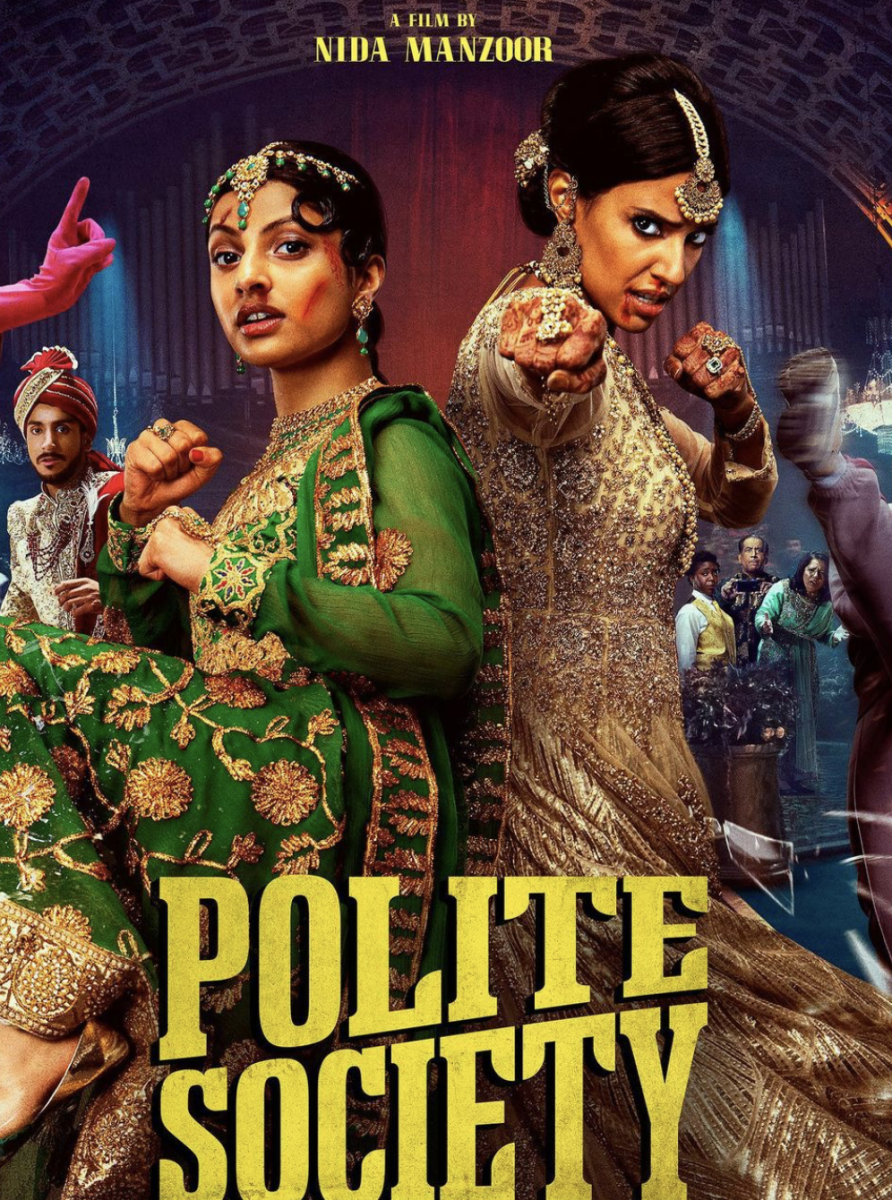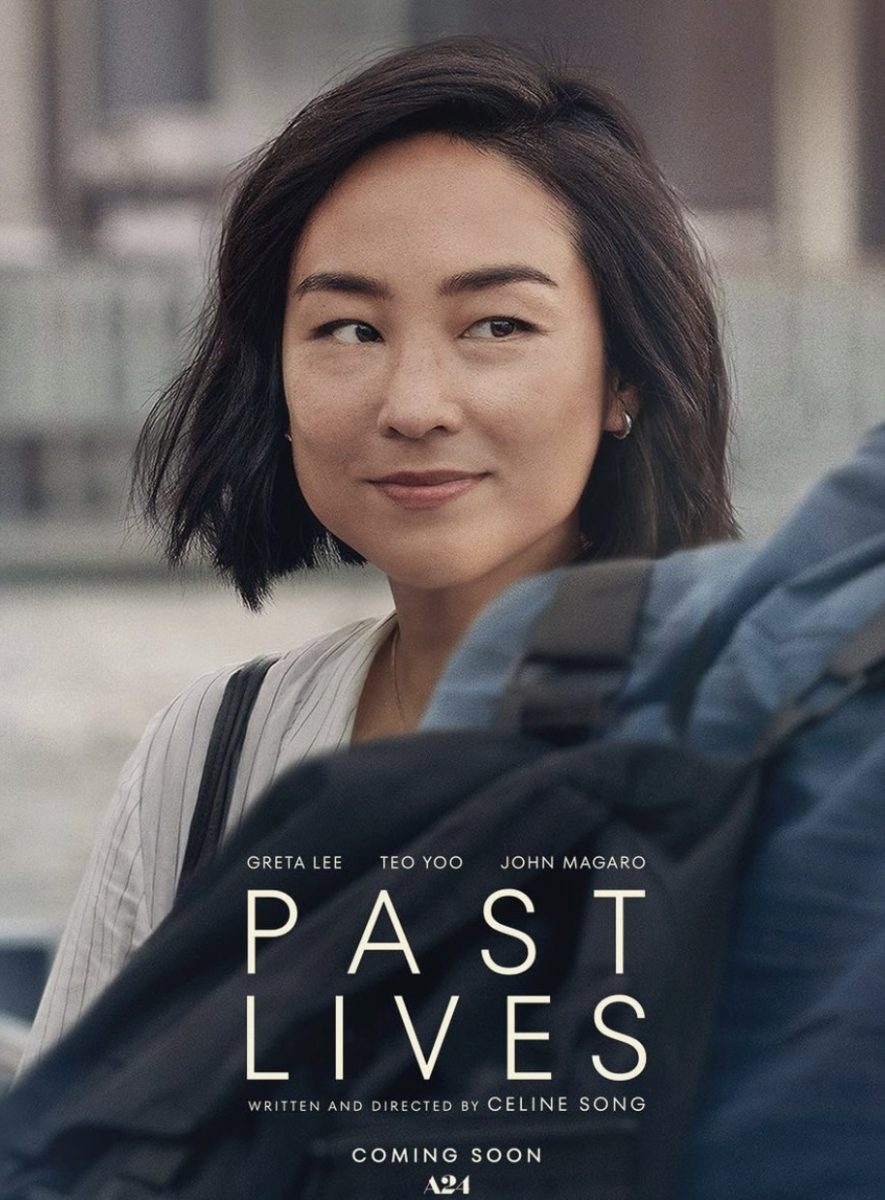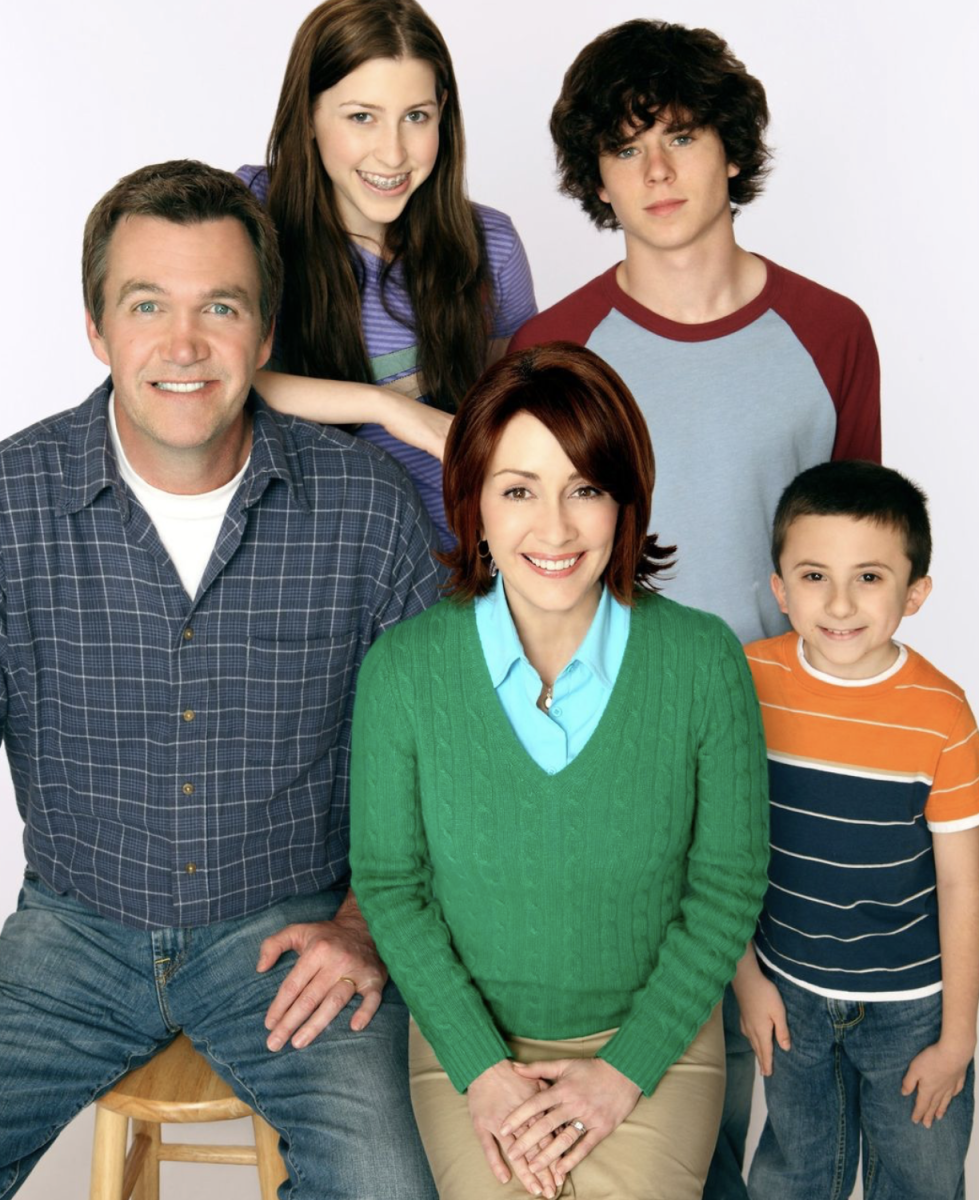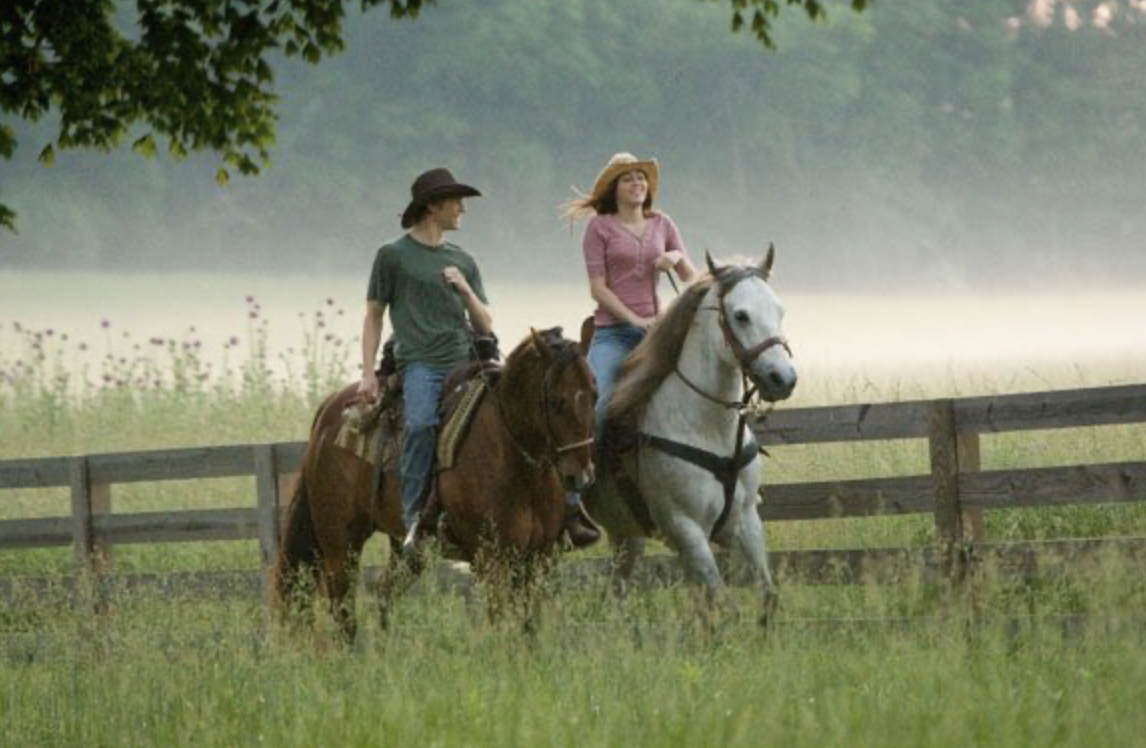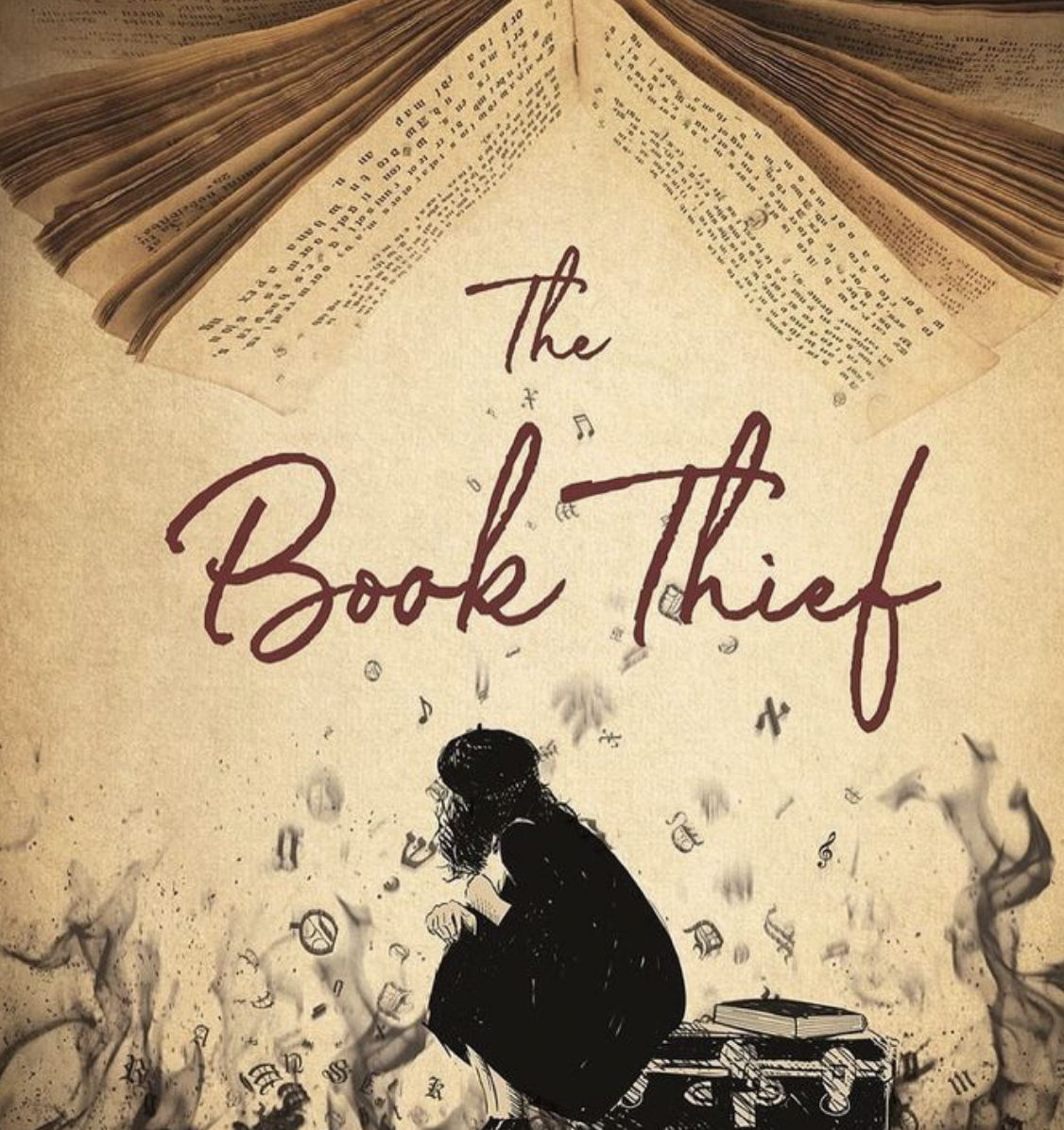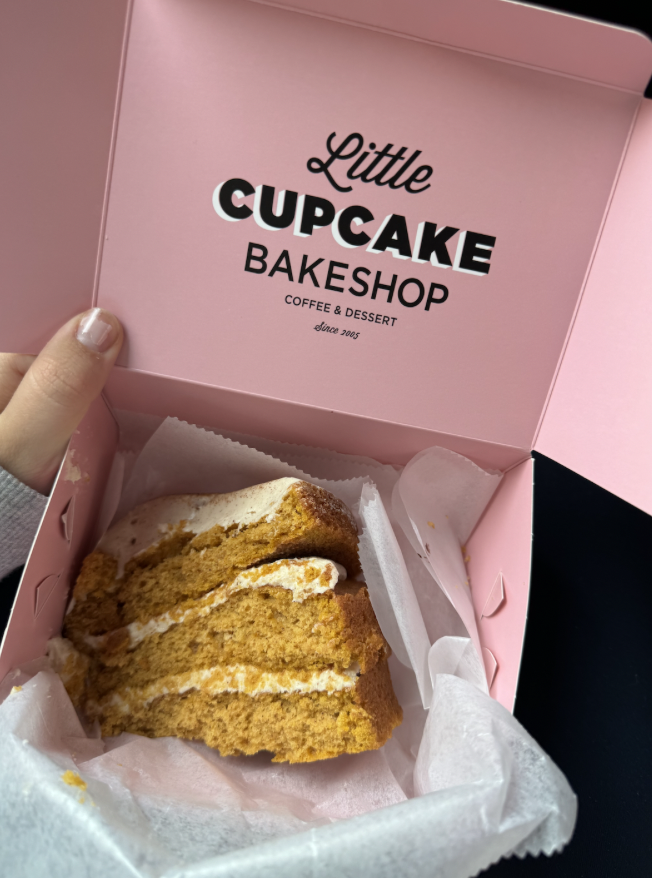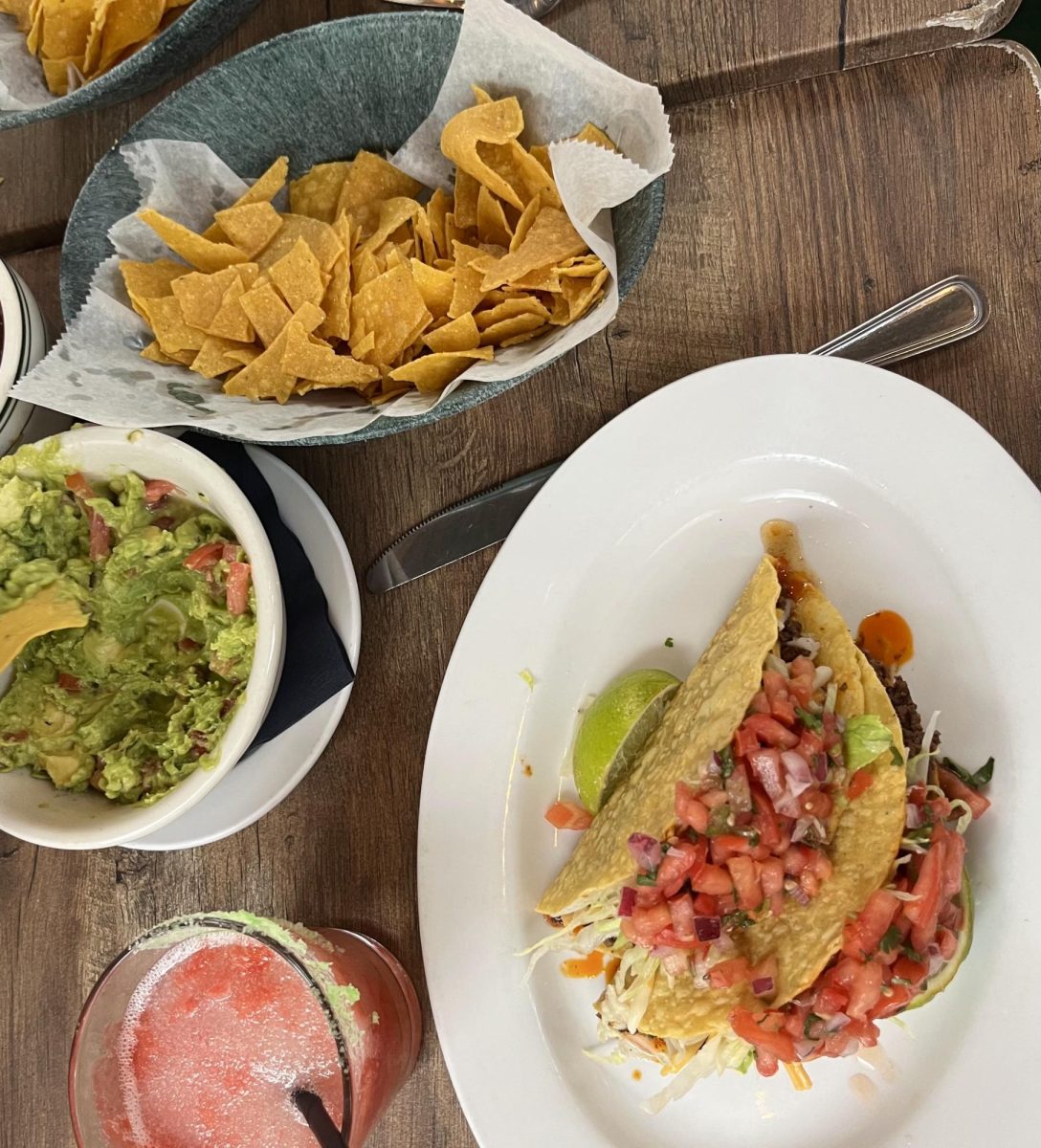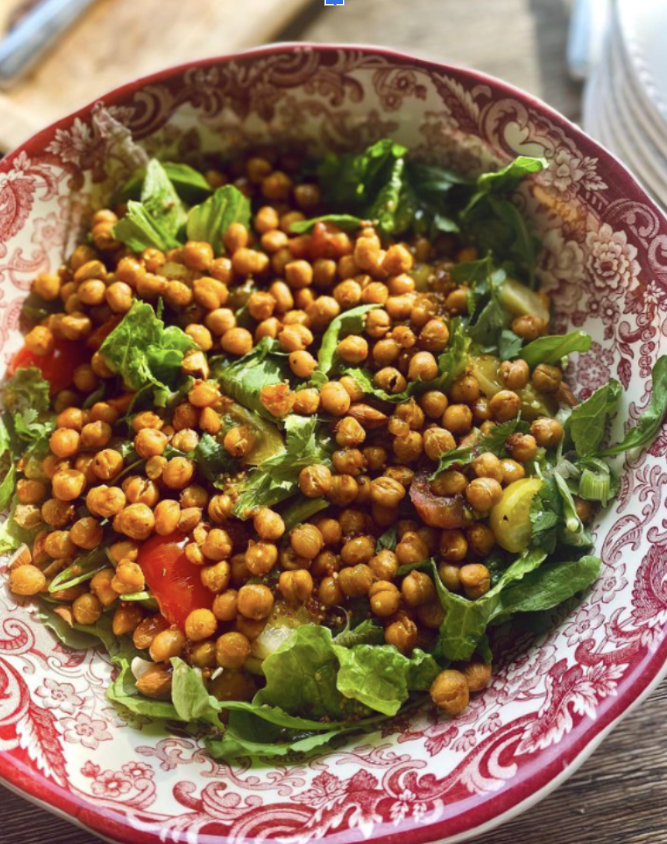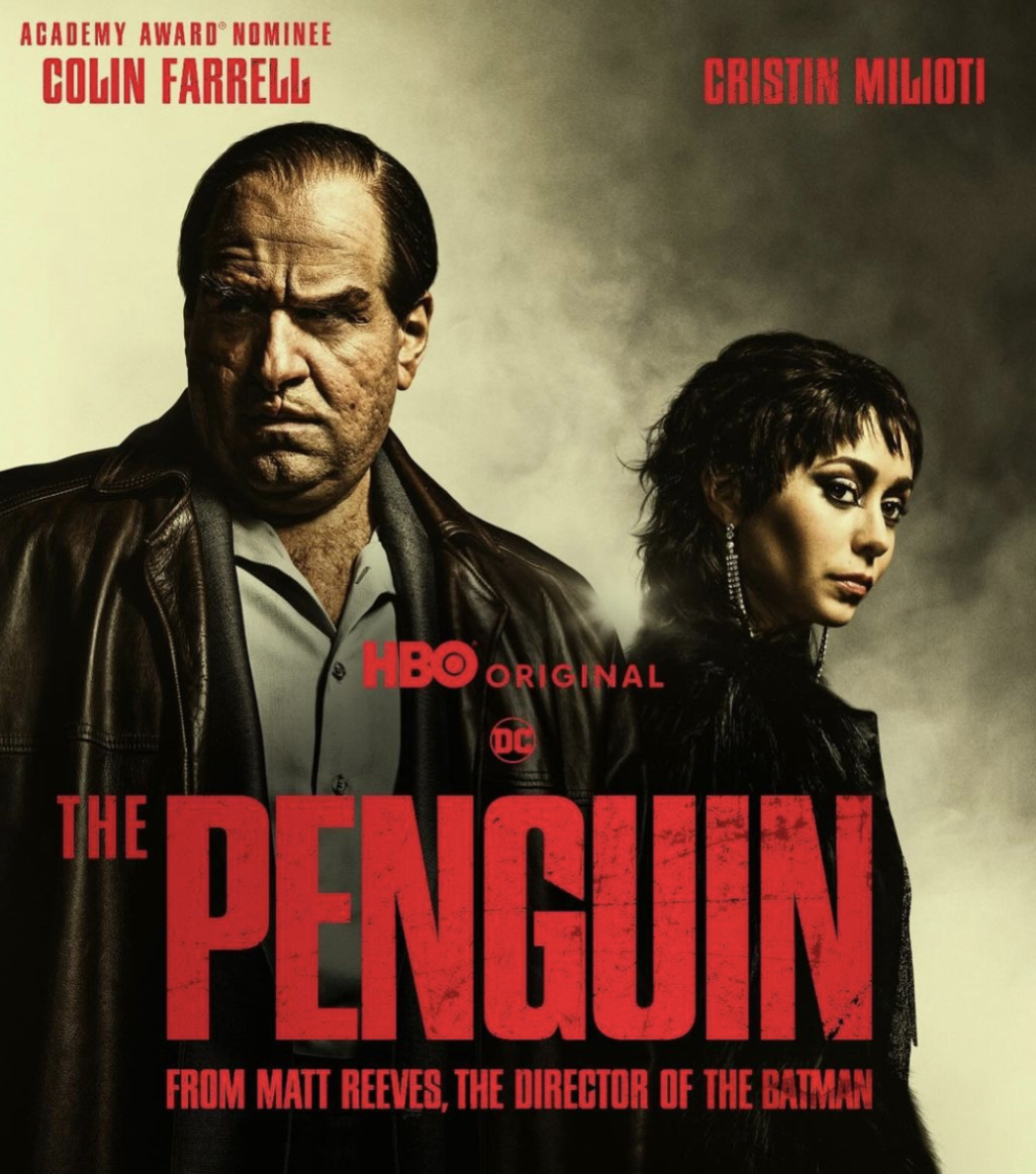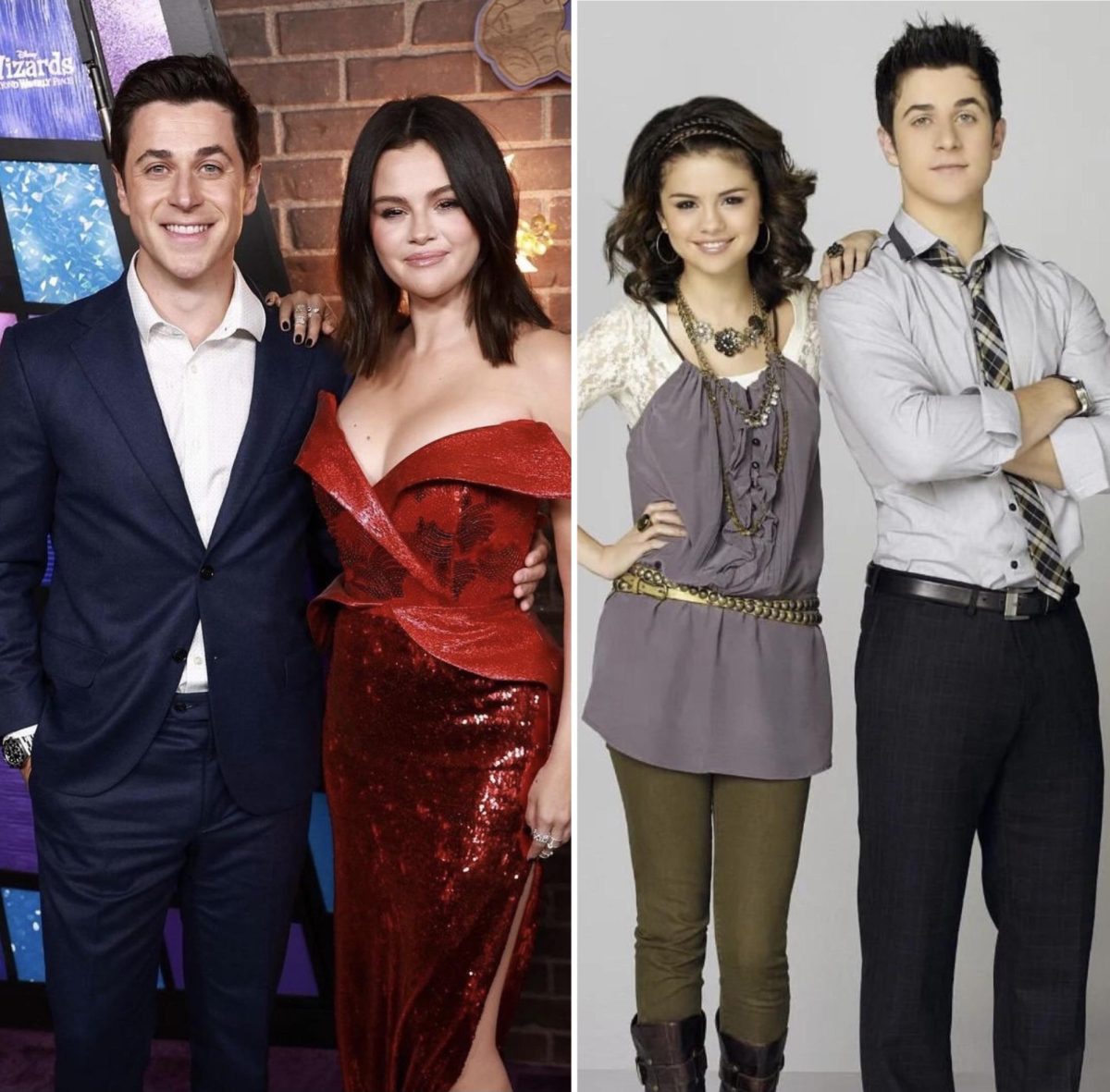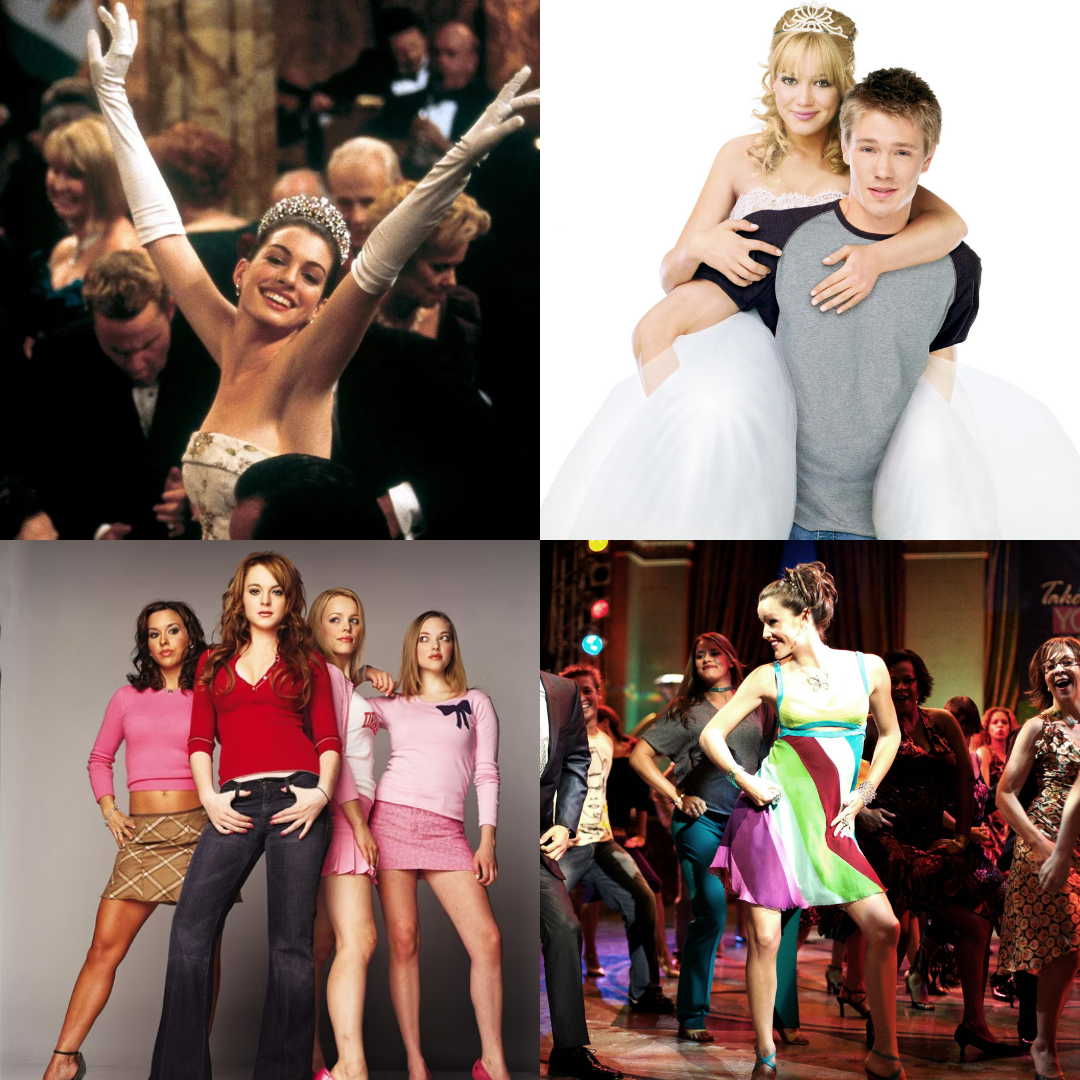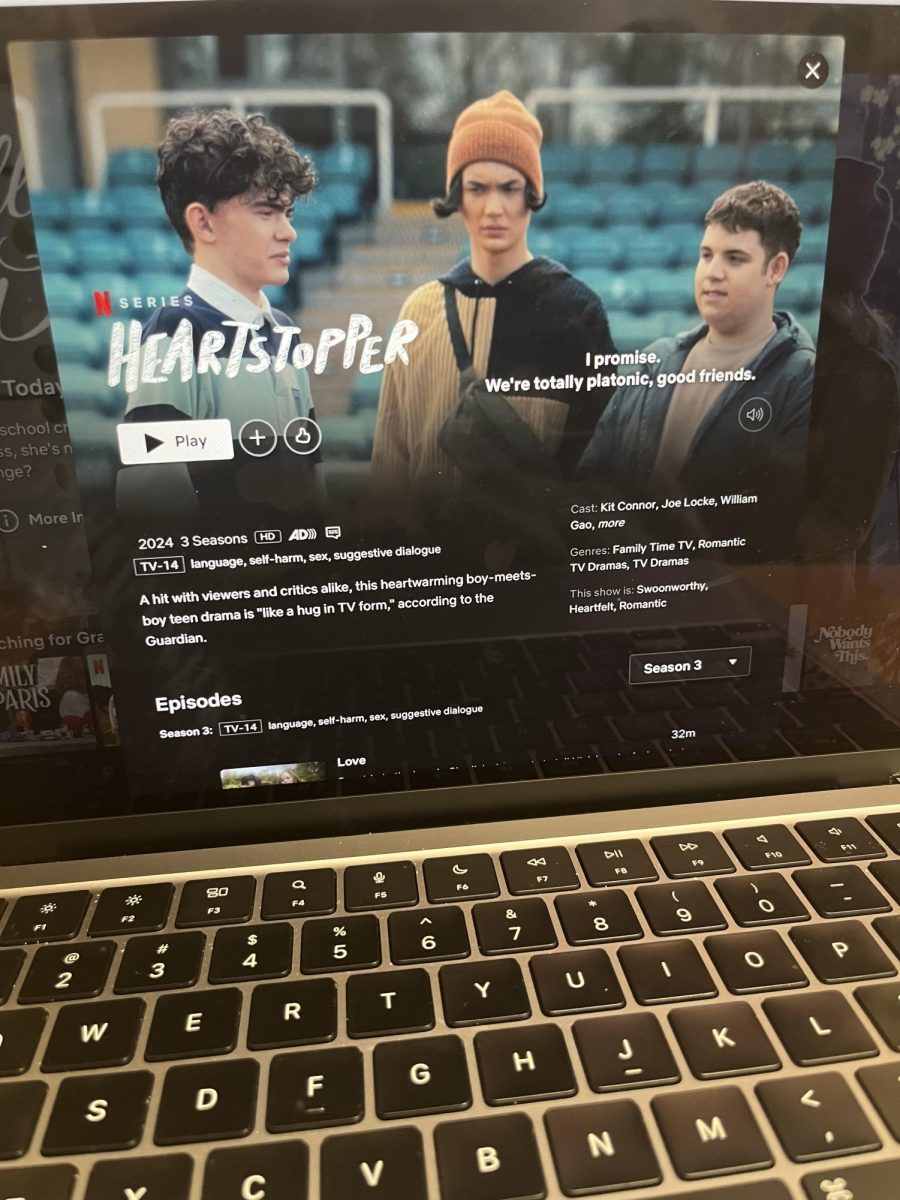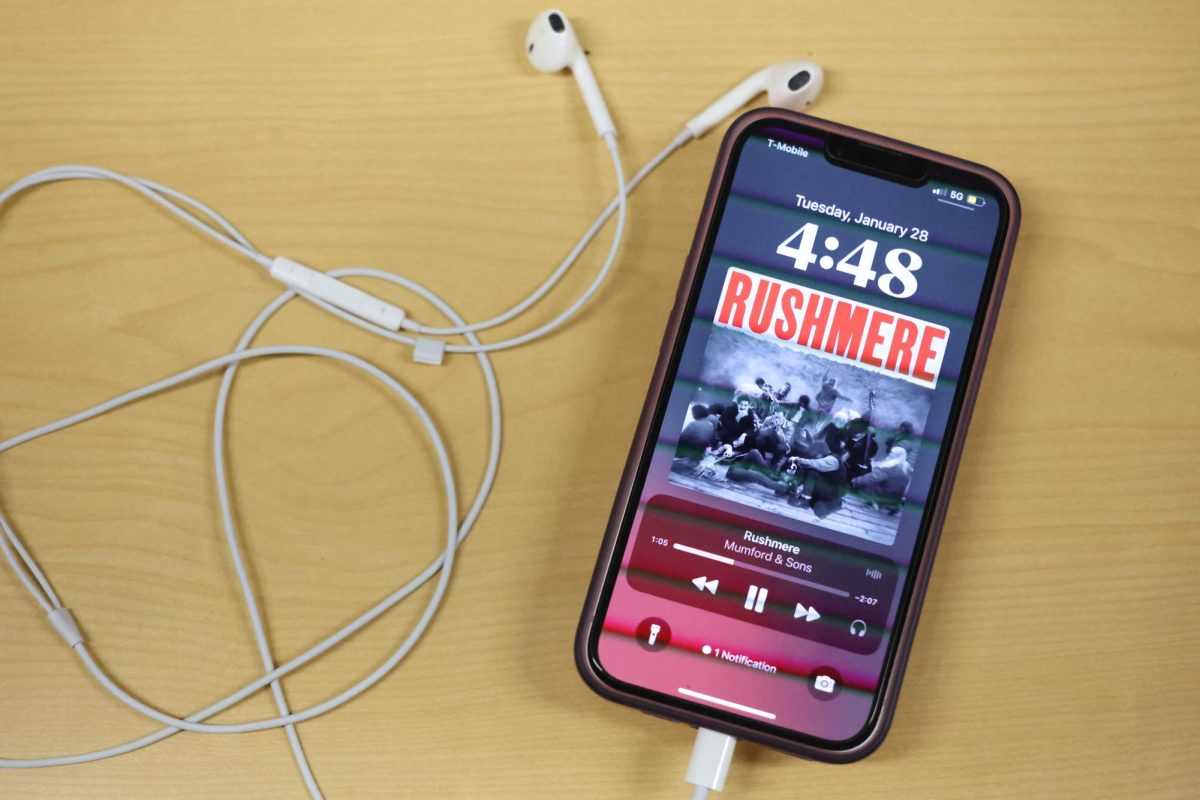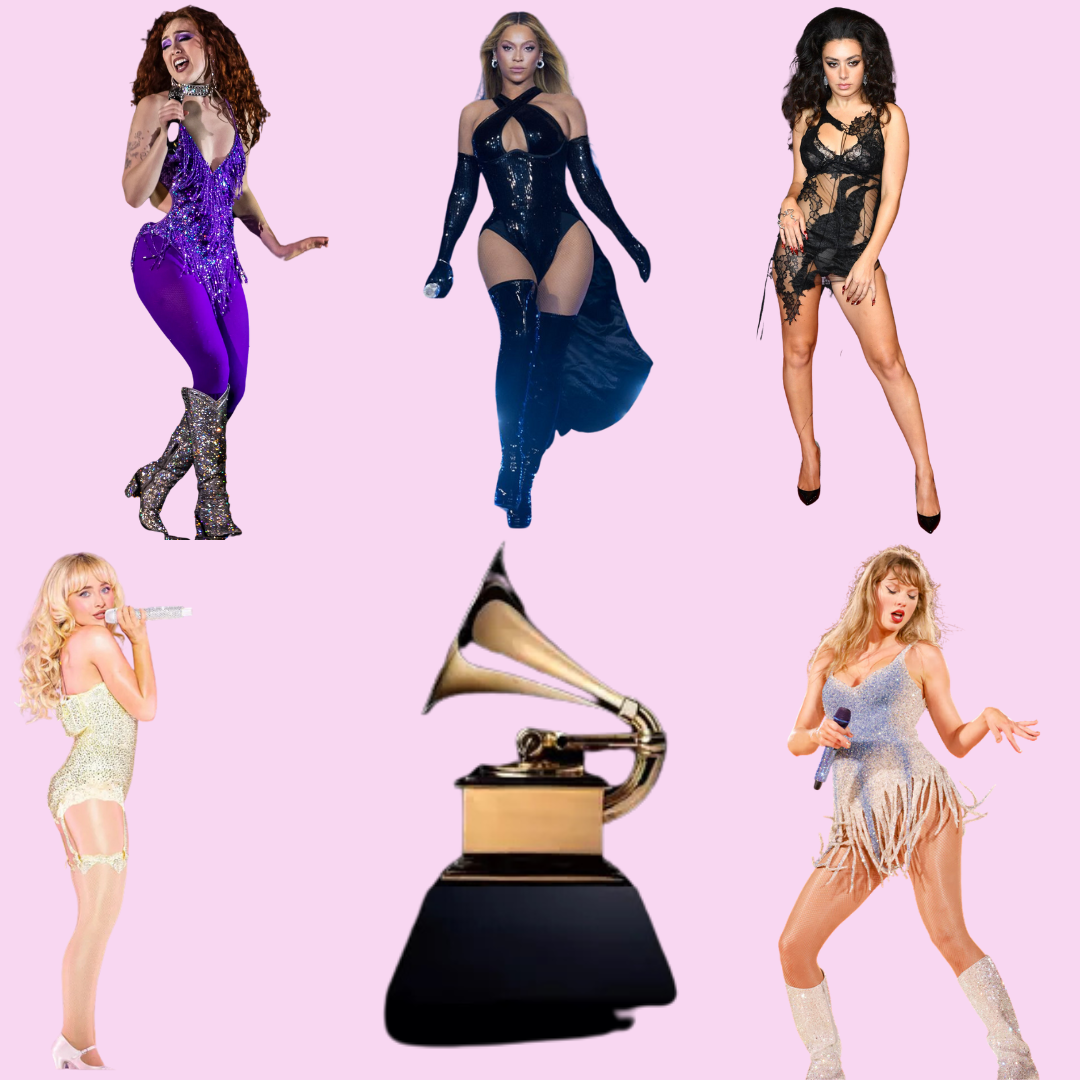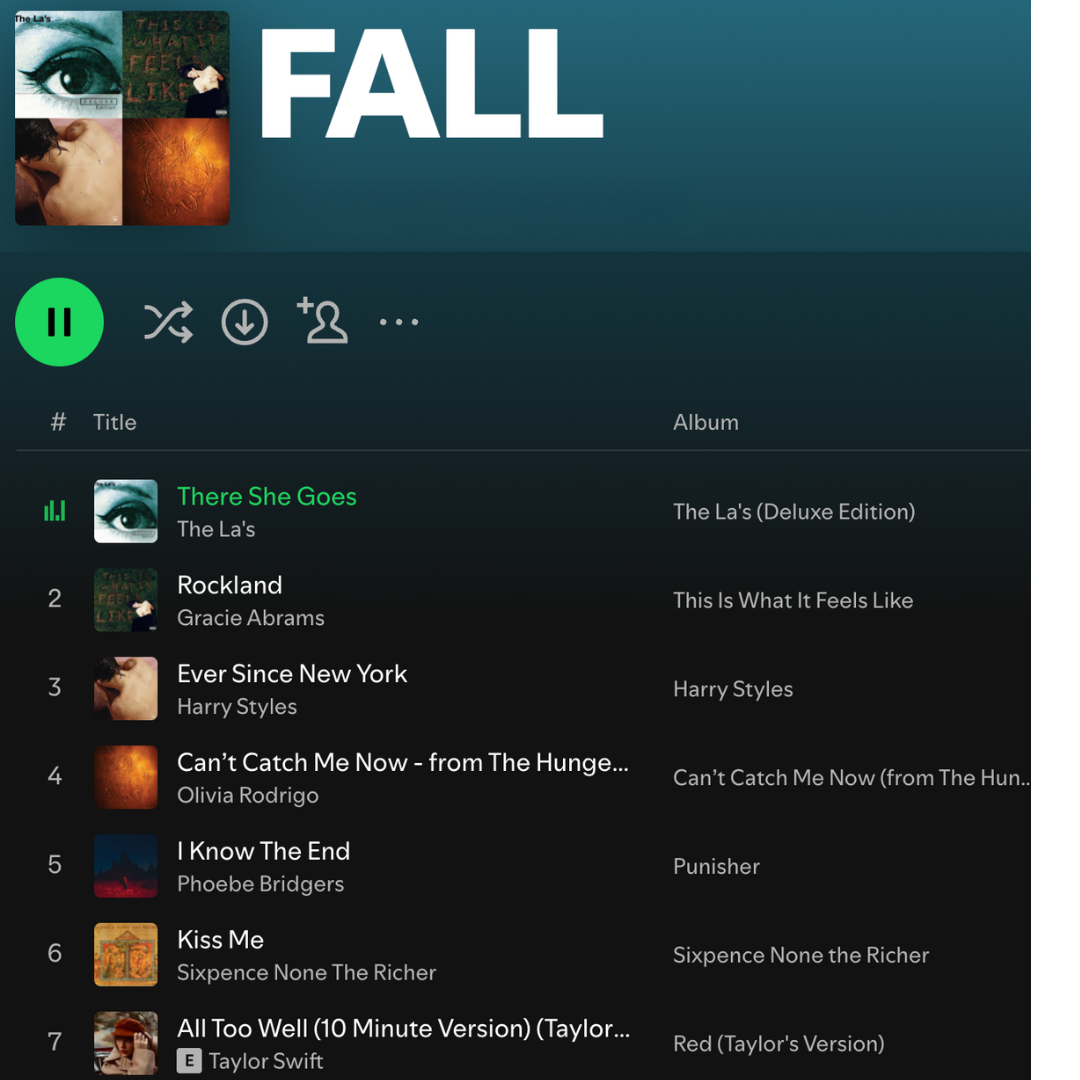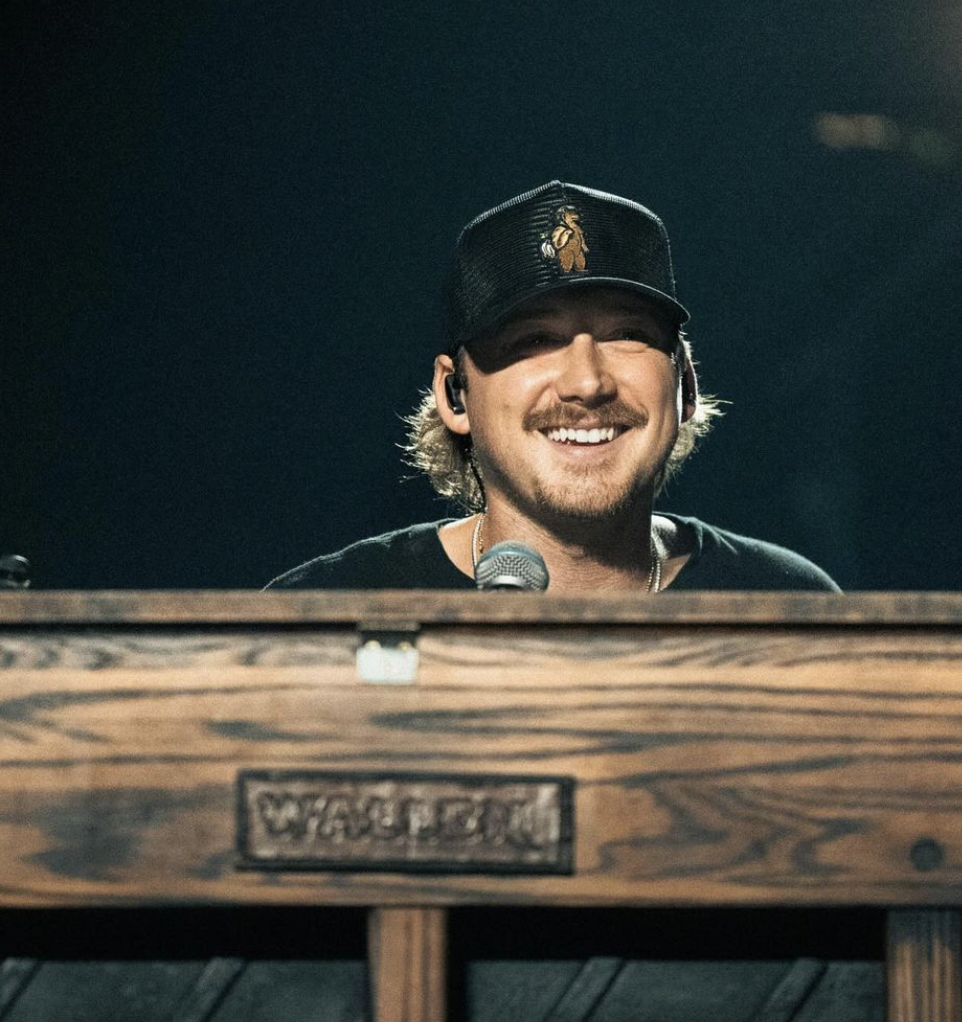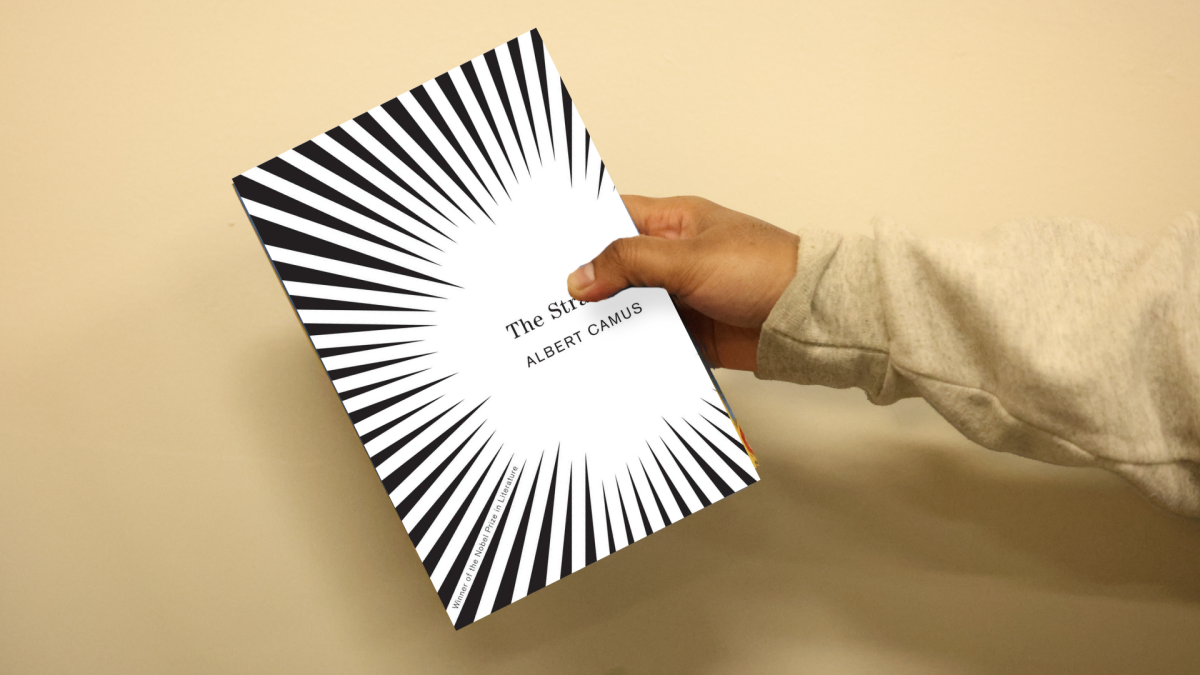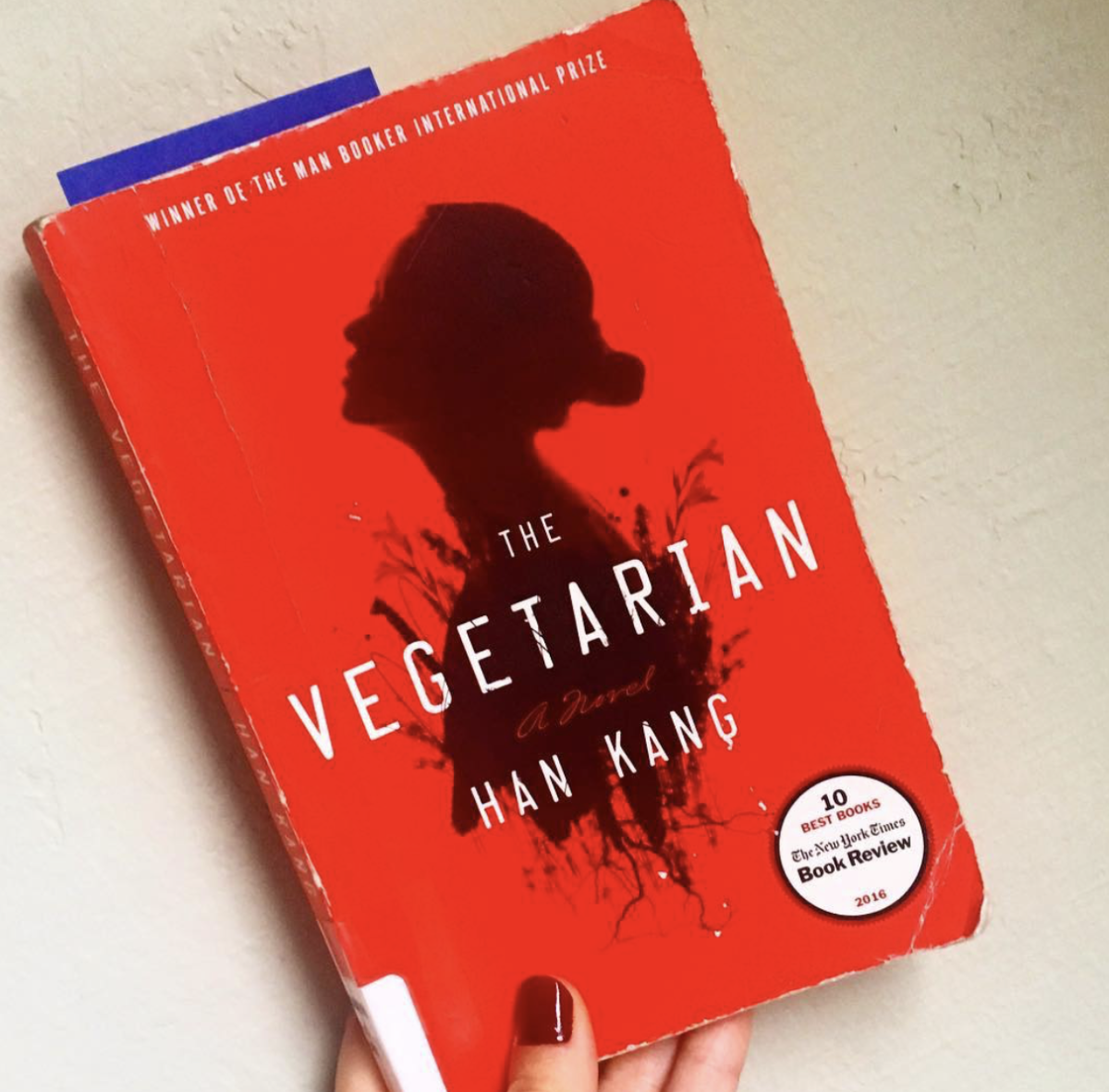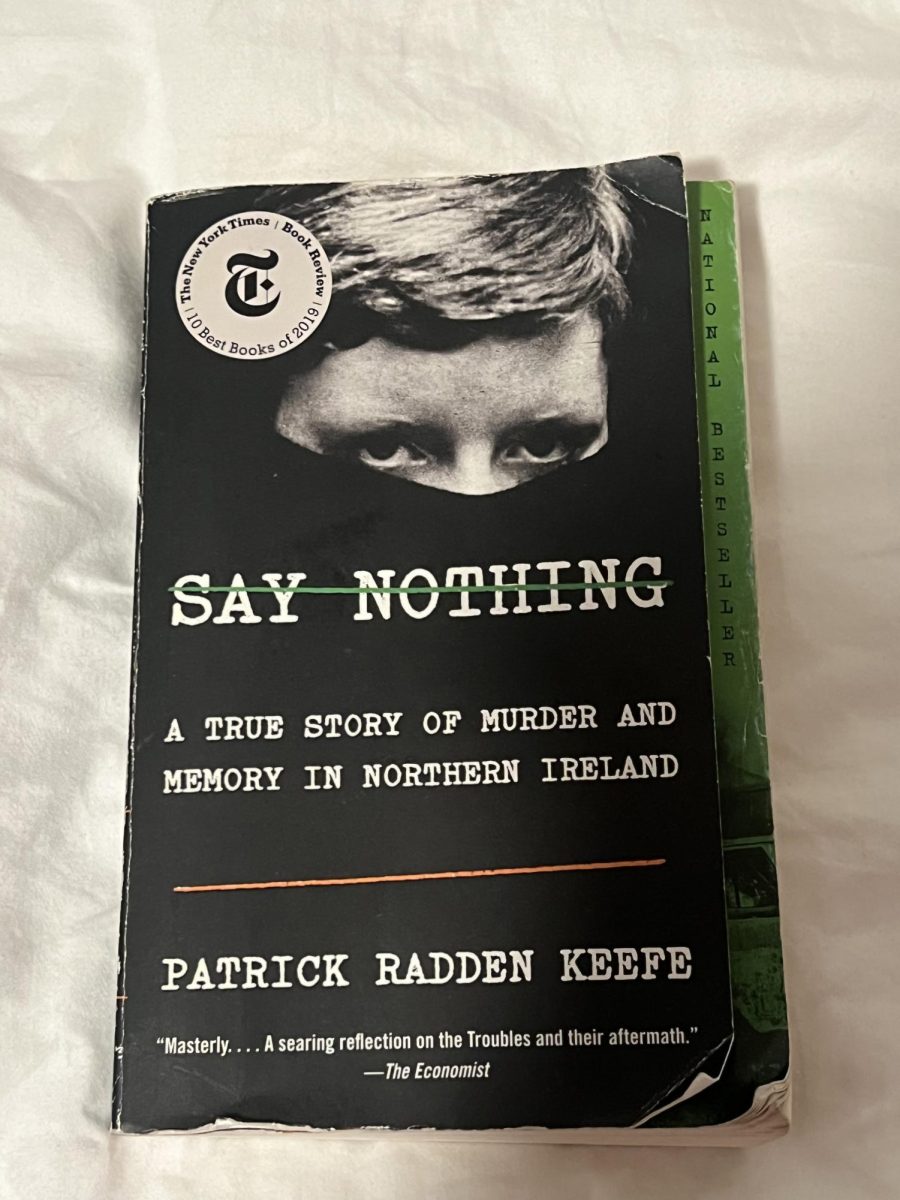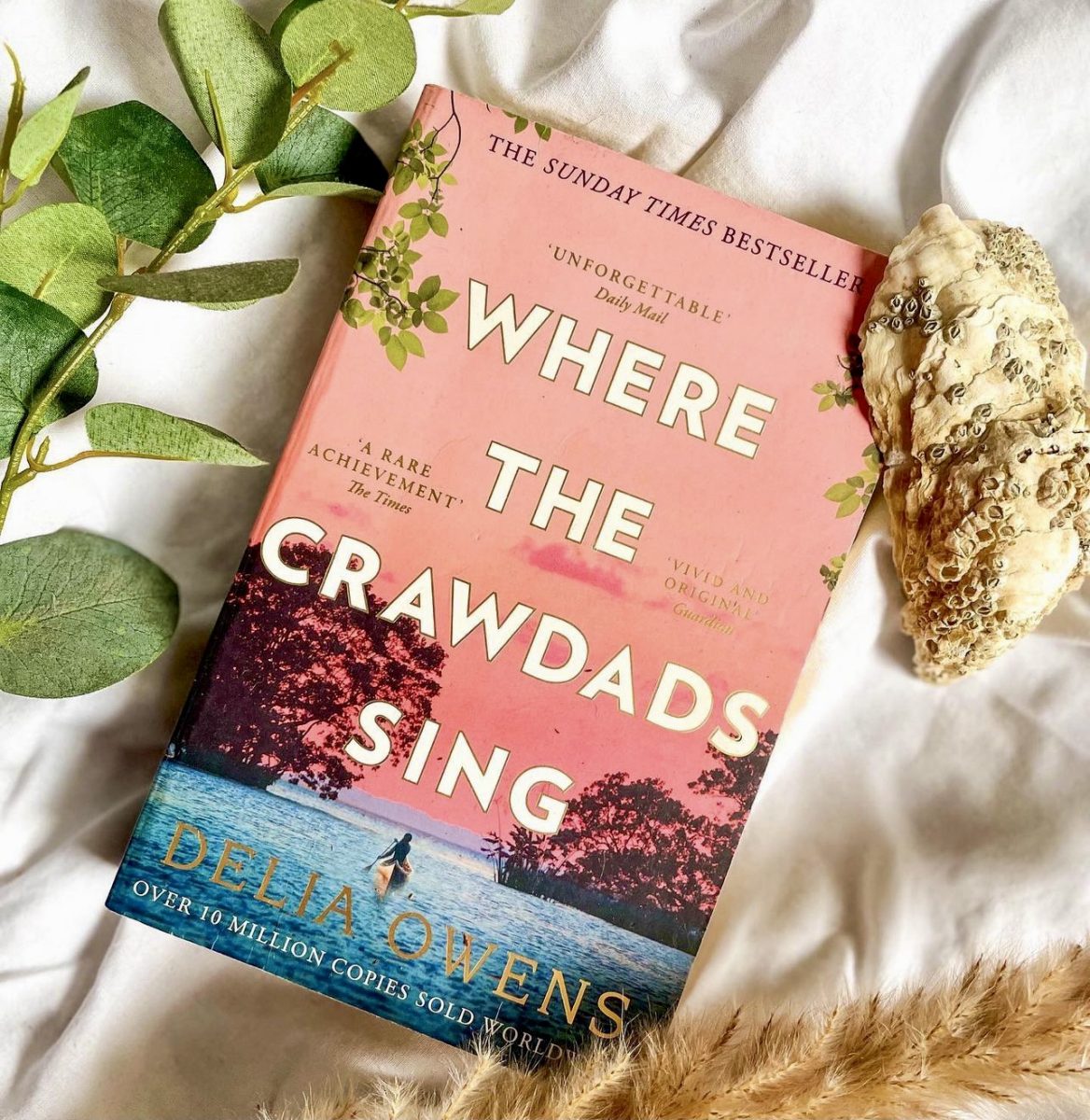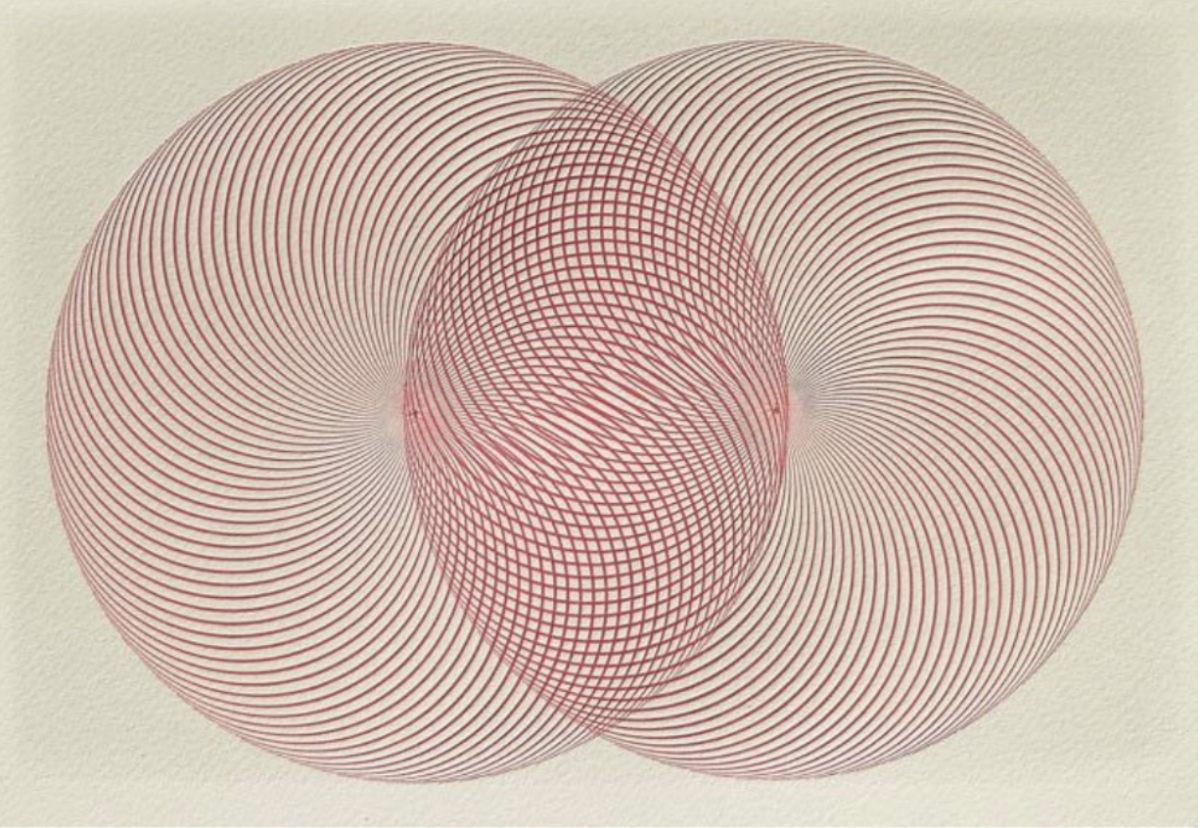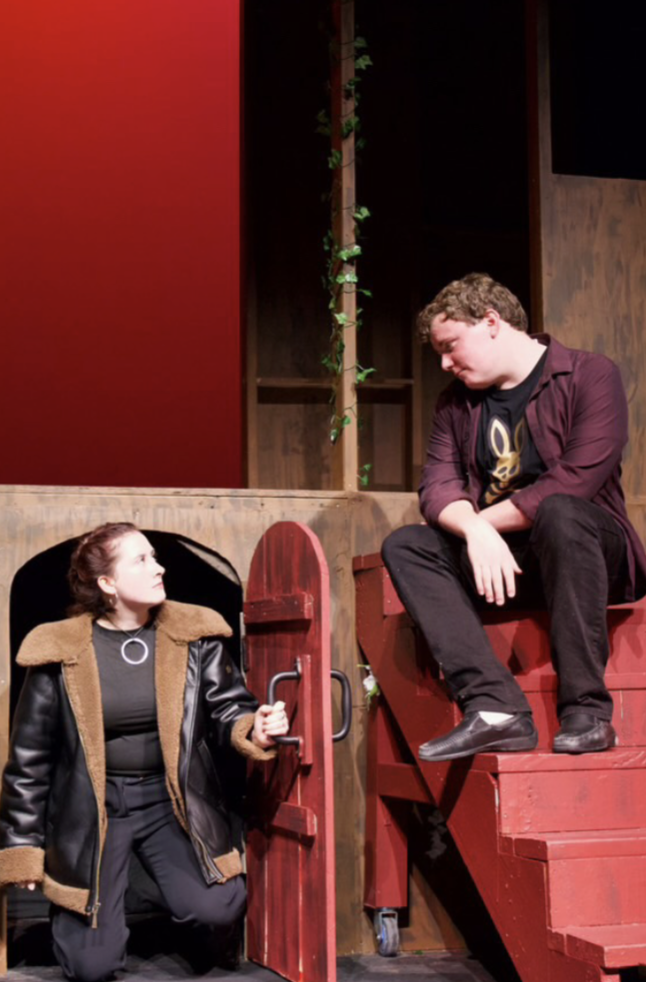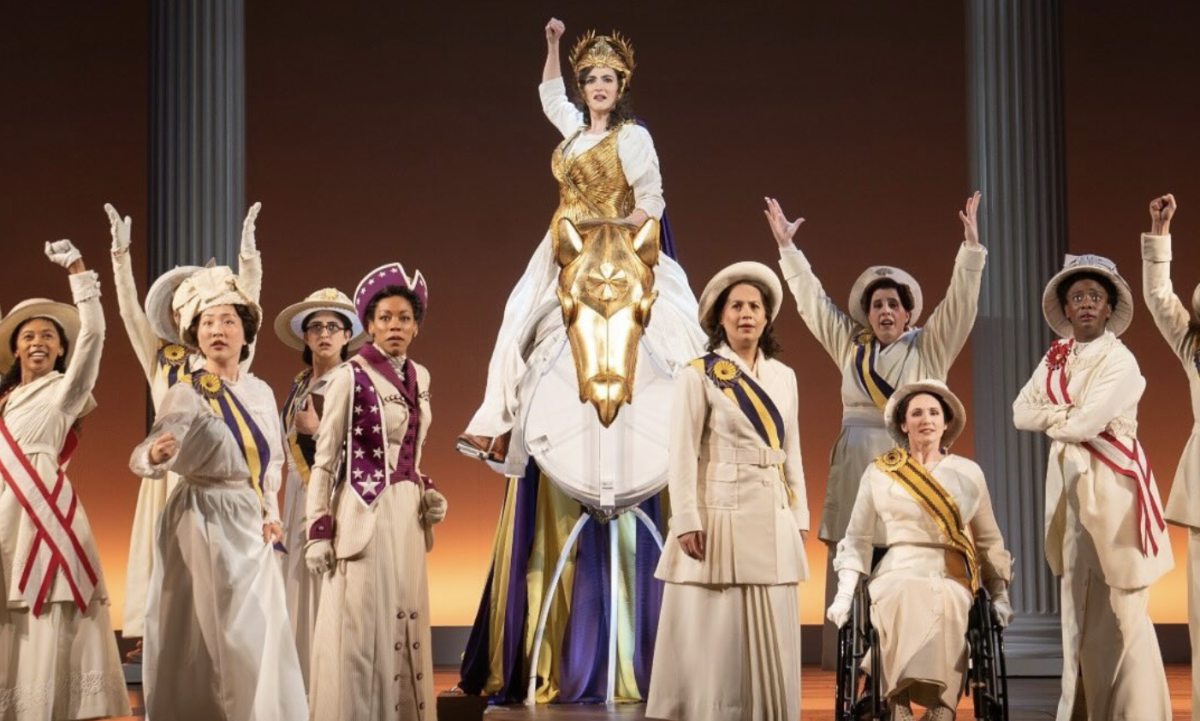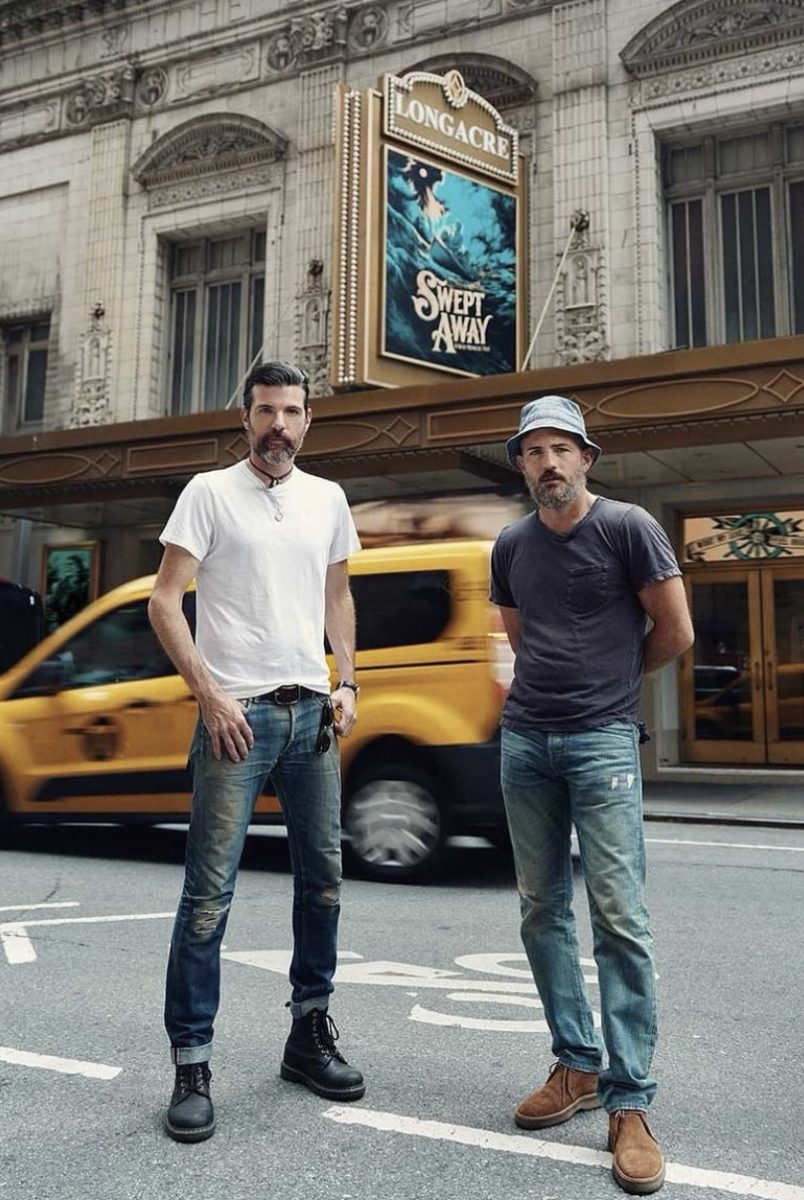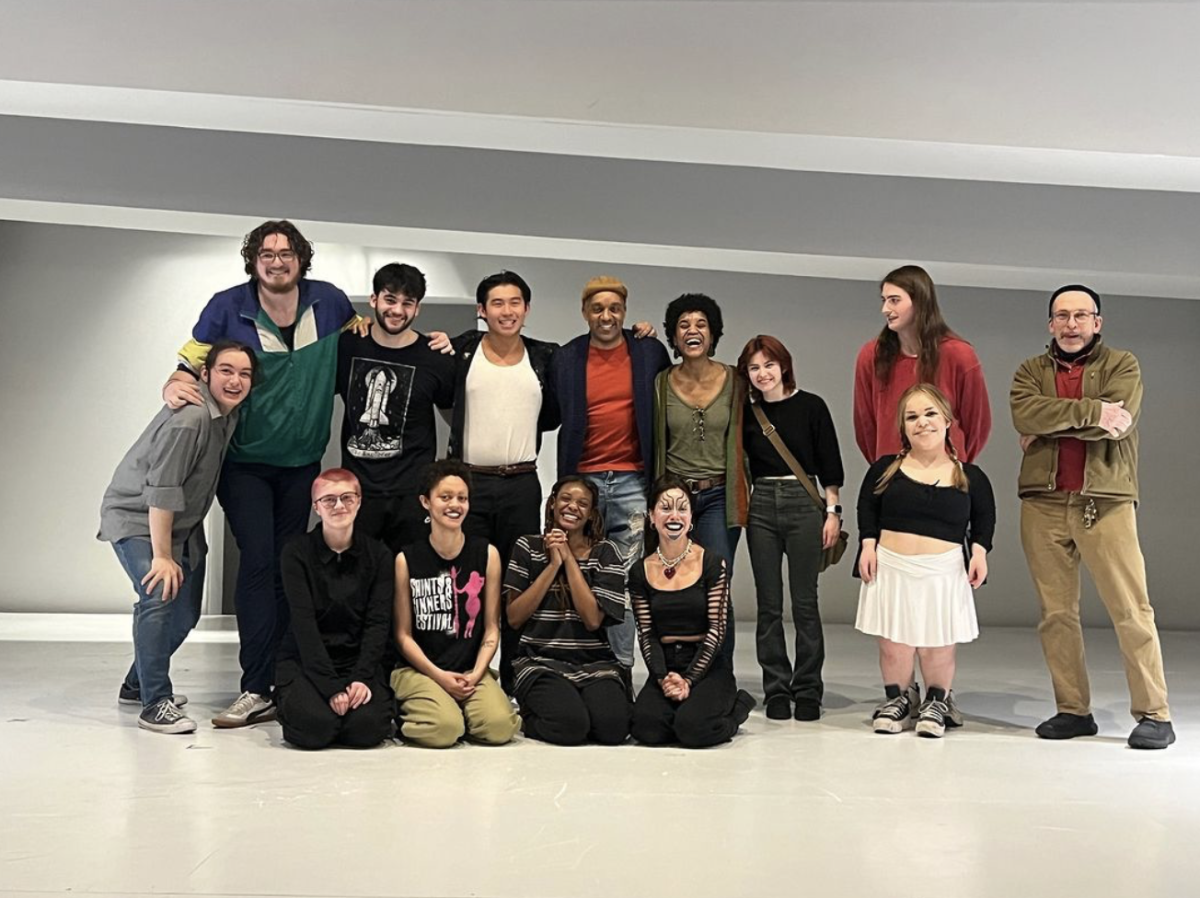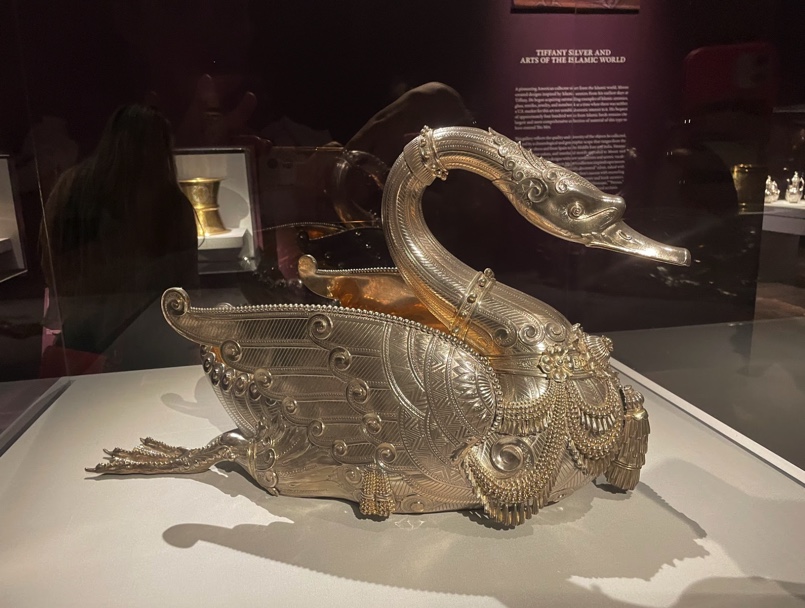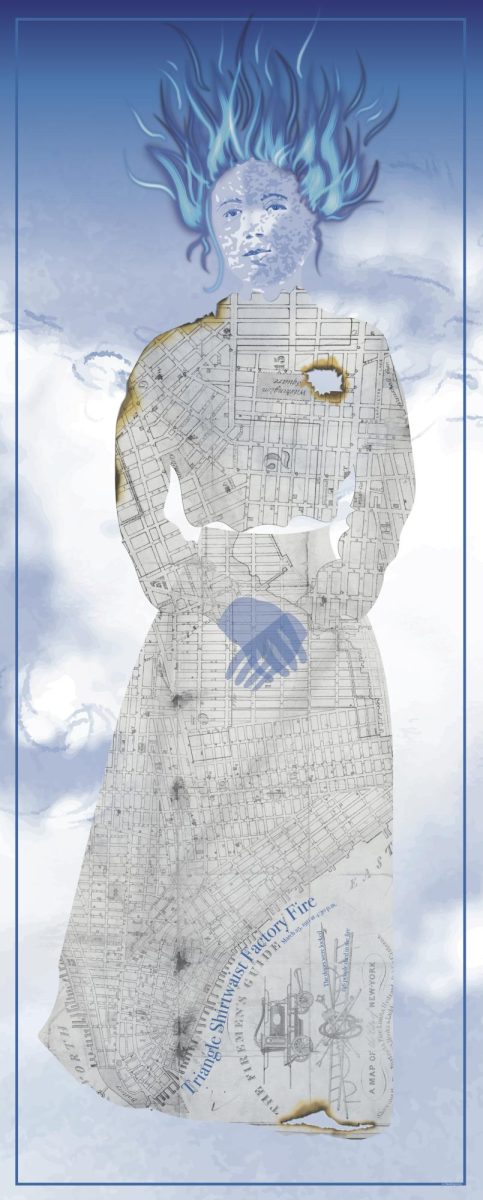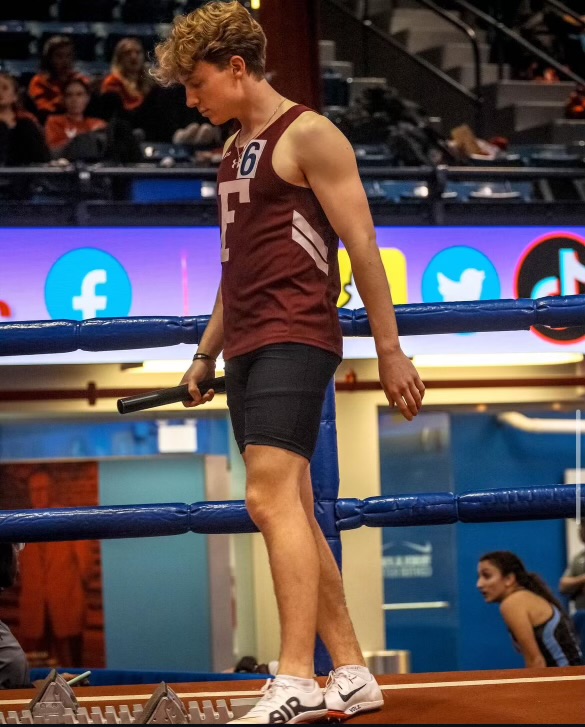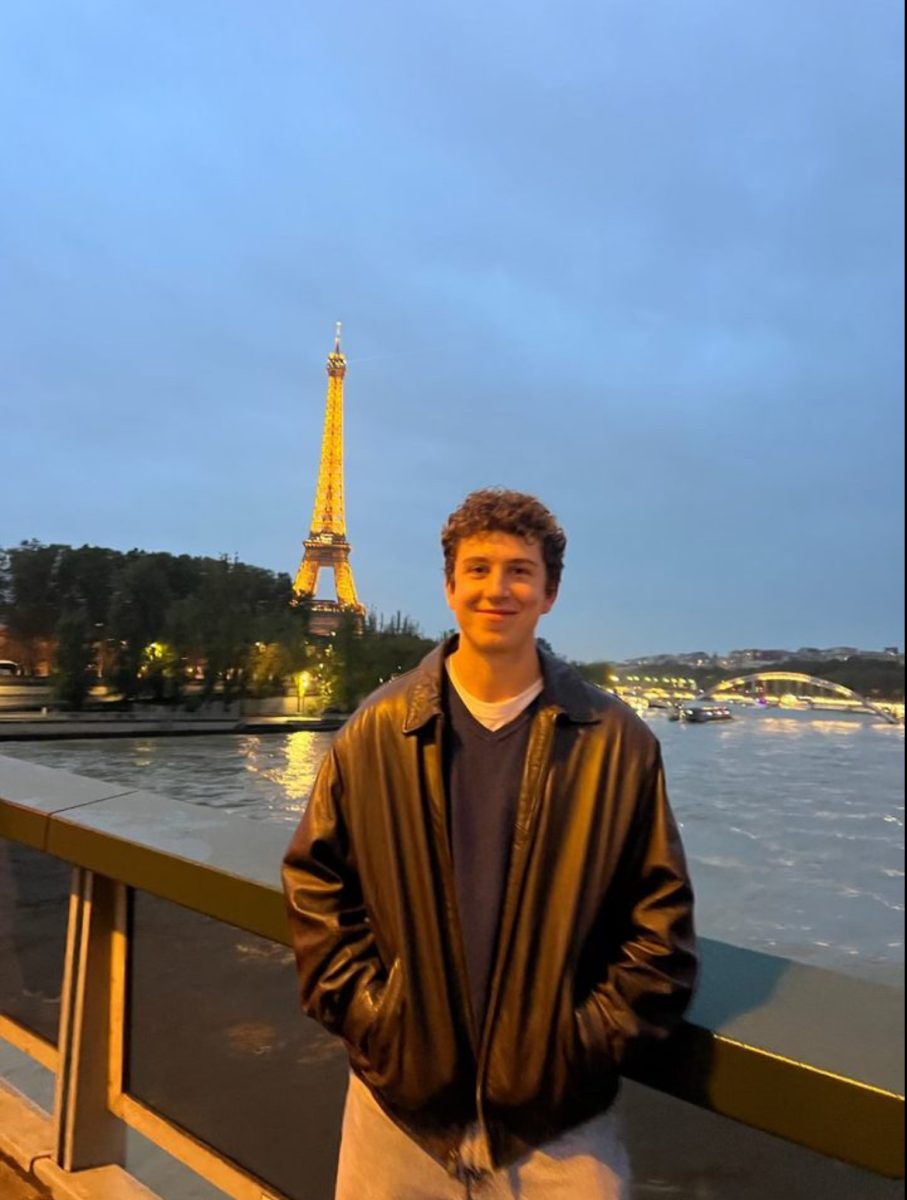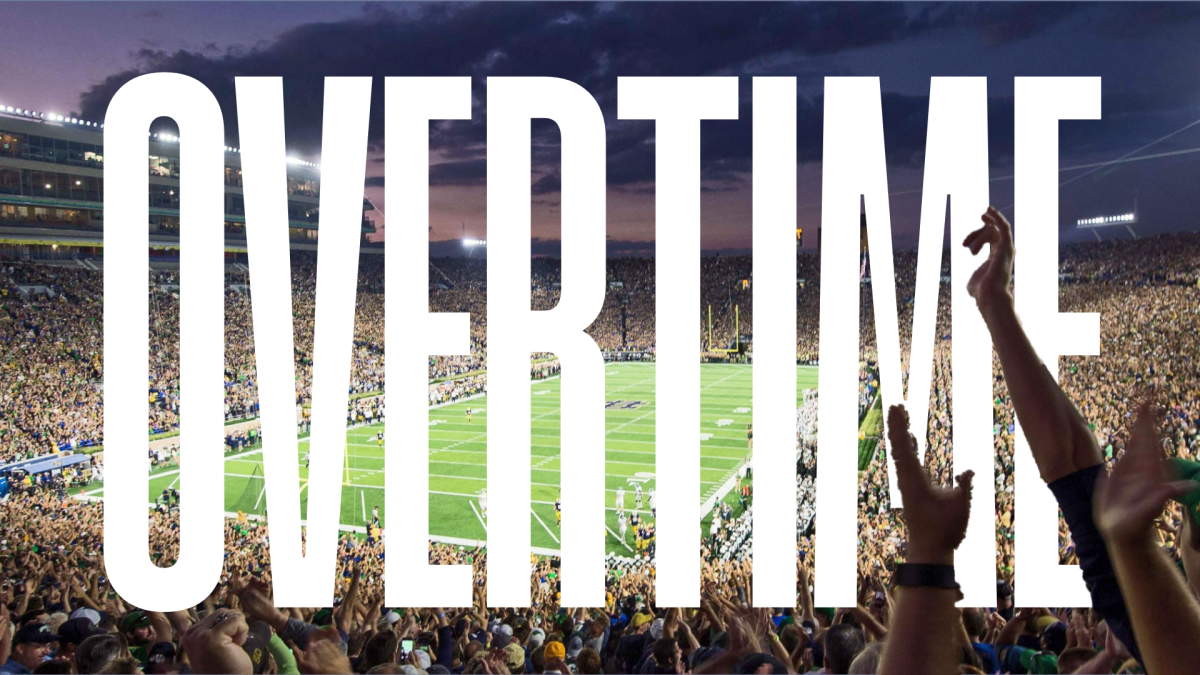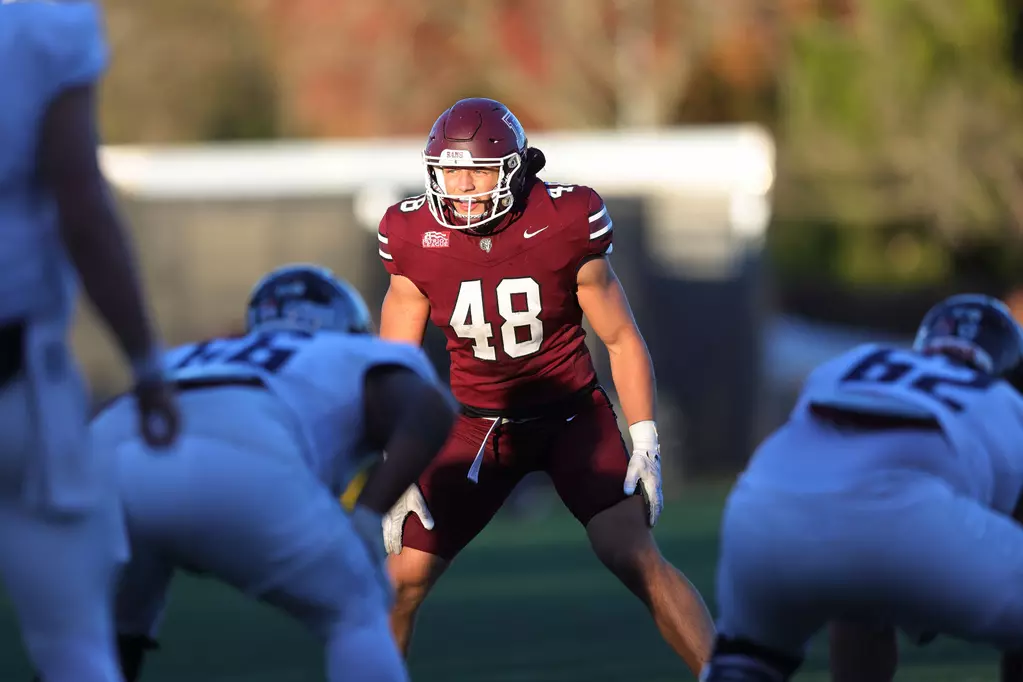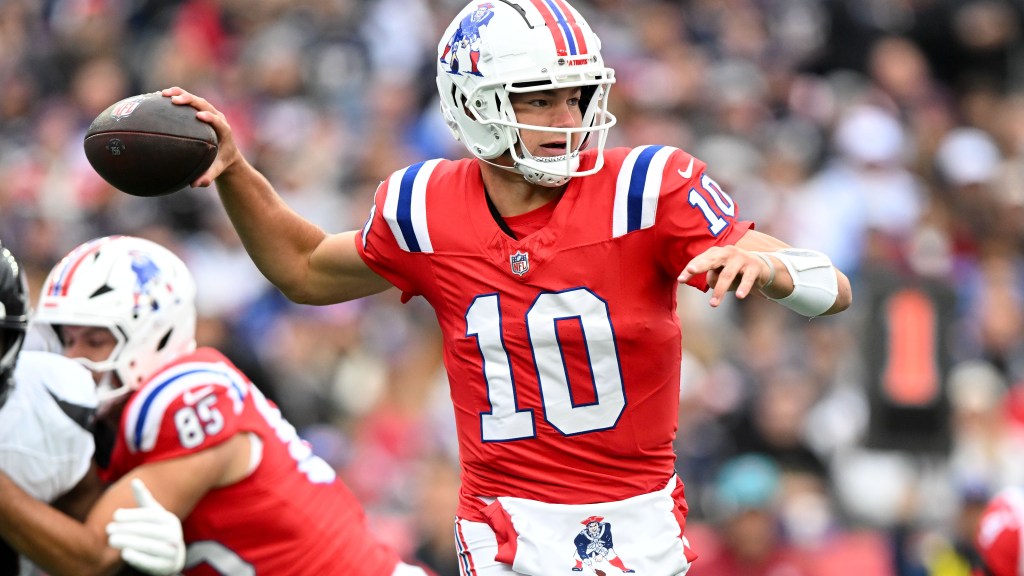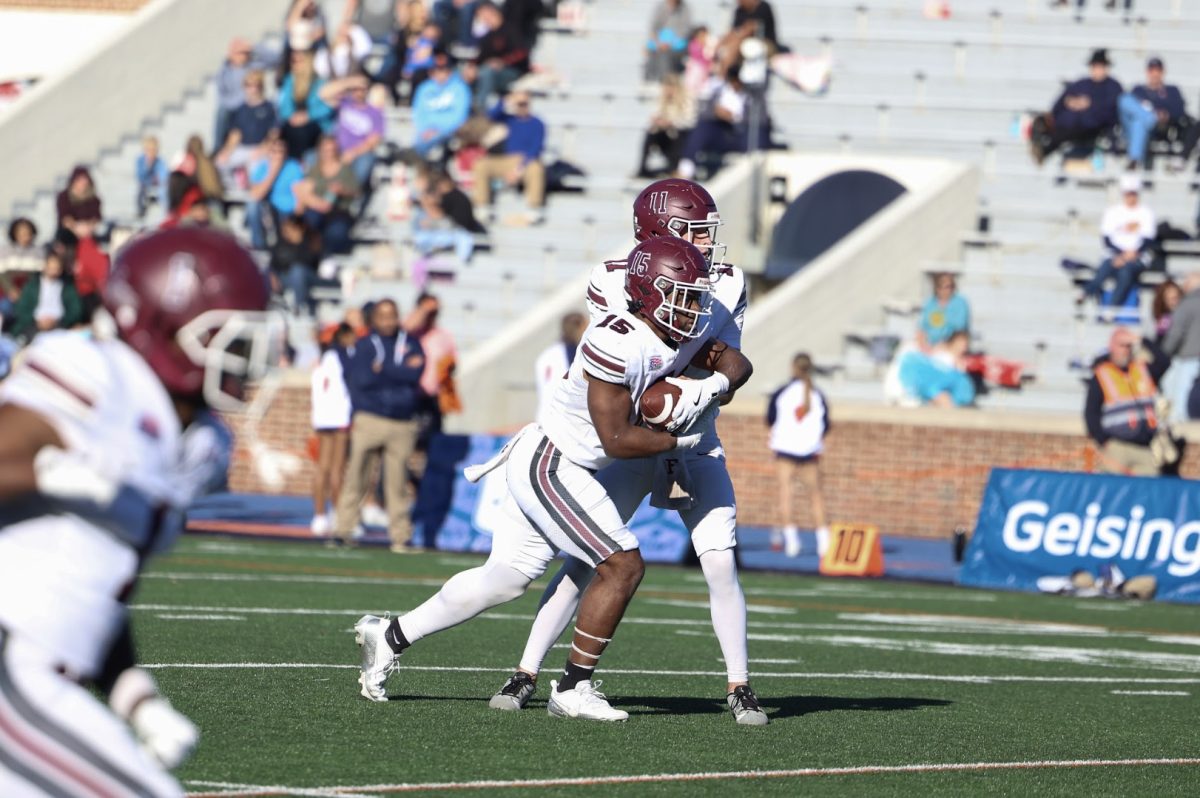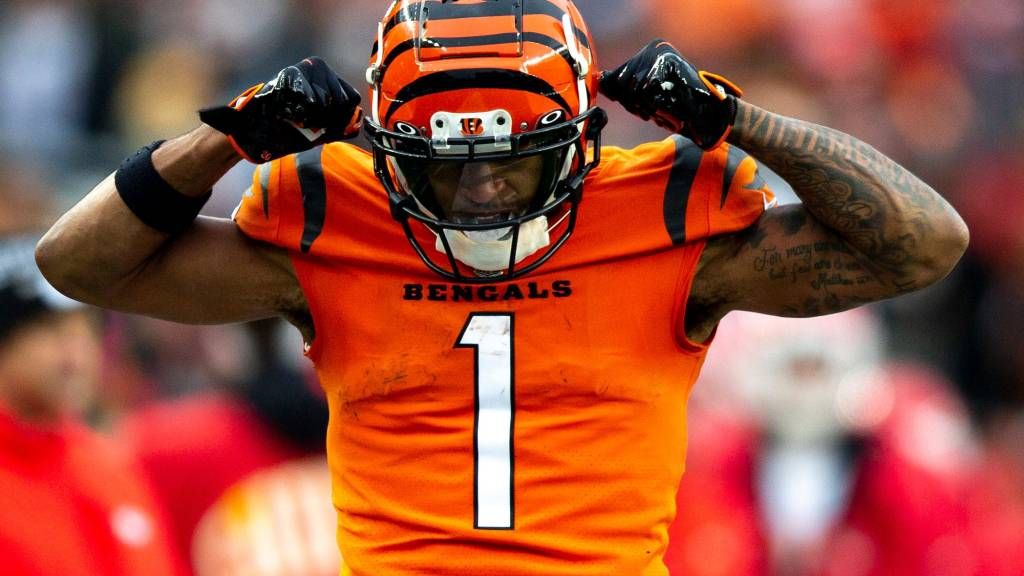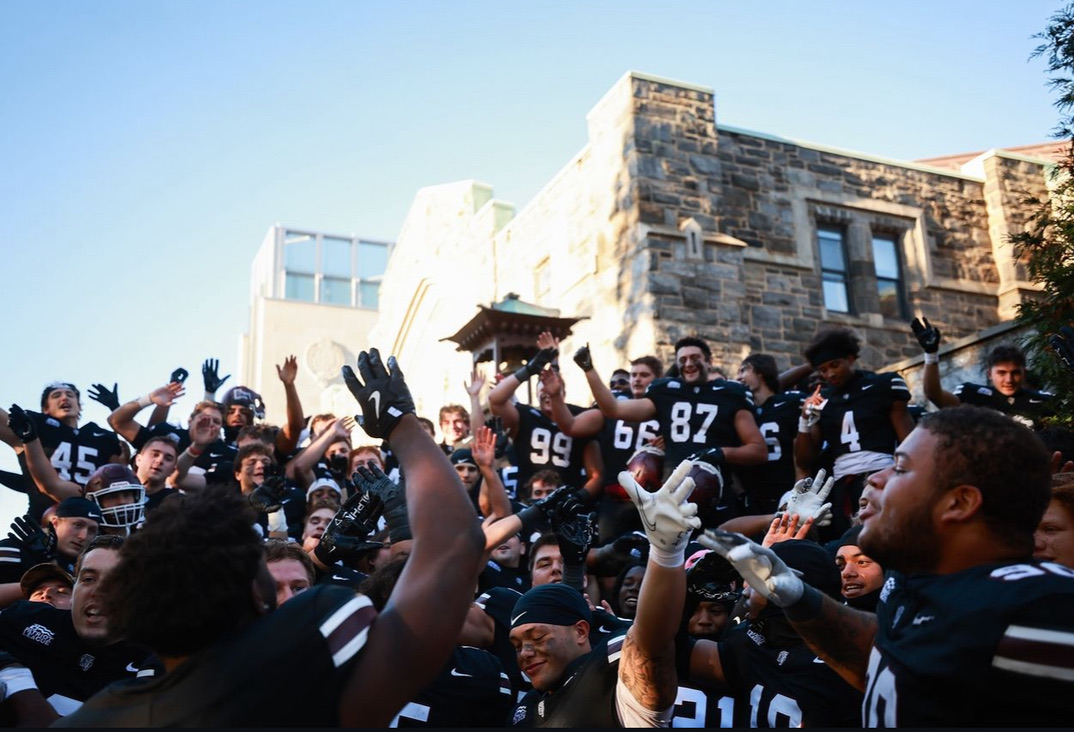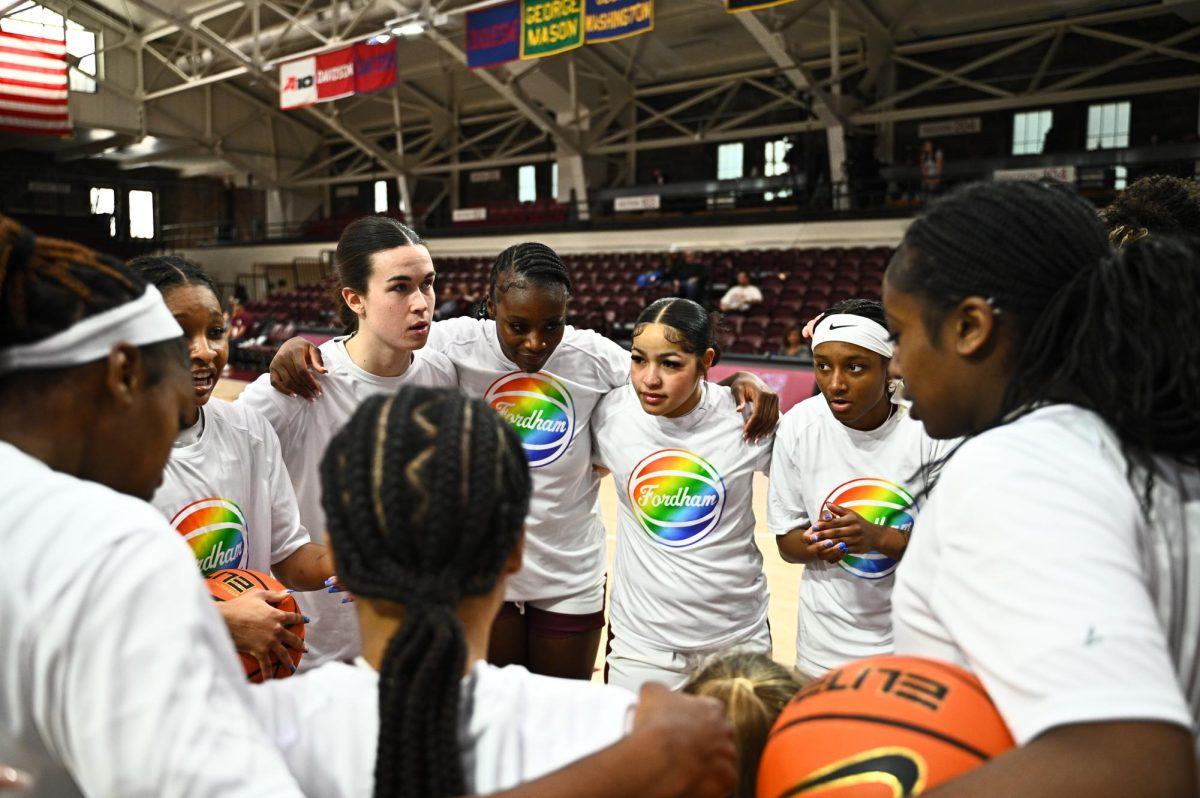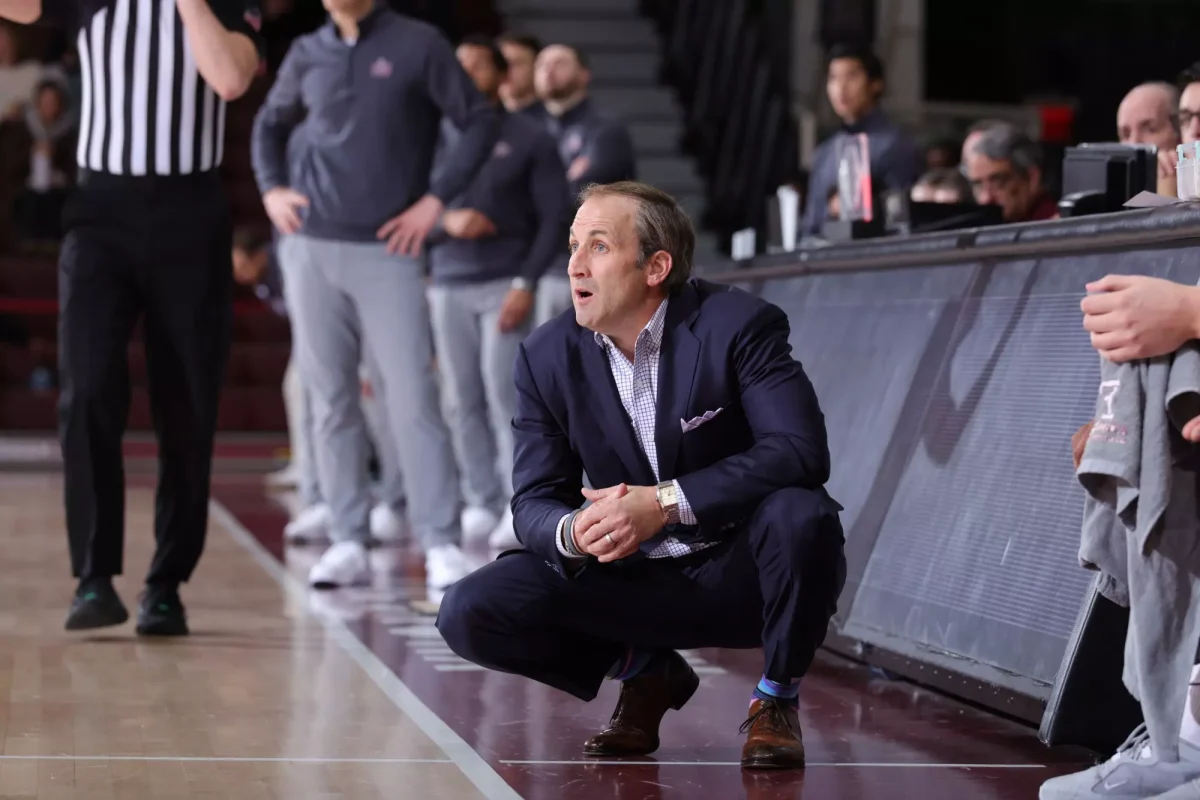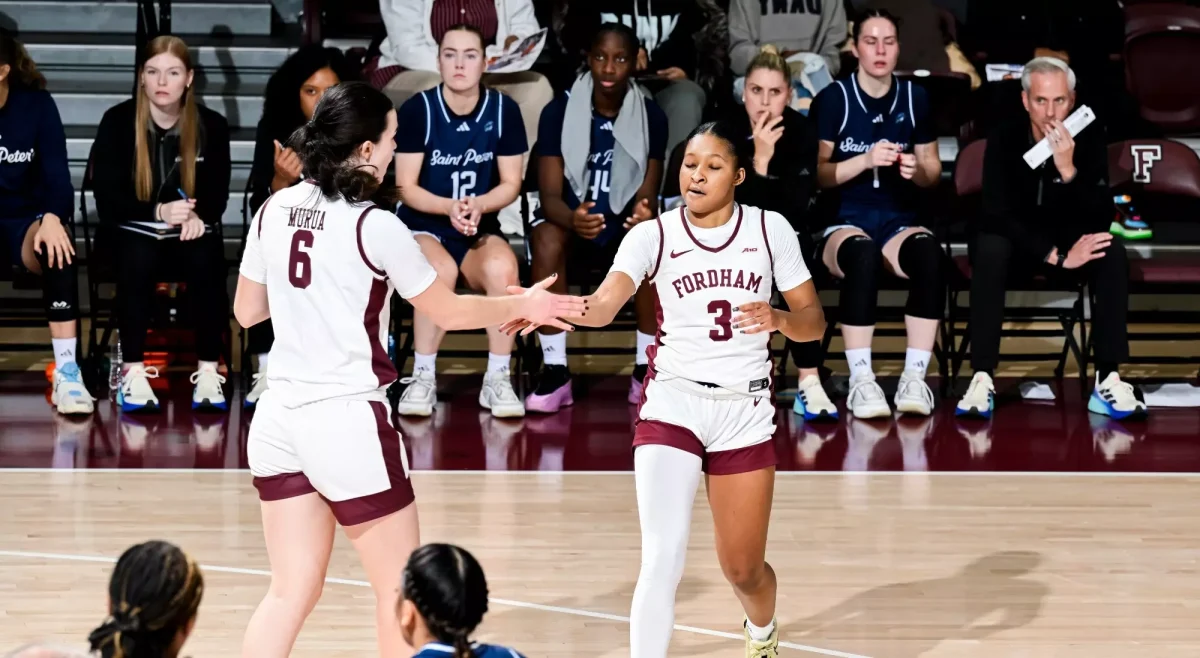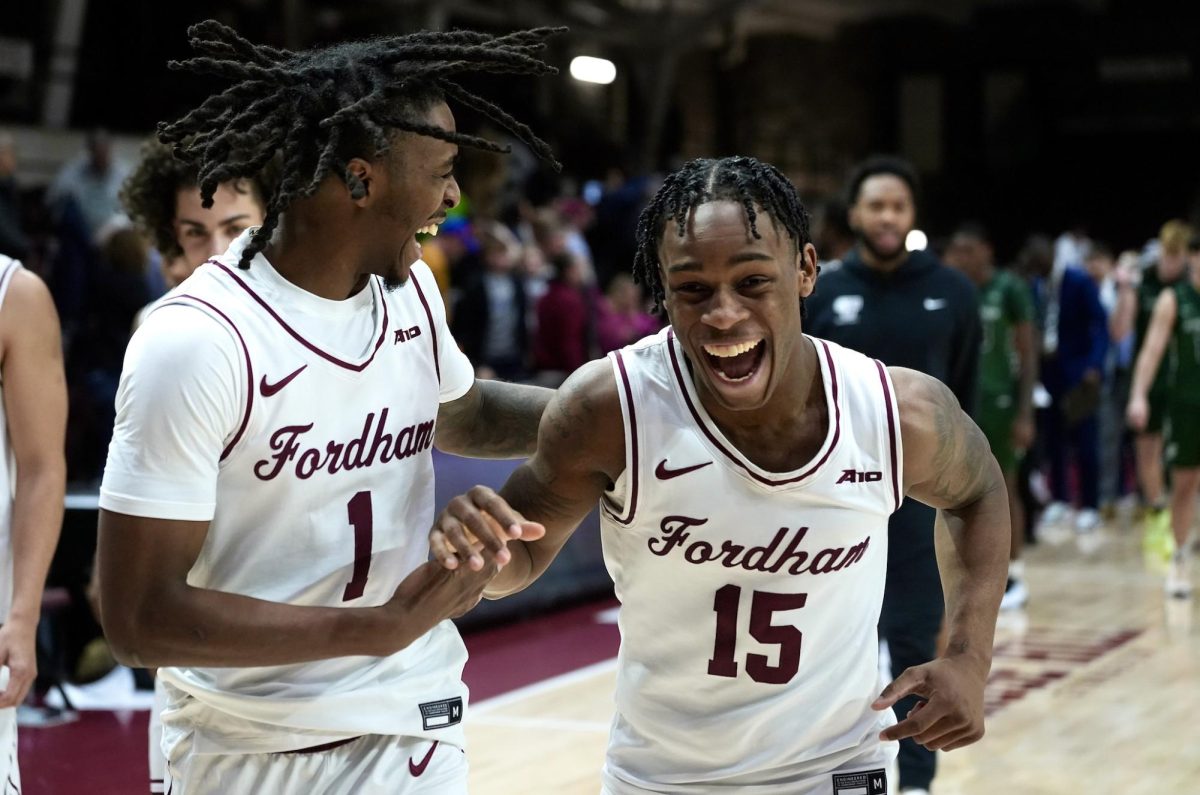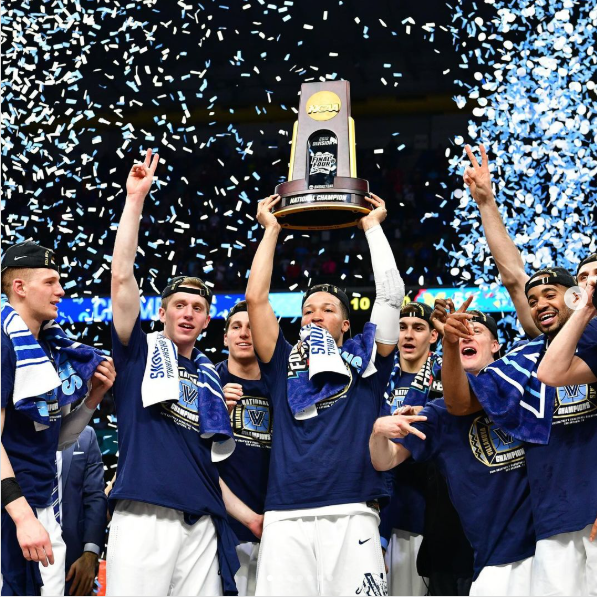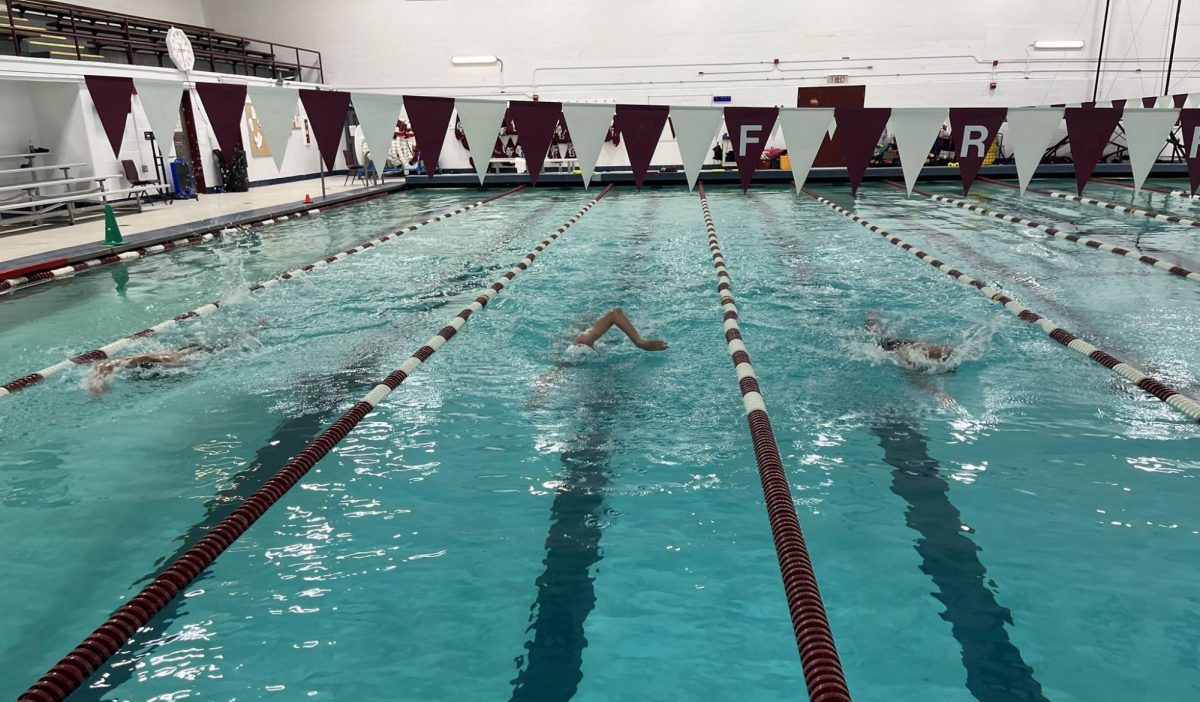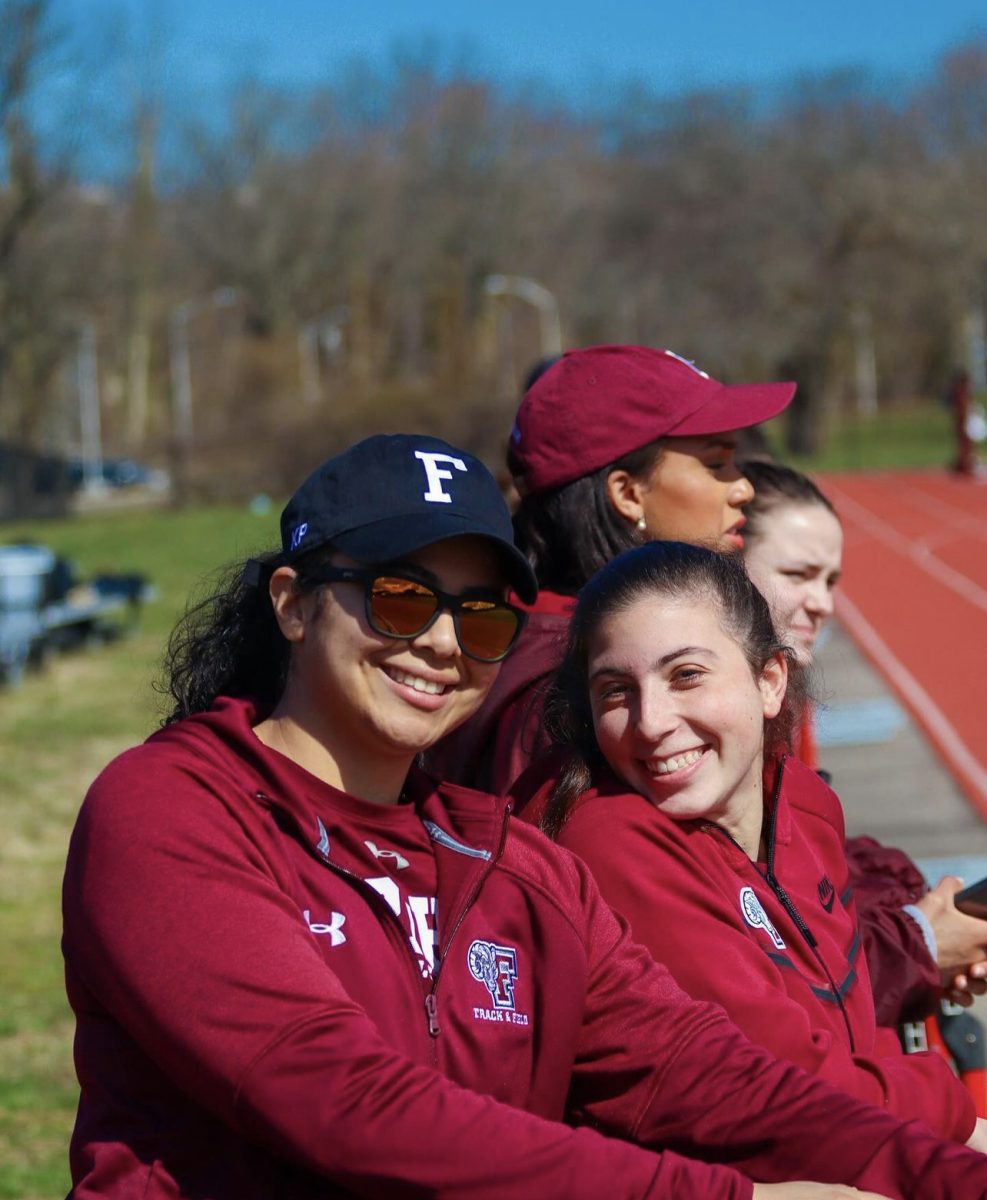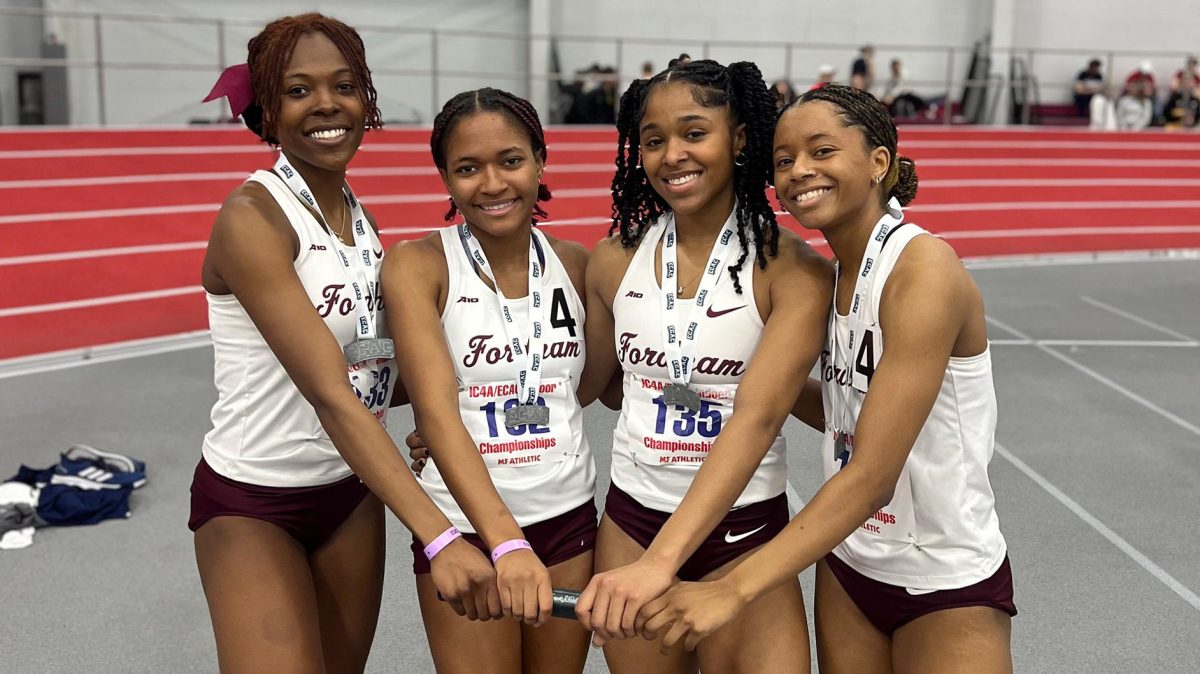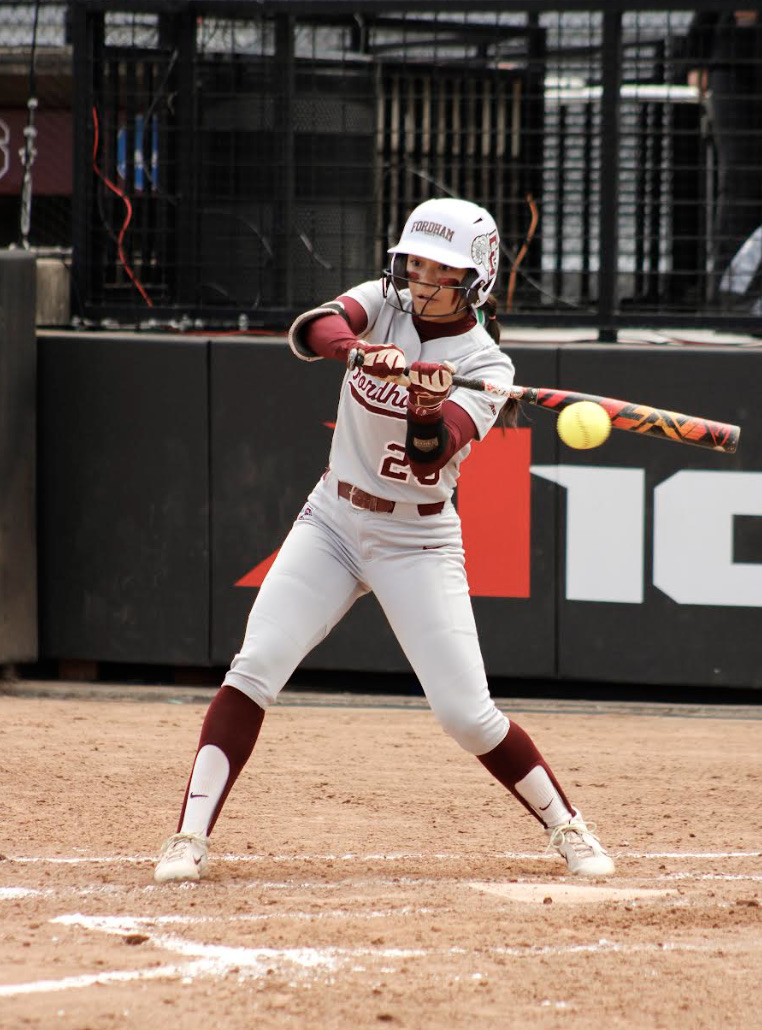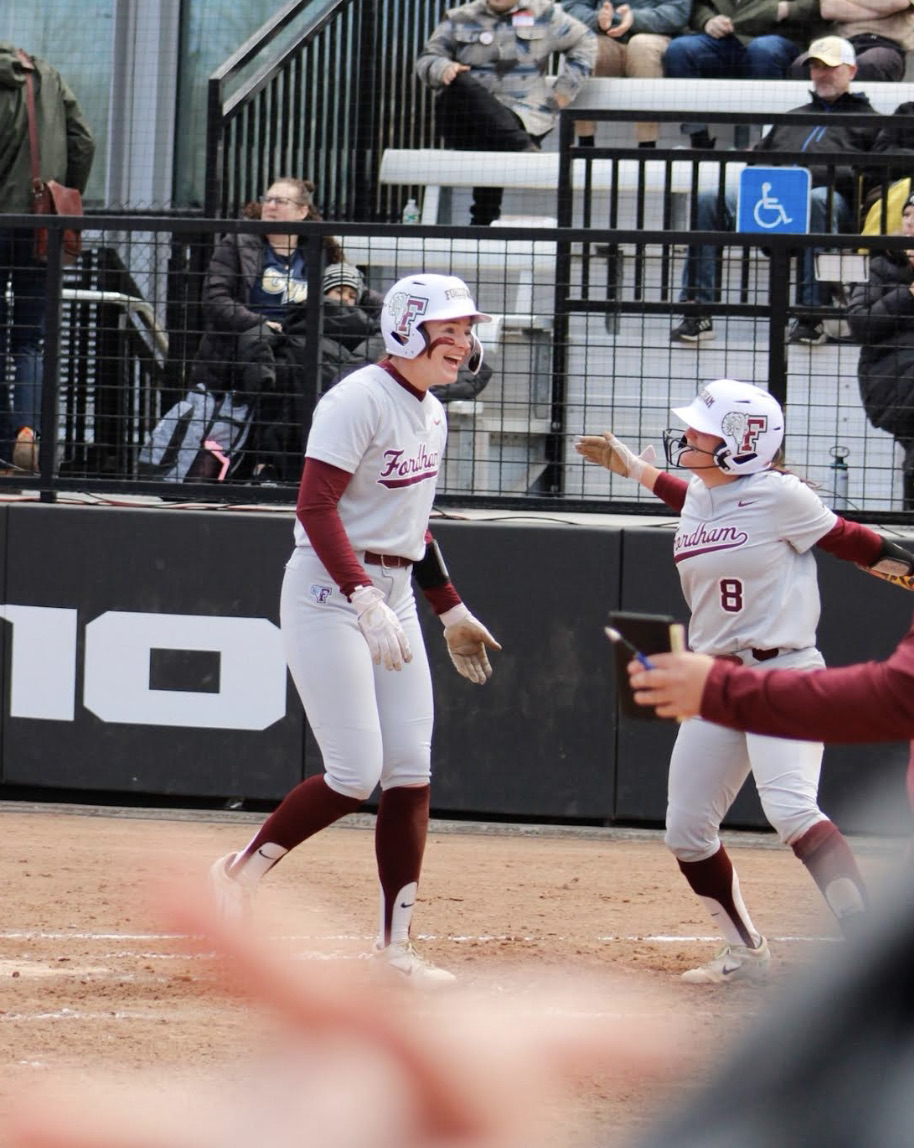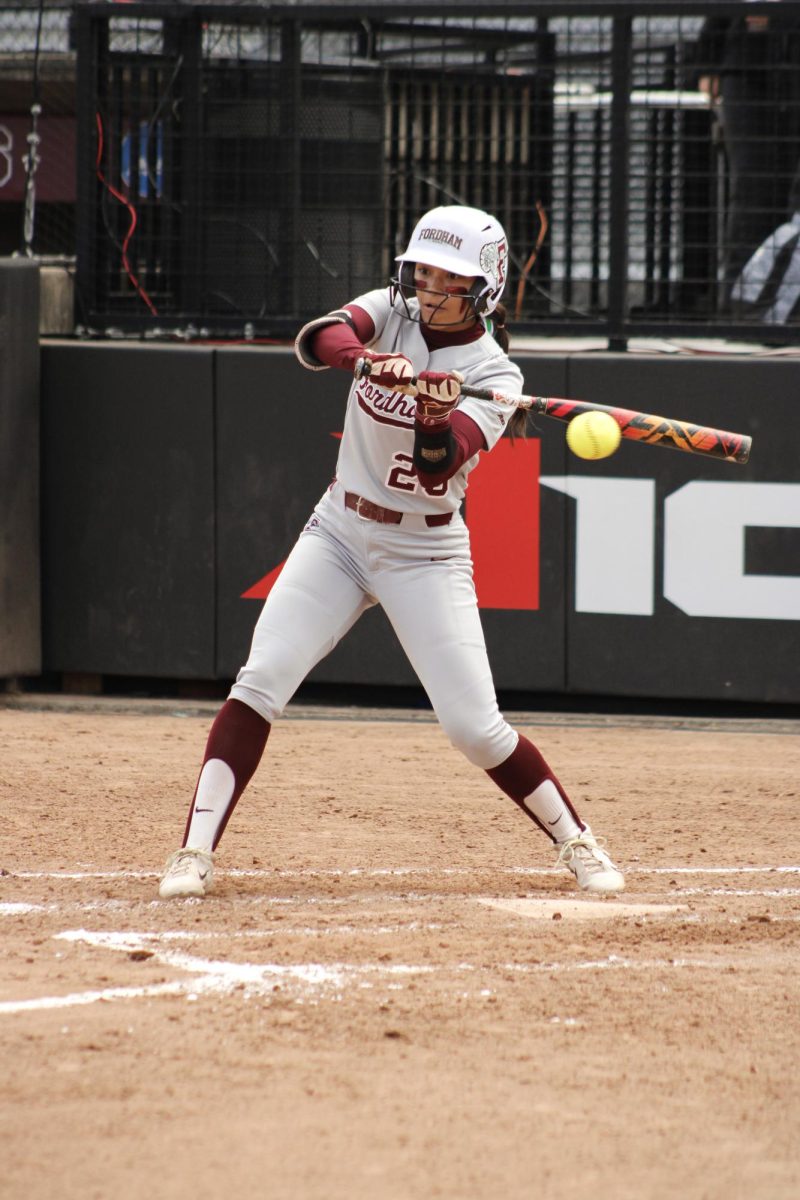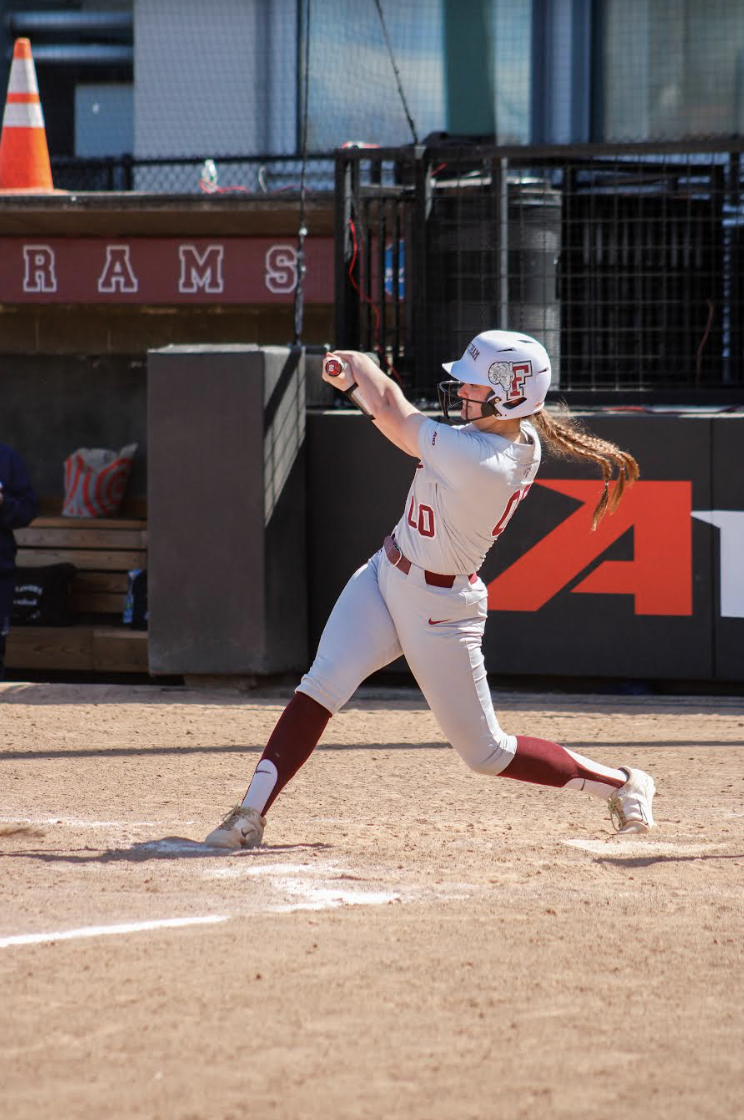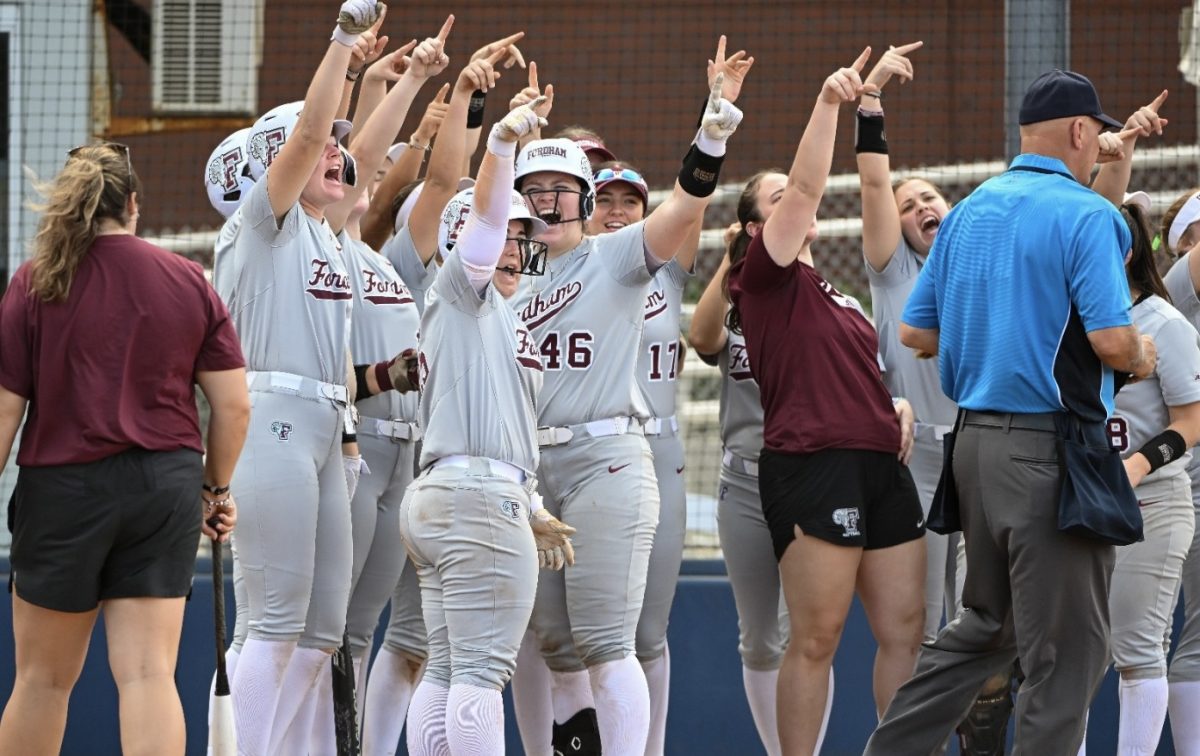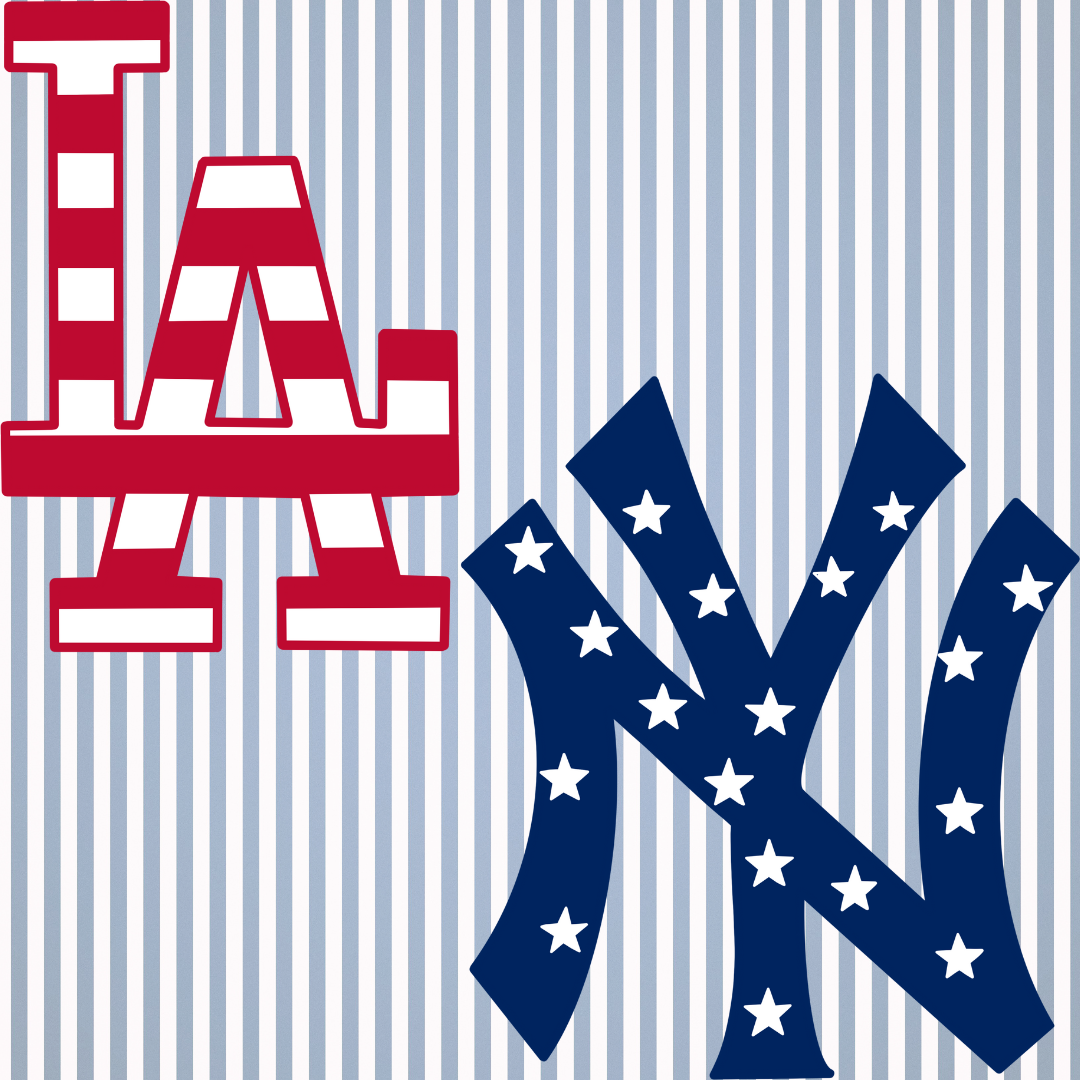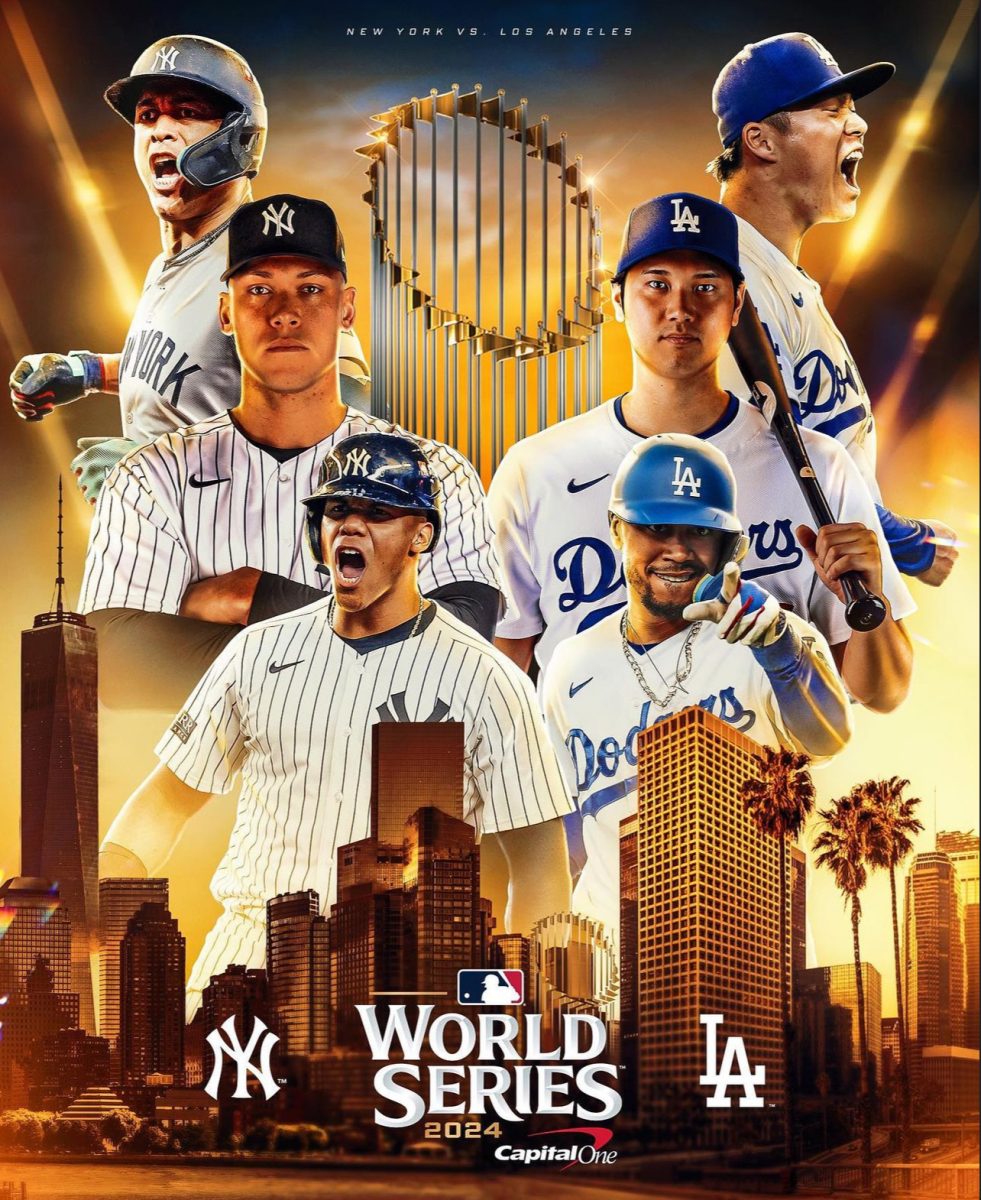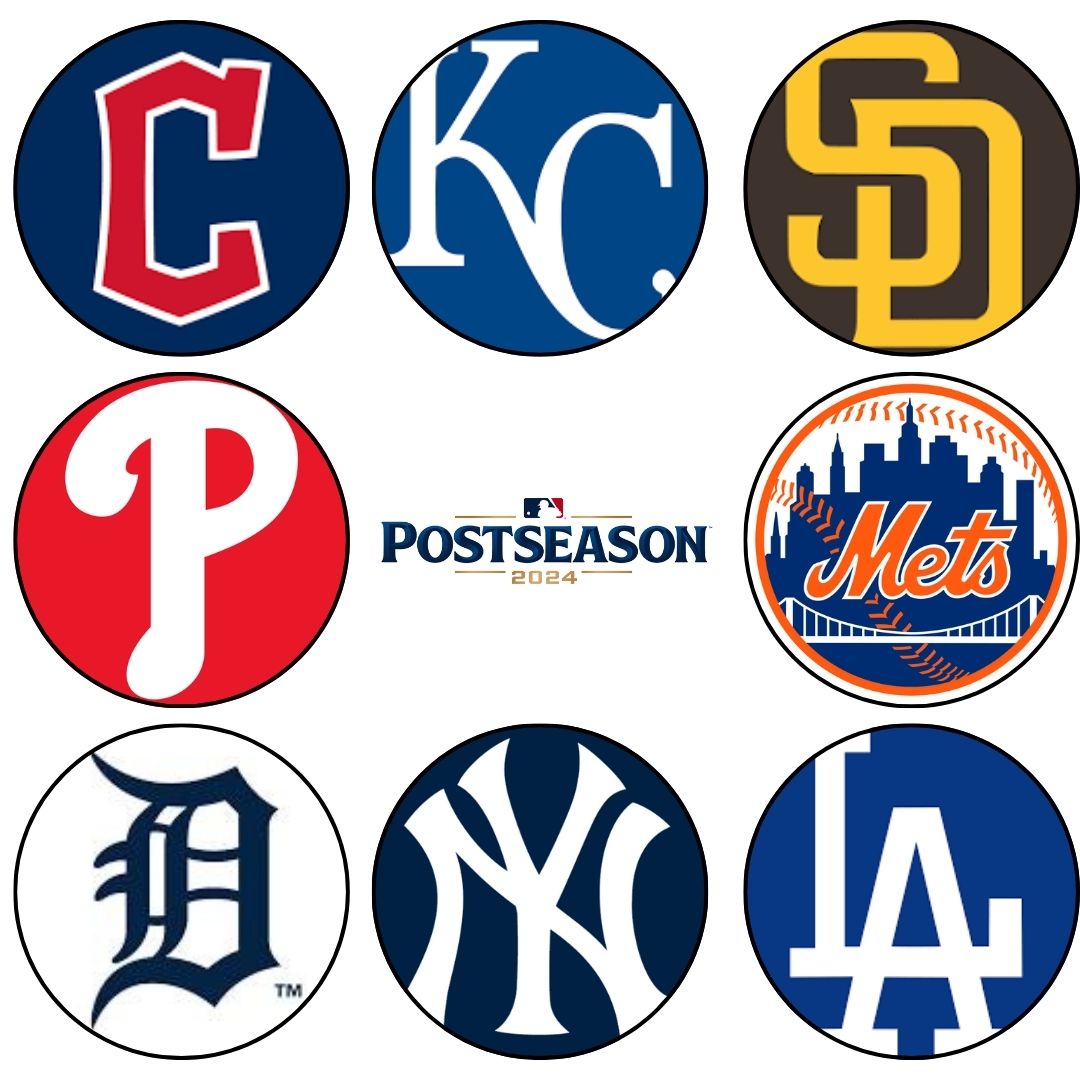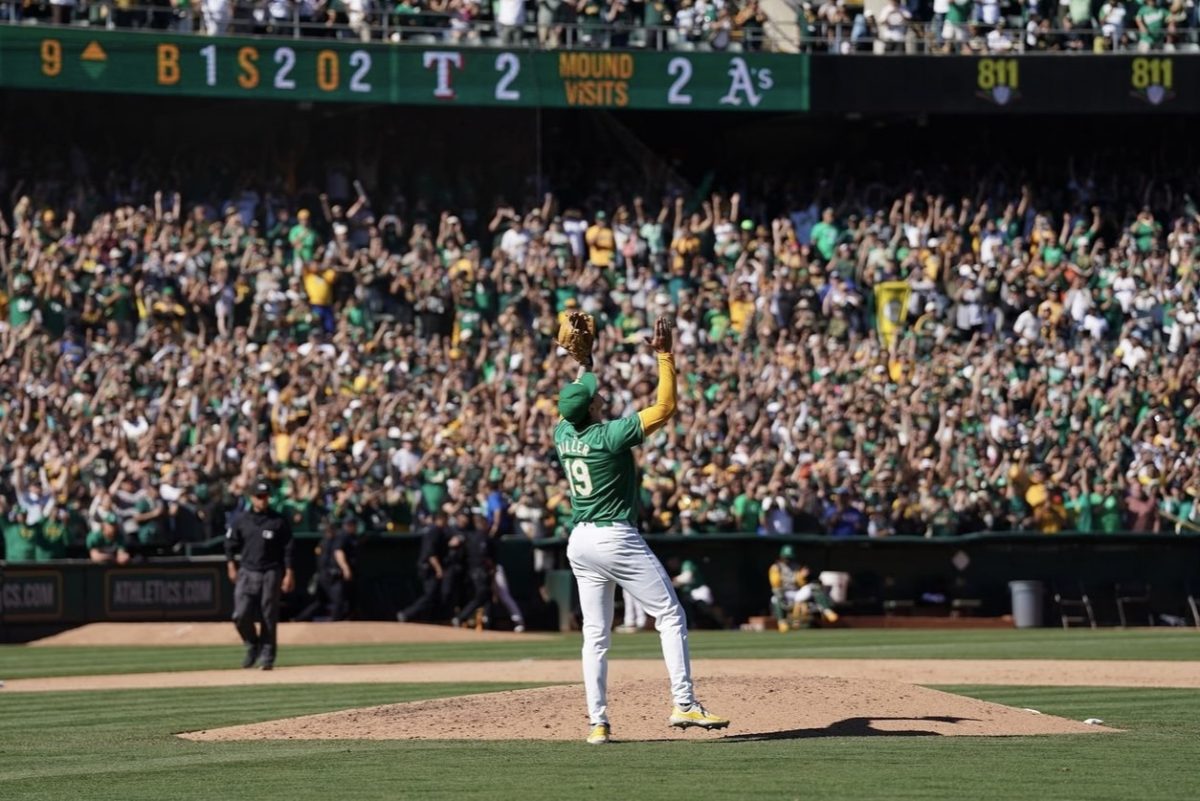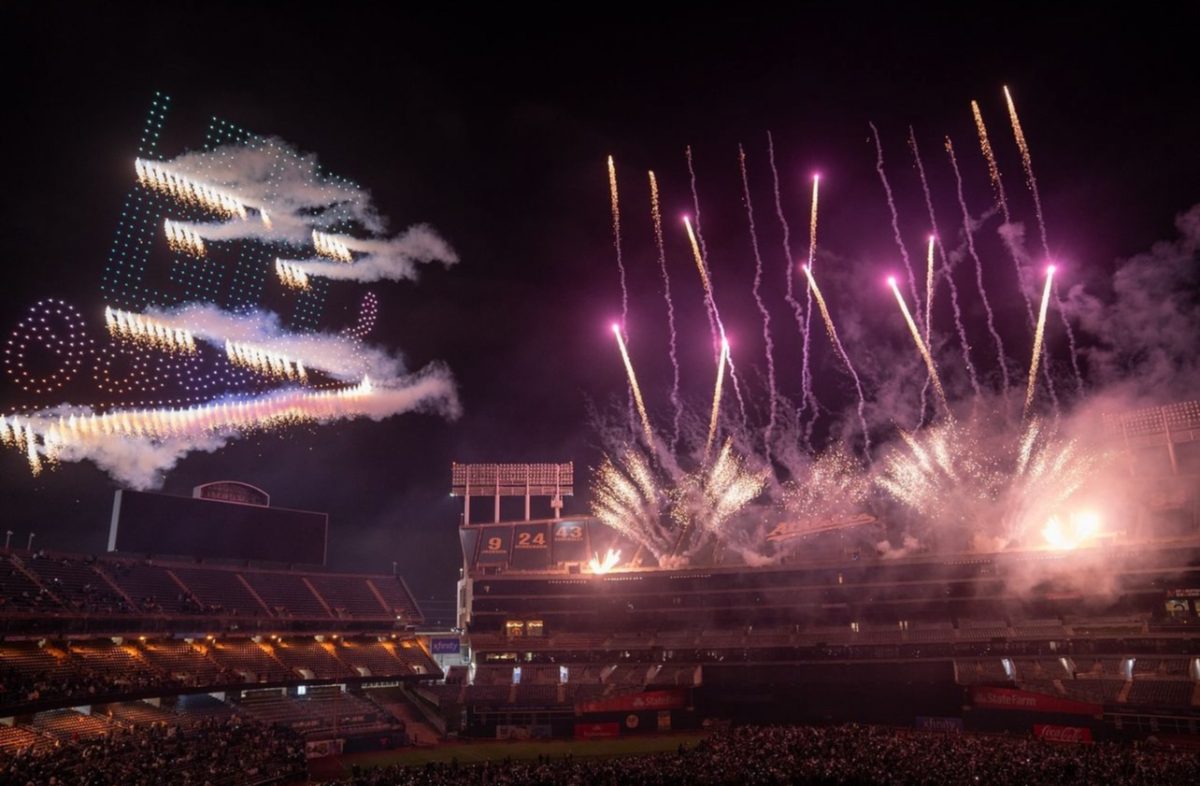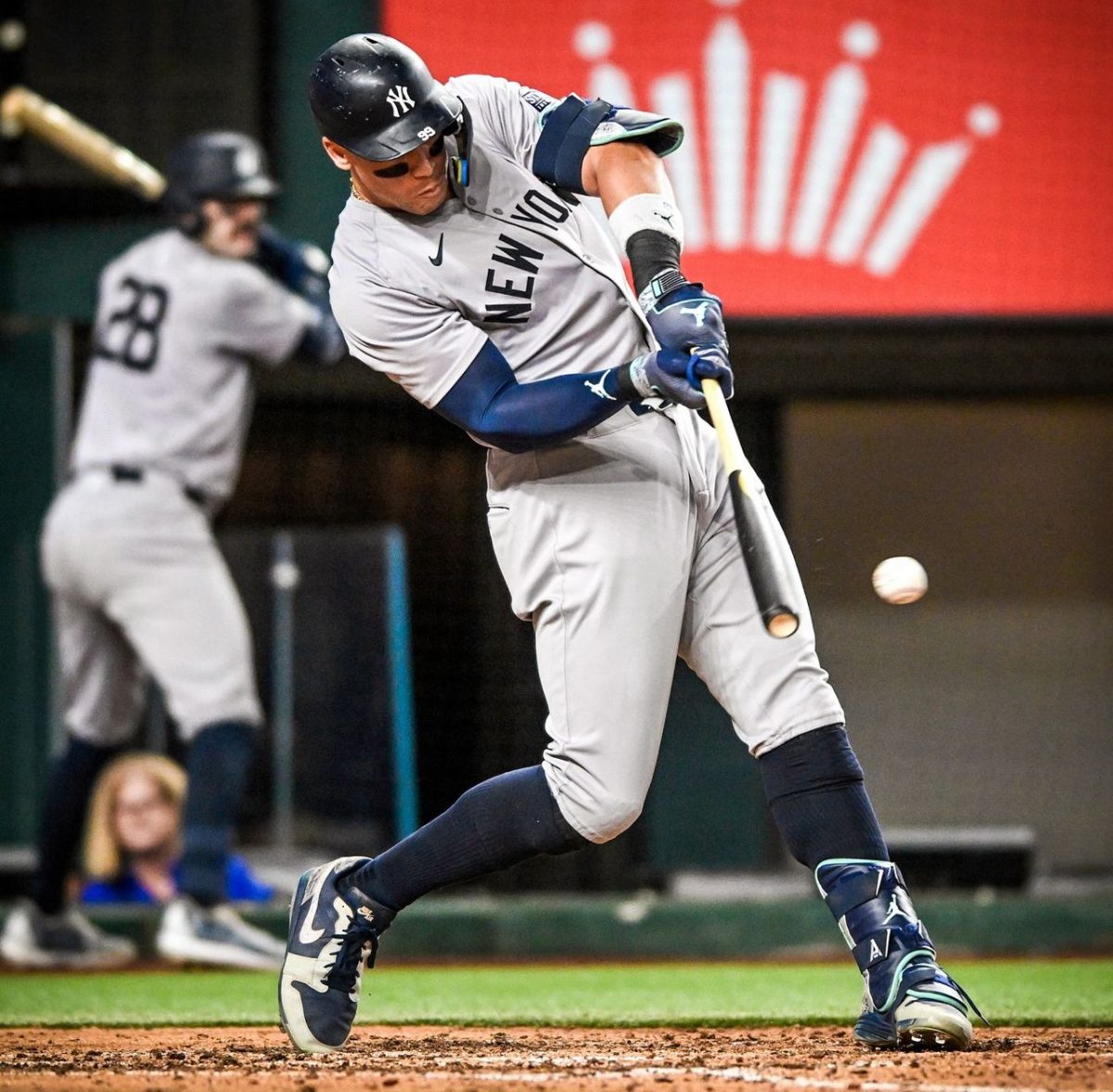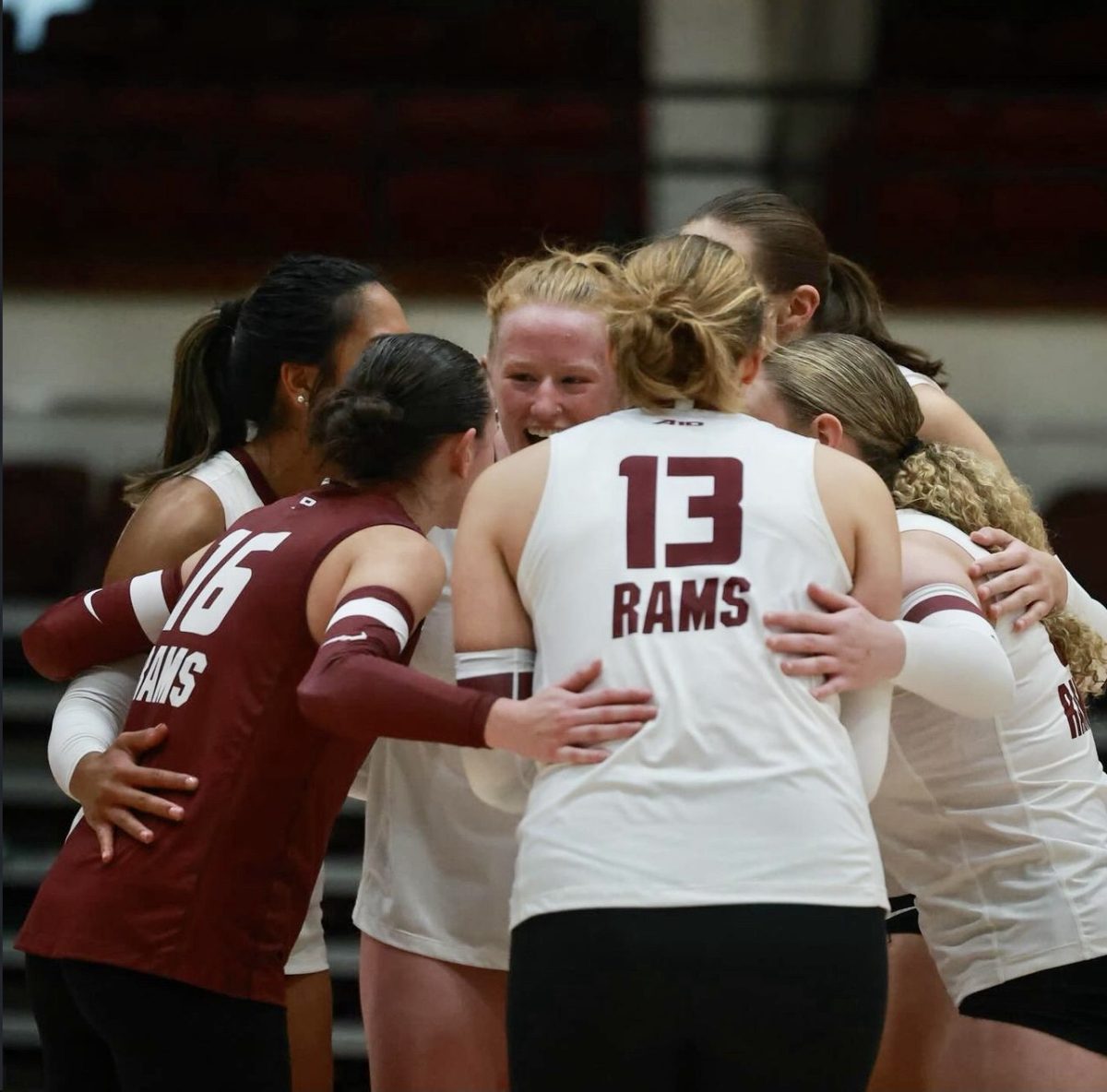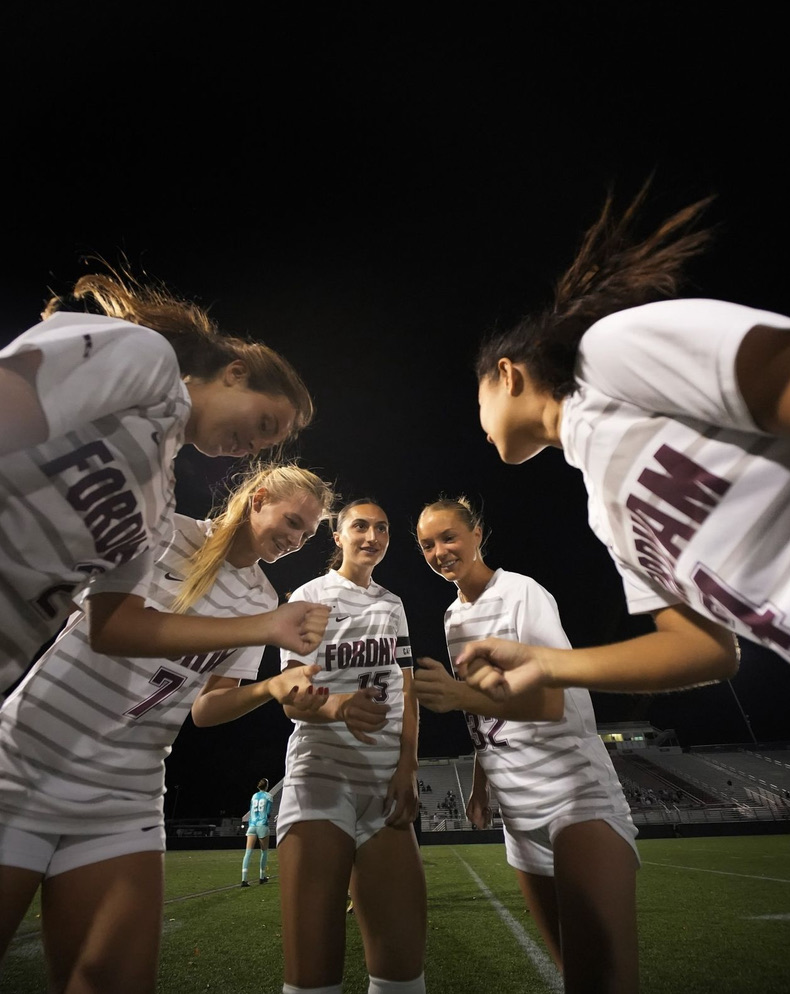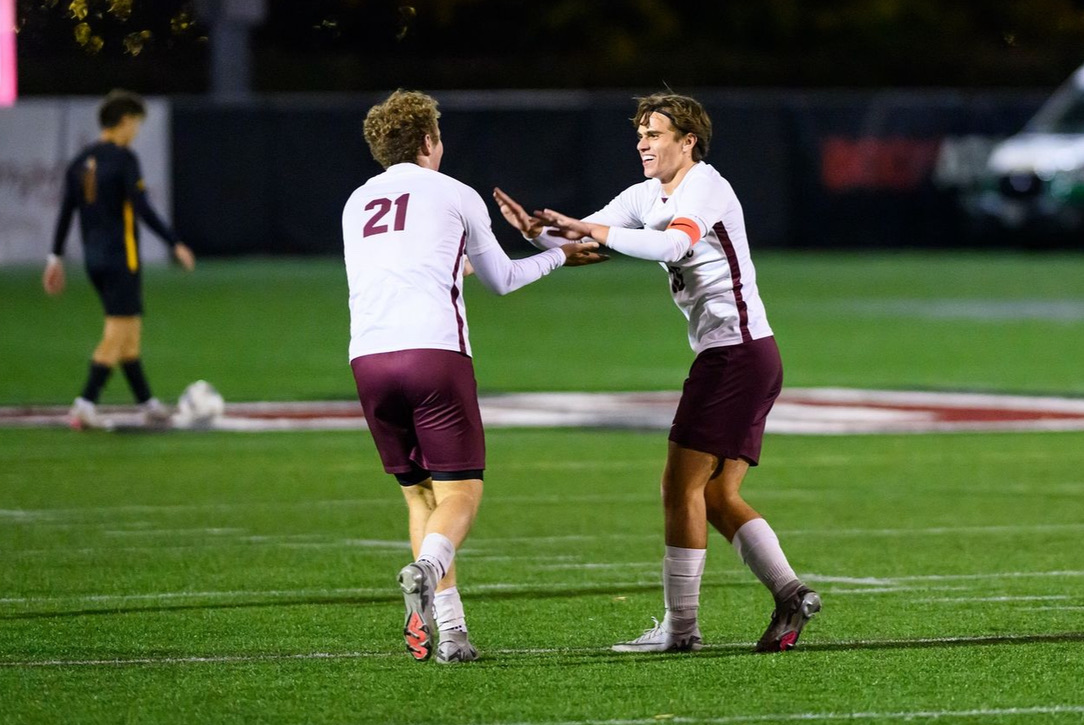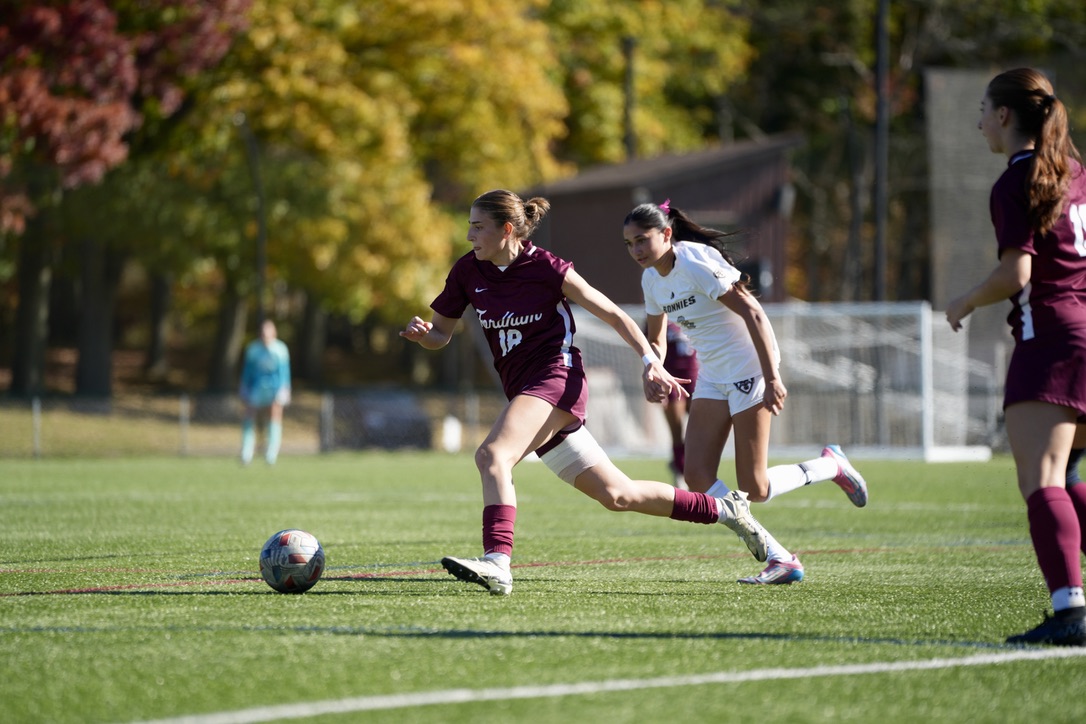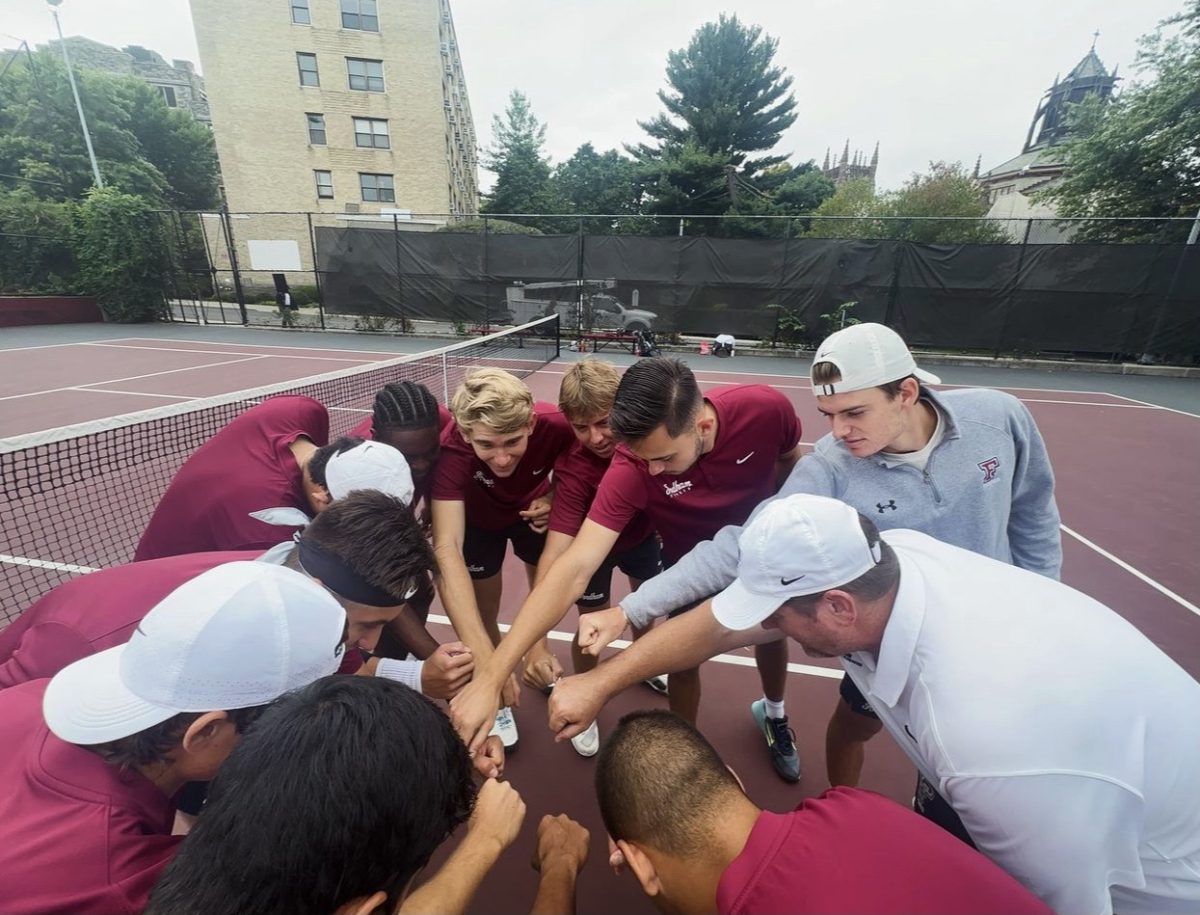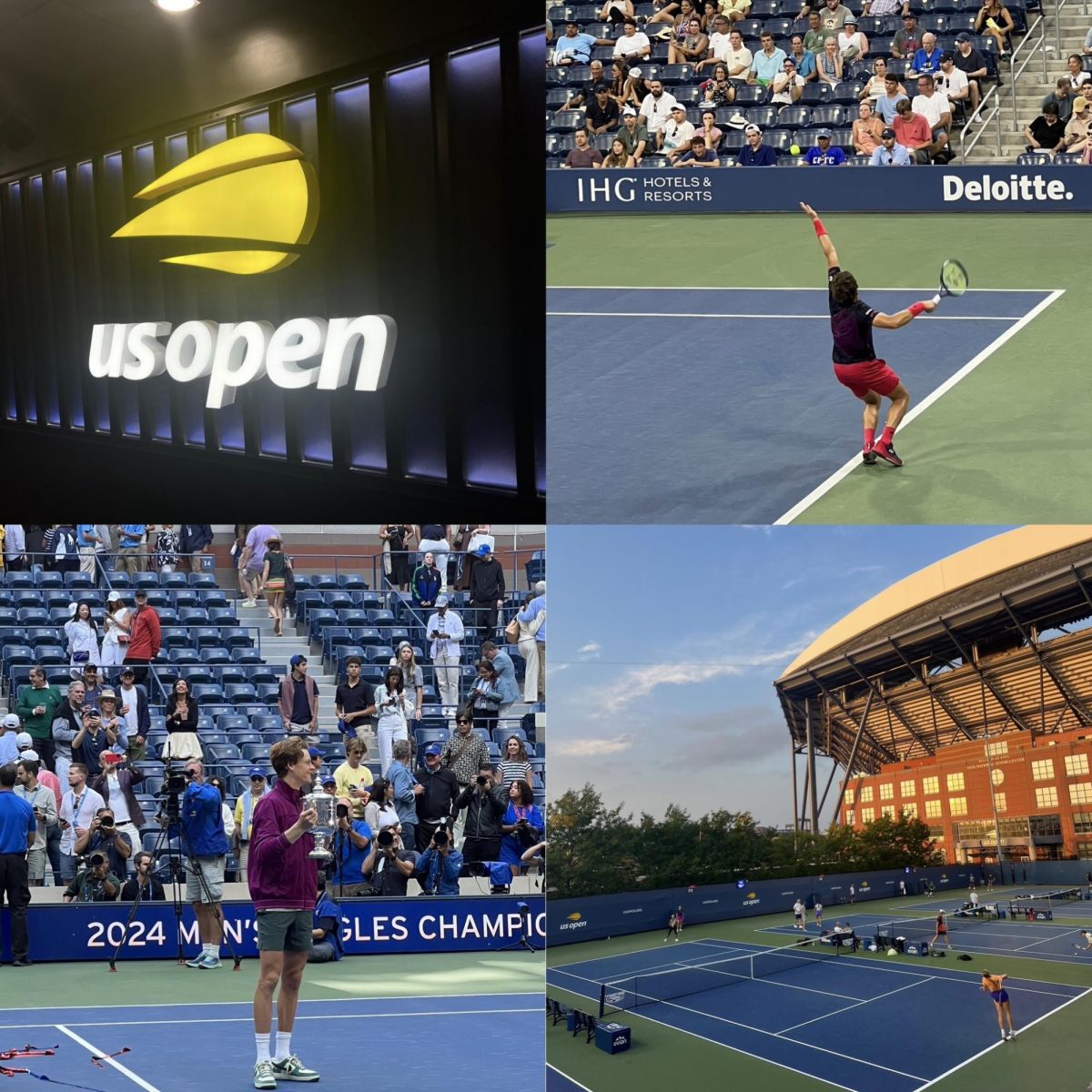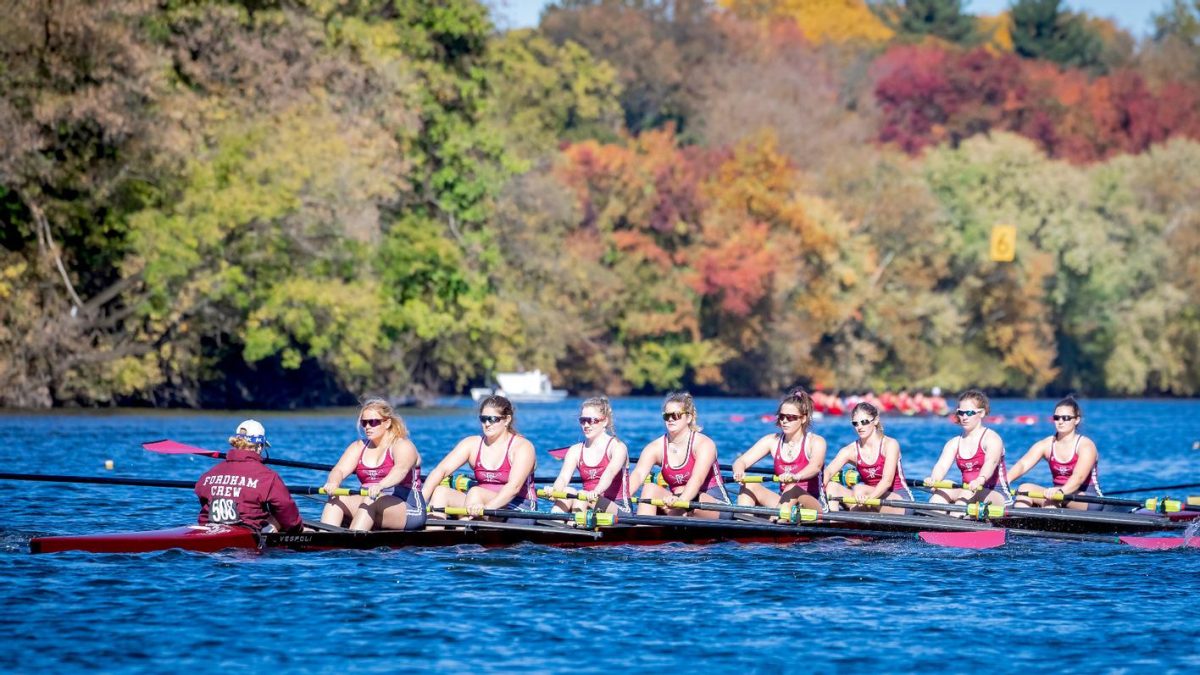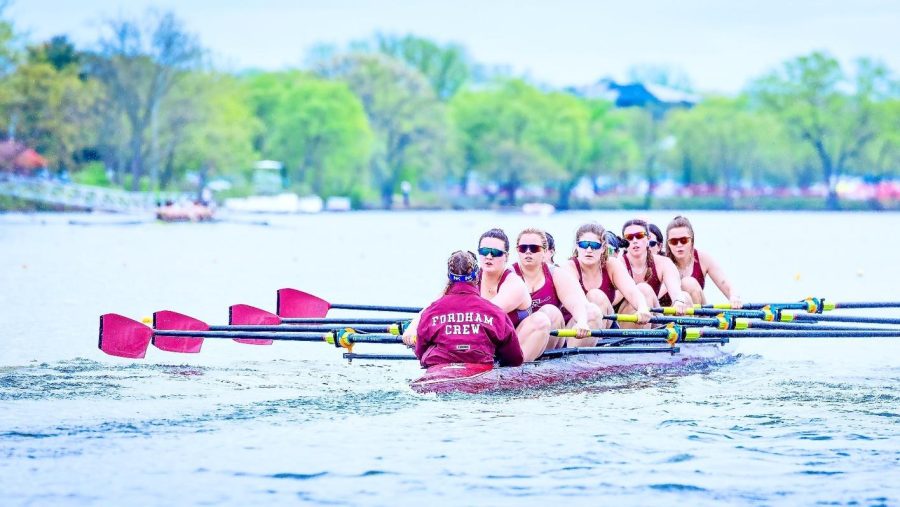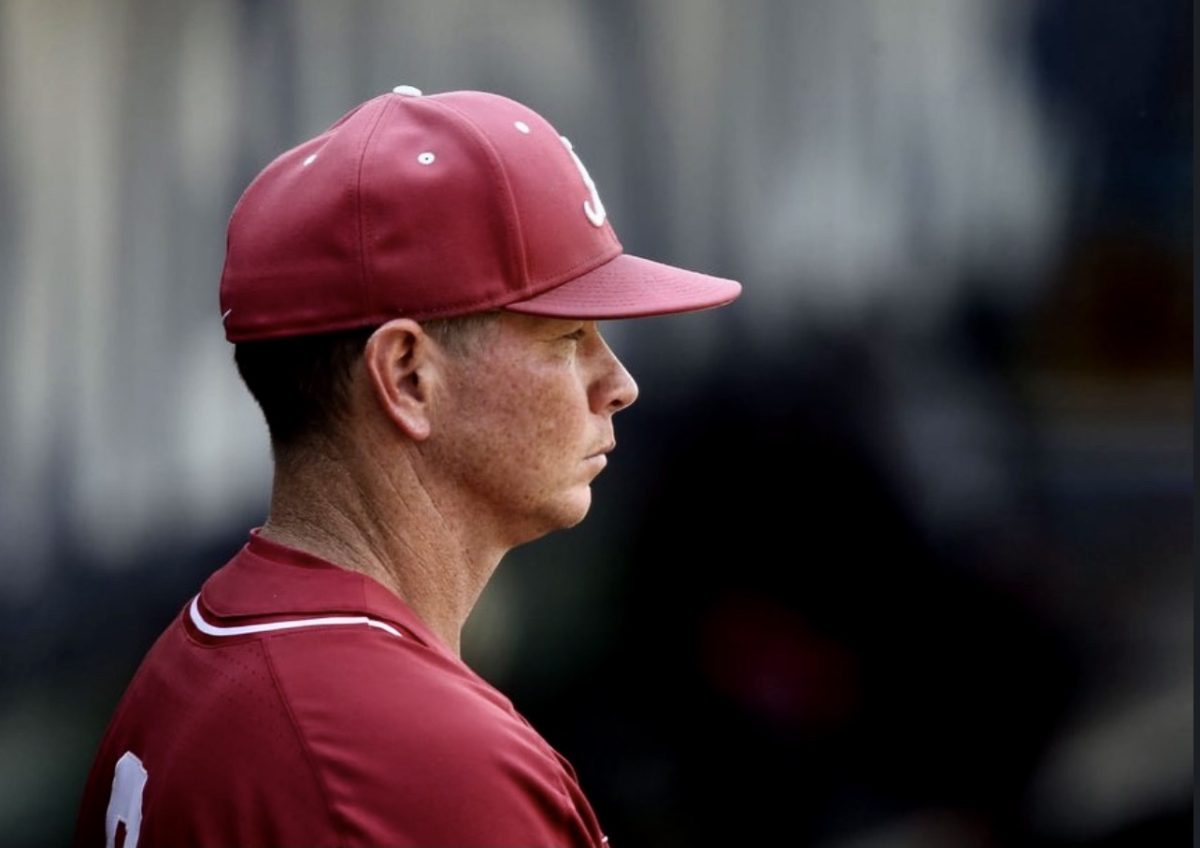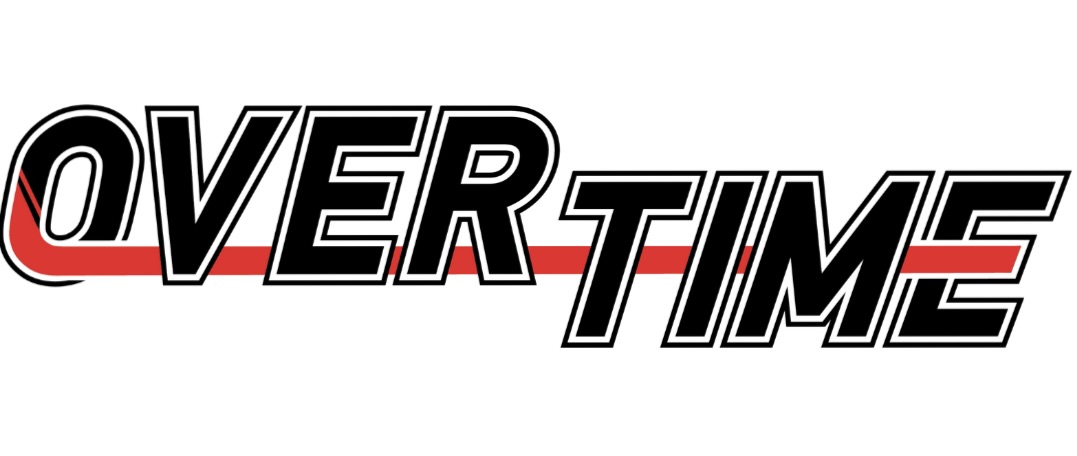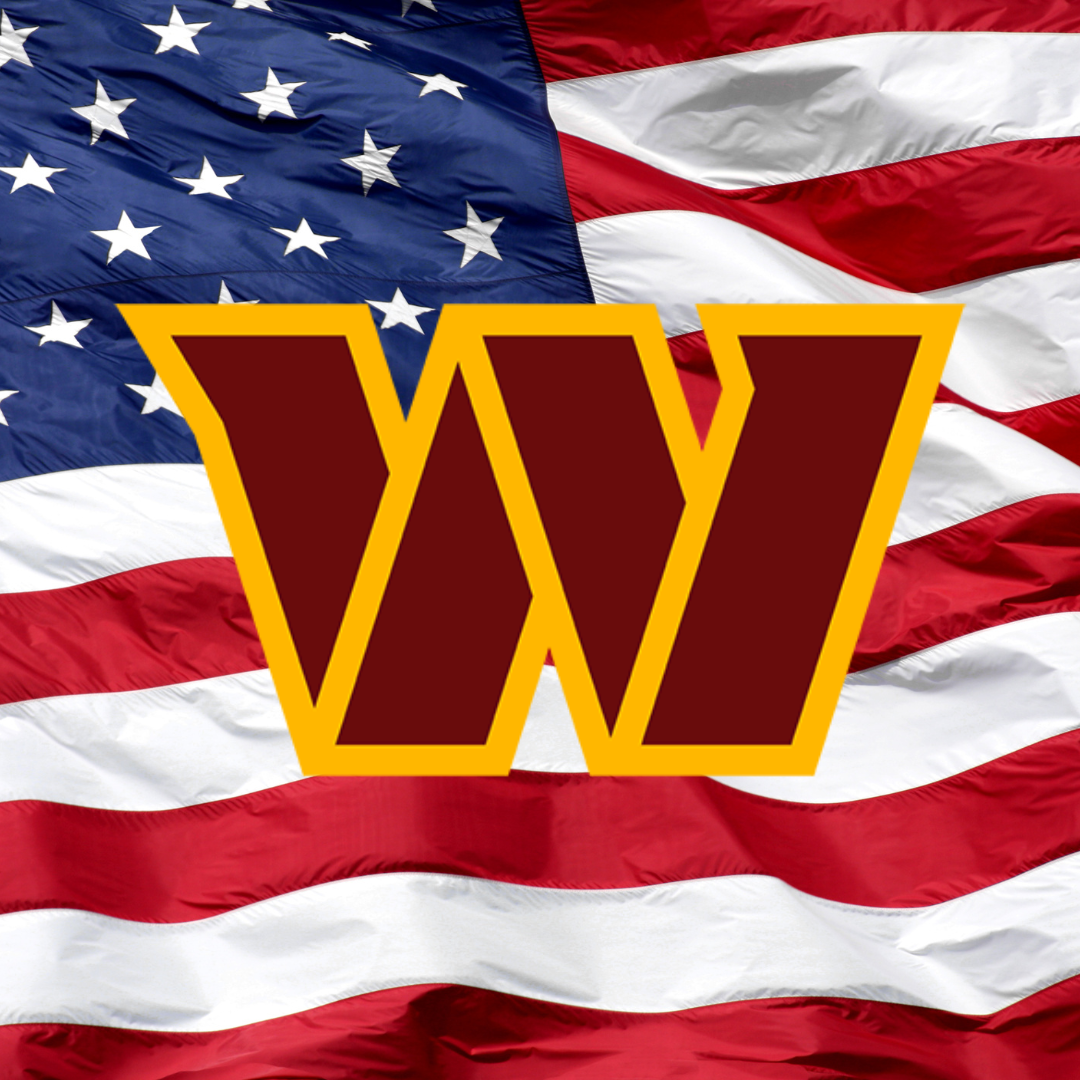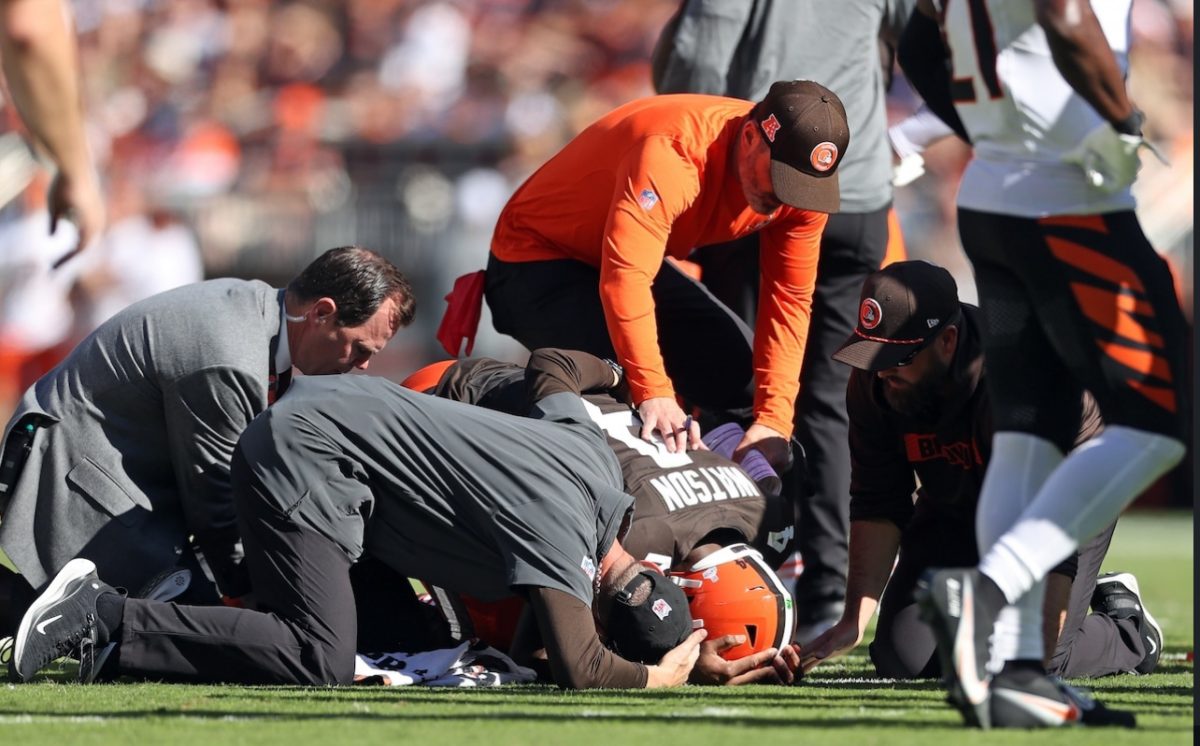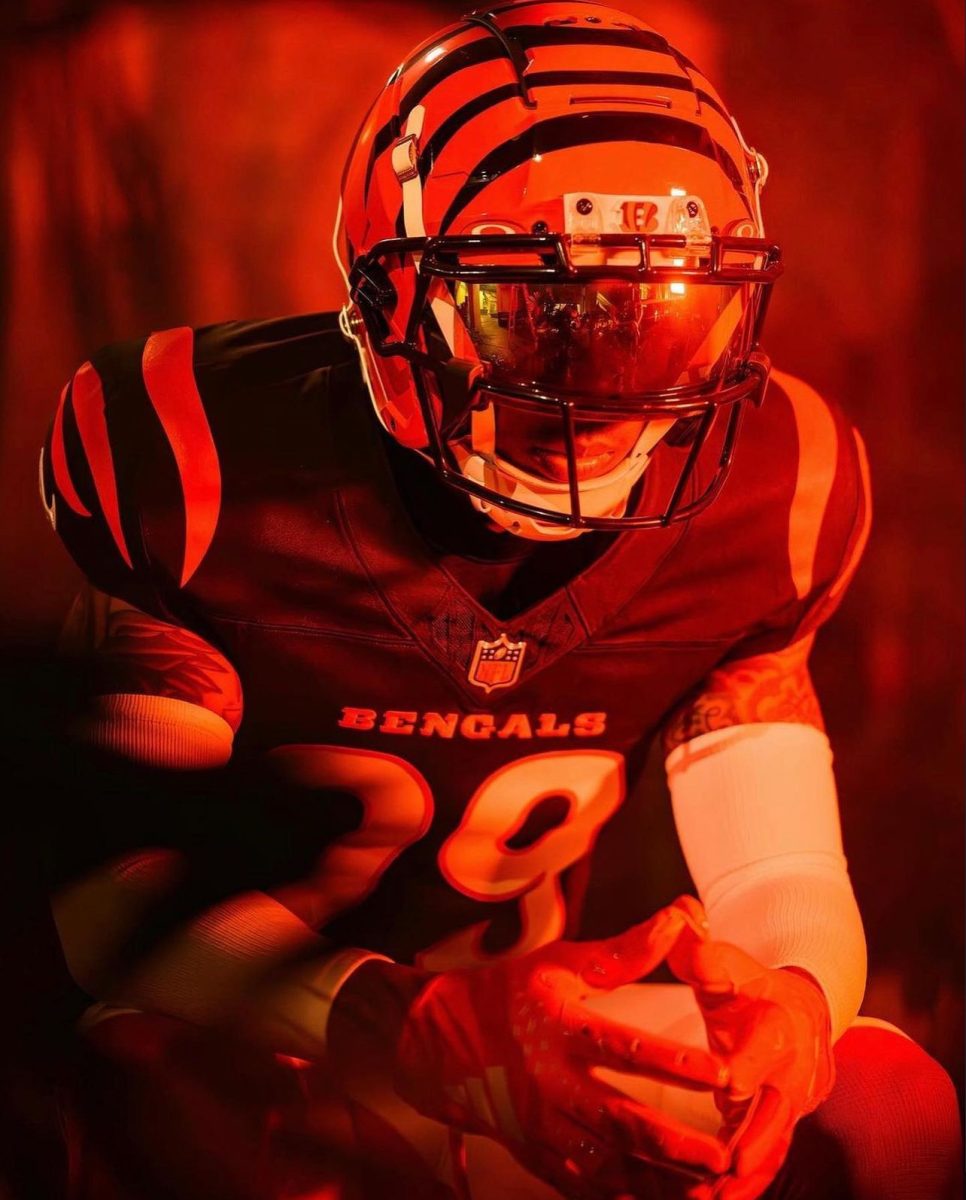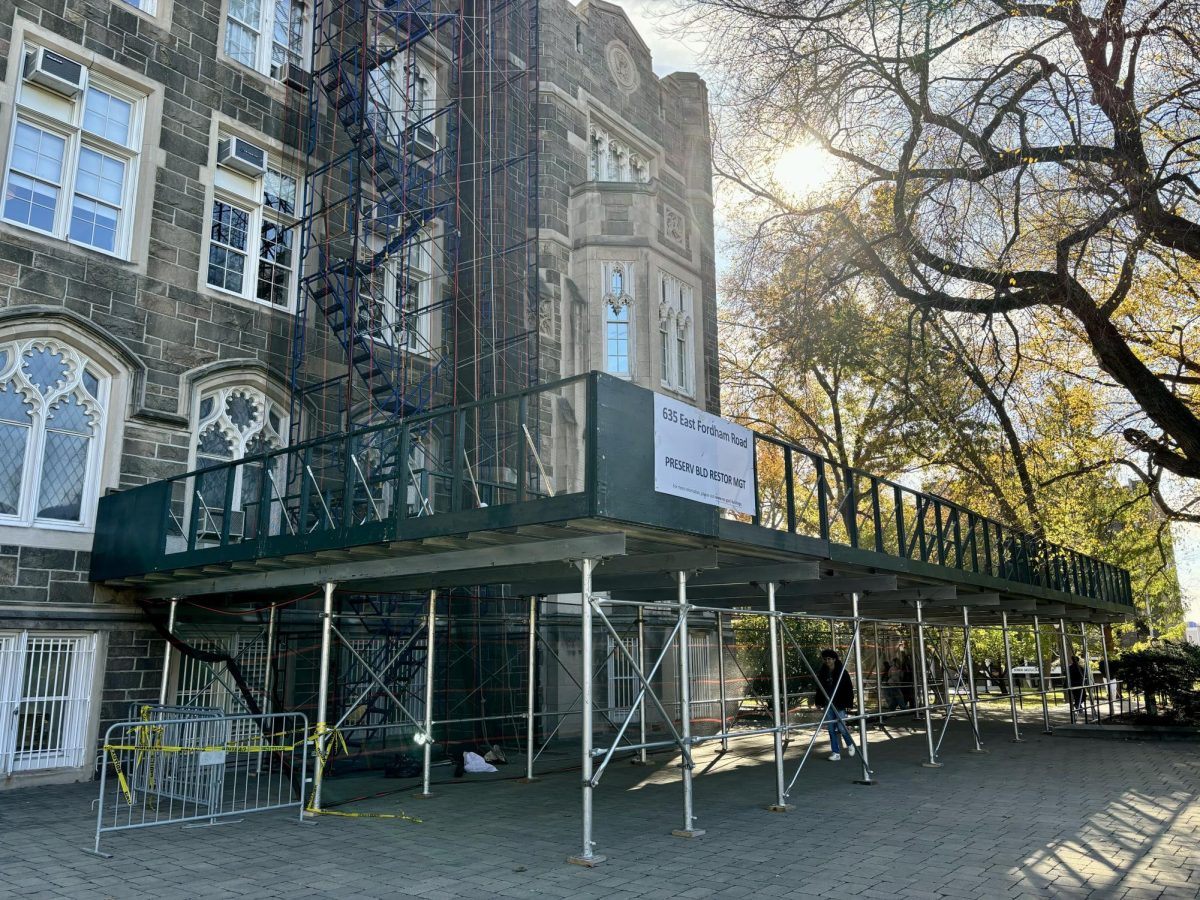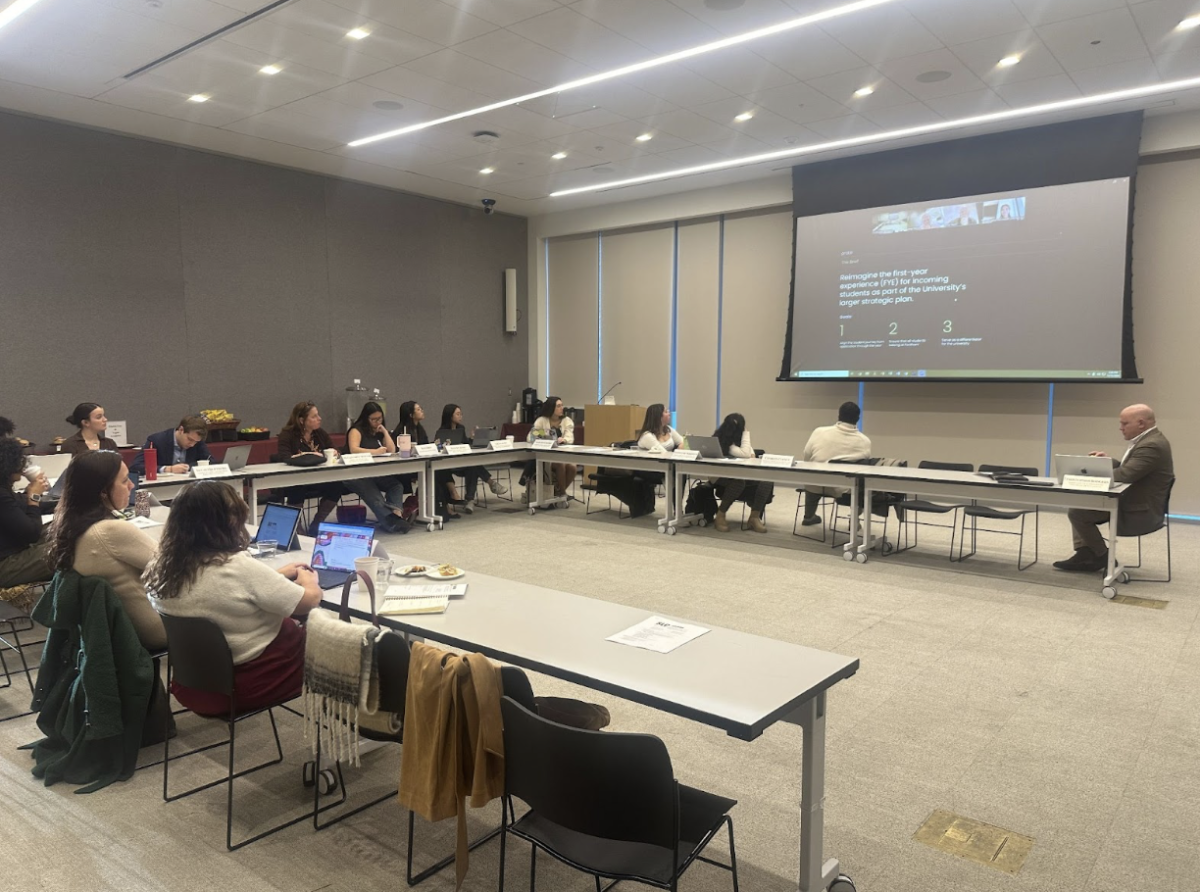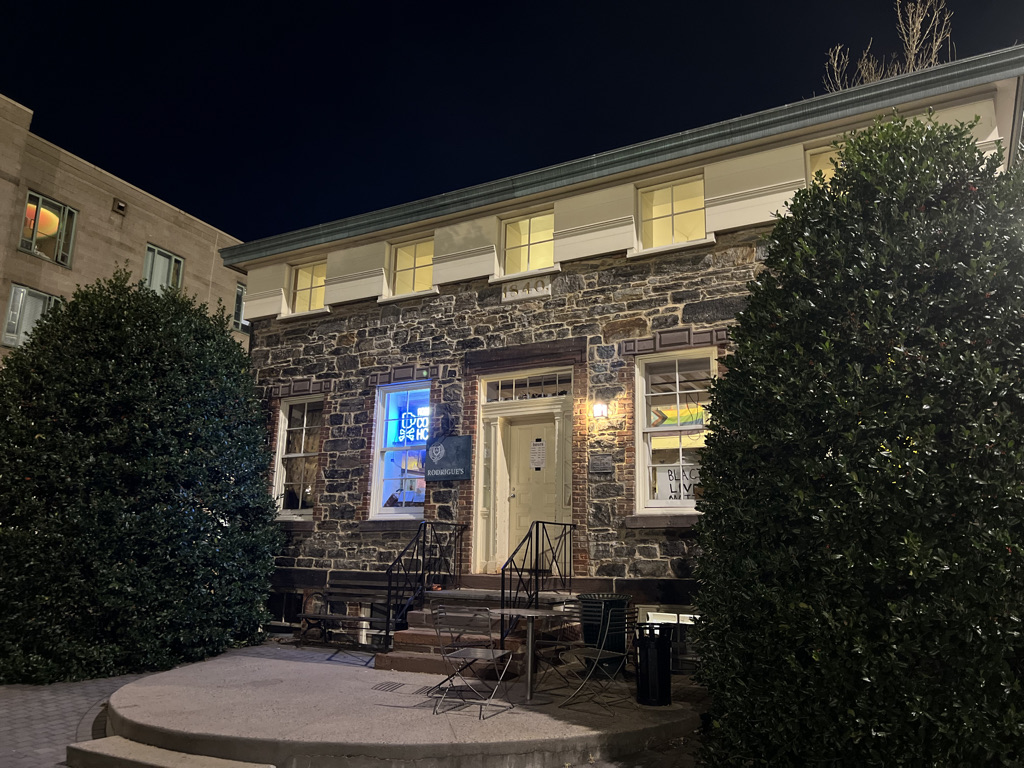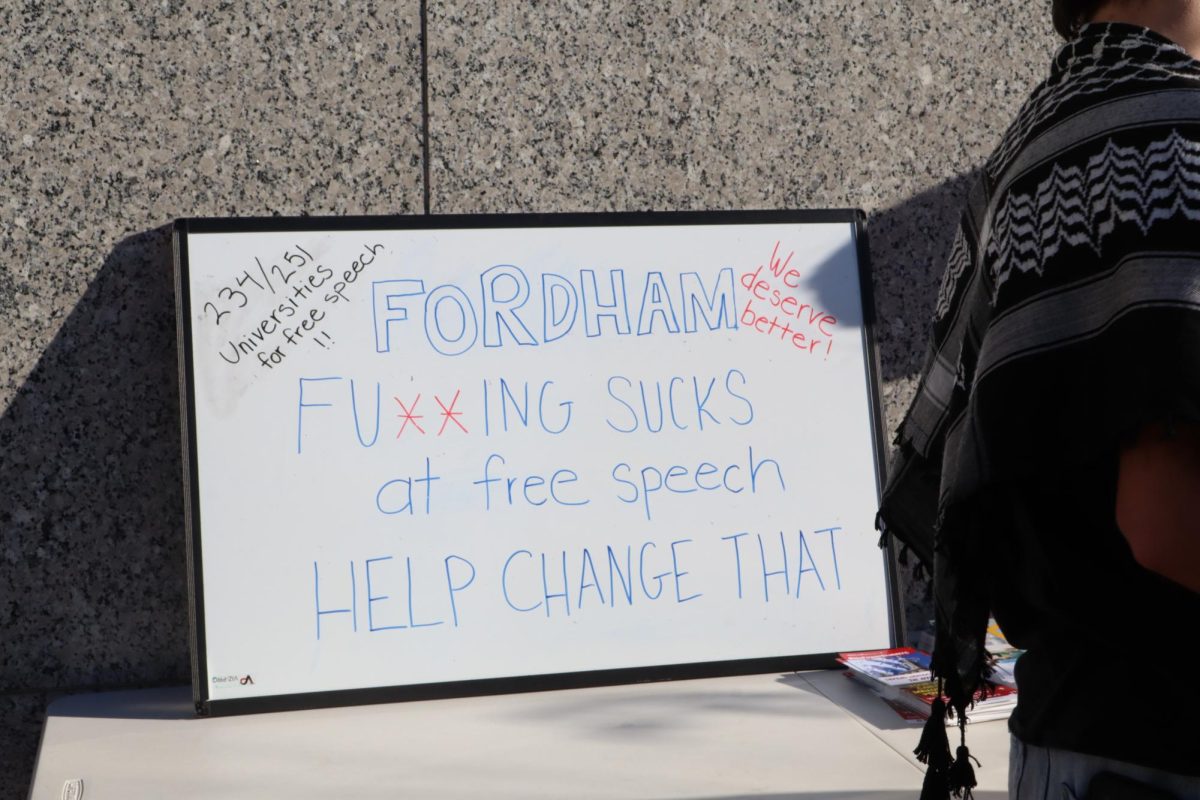By Theresa Schliep

Since 2014, journalist Chuck Todd has served as the host of NBC’s news program, “Meet the Press,” and currently acts as the political director for NBC News. Like most members of the news media, Todd has spent much of this past year covering the presidential election. In a phone interview with The Fordham Ram on Thursday afternoon he discussed the role of young people in politics and the current popular perceptions of mainstream media. Todd also outlined some of the problems he sees in the American political system.
What does media engagement look like?
It’s clear millennials are less engaged in this election. I don’t want to say engaged is the right word. For me, if you choose not to vote, that doesn’t mean you’re not engaged — you can be disgusted. I don’t want to say not voting is synonymous with not being engaged. I think millennials are turned off, and I understand why they’re turned off. I think there is a larger issue here. I think millennials have never been more engaged in some ways, in problem solving in this country and social justice. One needs only to look at the Black Lives Matter movement for one example of millennial political empowerment. I believe millennials are extraordinarily engaged and I think the two major parties have done everything they can to dissuade millennials from believing that American politics is a good calling, and that Washington is a place to go to solve problems. I think millennials look at Washington right now and see nothing getting done. I can start my organization here, build my own atmosphere, go to Silicon Valley, go to a million other places to fix a problem I think needs fixing, but I go to Washington and get stuck. This has got to change, because the lack of millennial innovation and millennial engagement in our political process right now is very dangerous. I’ll give you a statistic that has been haunting me for a year now: The federal government work force is only seven percent under the age of 35. What does that tell you? The best and the brightest don’t see Washington as a destination anymore. In 1989, when I was looking at schools, I applied to every school in the DC area. I wanted to go to Washington, I was obsessed with going. It was a draw to me, and I don’t think I was alone. There isn’t a compelling draw right now. I understand that there isn’t. One of the “criticisms” of millennials right now is impatience. I kind of see it as a positive attribute. I’d like a lot more impatience from Washington. I think millennials don’t view Washington as a place to solve problems, so why do we expect them to be engaged? In the millennial mind, you might think I may prefer Clinton over Trump, but is she really going to get anything done? You might be less offended by Clinton than by Trump personally, but I think that millennials have higher expectations for what they want out of political leaders. Politicians have failed that test big time.
Does this apply at the local level?
Of course it applies. Congress is broken. That counts double for Congress.
What do you think is the issue most important to millennials?
I’ll give you one that I don’t think is getting talked about enough: Governing reform. Before we have to solve problems, we need good infrastructure. Our political infrastructure is totally rotten, our voting methods are a mess. Politicizing voting, voter ID laws, we’re still technologically behind in civil engagement. The way we fund campaigns, the way congressional districts are drawn, the way Congress is organized, the way the whole government works — we need a massive overhaul. The point is, our bureaucracy is stagnant and broken. Sometimes you have a house that you can knock down but use the same old foundation and rebuild. There are some parts of the government that need rebuilding. We just need the guts to say we’re gonna knock it down. Government does not appear responsive and innovative. That has turned off millennials, and turned off the country as a whole.
Has that resulted in the popularity of non-traditional political campaigns?
I’ve talked to people who have said “Trump offends me, but I’m voting for him.” I had a person say to me, “Donald Trump is my middle finger to you,” meaning the media and the whole political press. That’s what has kept Trump afloat. Any other candidate would have been chased out of the race right now. Trump is a protest vehicle. I think political leaders in Washington survive this, and don’t realize this, and say that Trump was an accident of history and once Trump goes away all of this goes away — no. We need to address the concerns of the Trump voters. I think that is something that if Hillary Clinton wins, and she doesn’t truly make every effort, we’re not going to fix this anytime soon.
Do you think the media has done this election justice?
I always answer this question with, “Can you define media for me?” How did InfoWars get mainstream? Yes, we are somehow, and this is mostly the fault of some on the right who have let this happen, we have mainstreamed too much innuendo, agenda-driven journalism — which isn’t even journalism. It’s a way to push an innuendo. I hear the criticism that the media has failed. I think some of this fault lies inside the two parties, I think some lies in each individual news organization. I can defend a lot of our coverage, but don’t make me defend what brand x and brand y are doing. I am glad to work at a news organization that does not make me do some uncomfortable defending. I think its very dangerous when both sides hit us and say we both have failed, because it has led to all media being distrusted. Eventually, they’re not going to listen to you at all. I think transparency and openness are important. I can only be responsible for what I do, and I do my best to do that. We all try to help each other, and we can kind of earn credibility back one viewer at a time. We mainstreamed the need for fact-checking, and I will take that as one positive outcome of this election.


